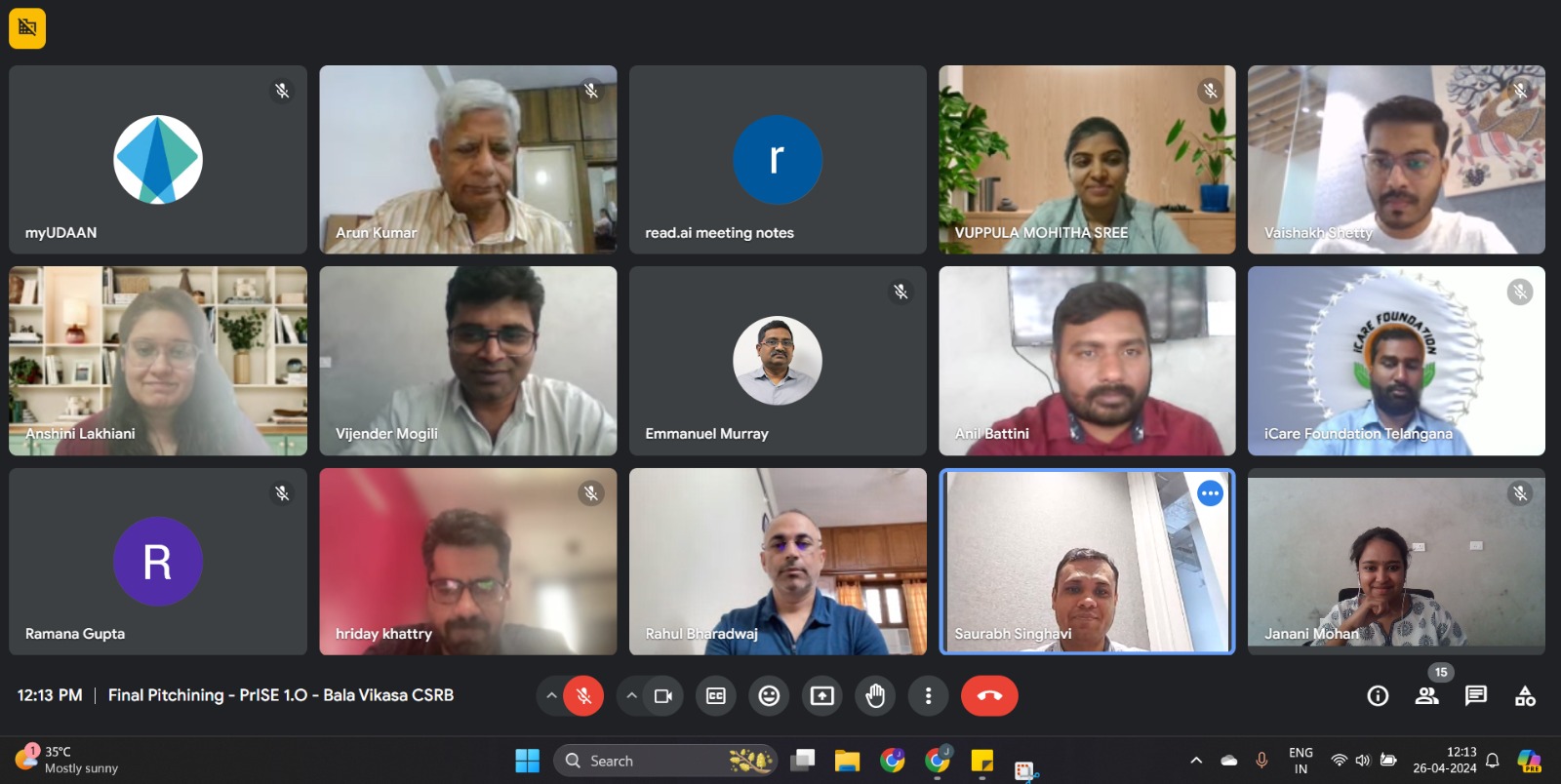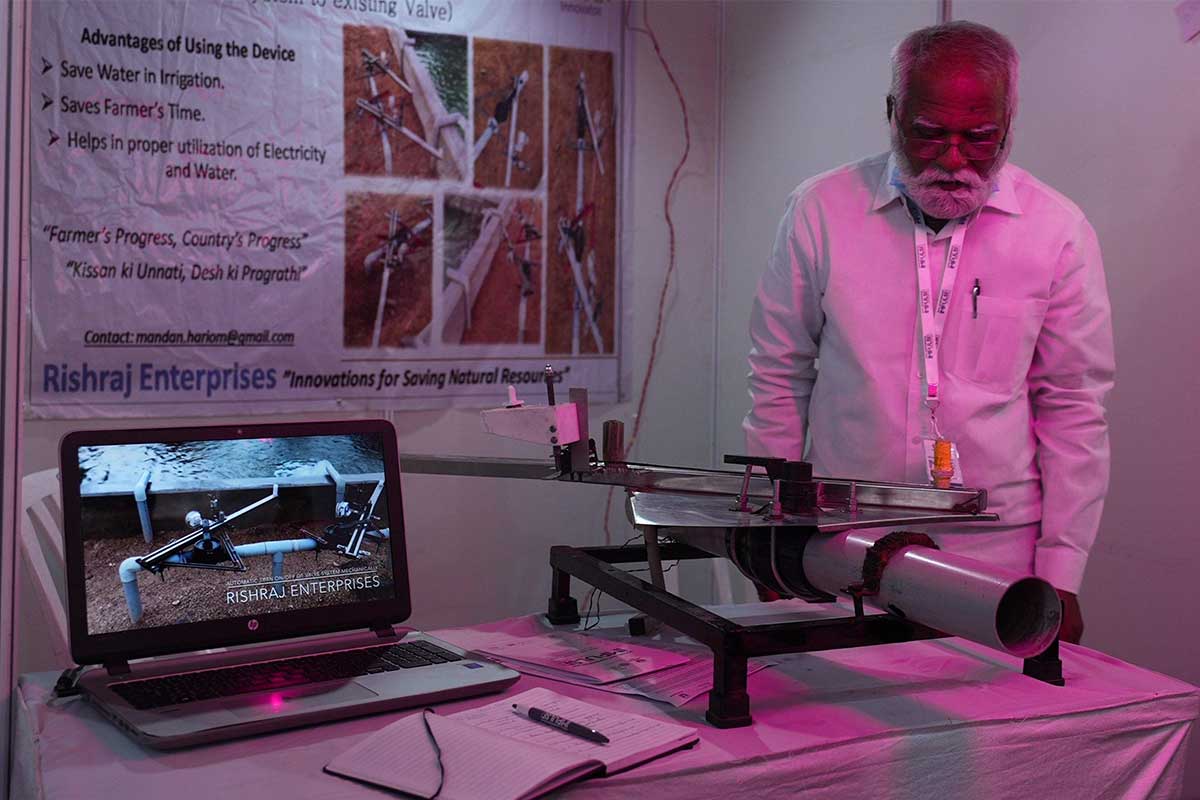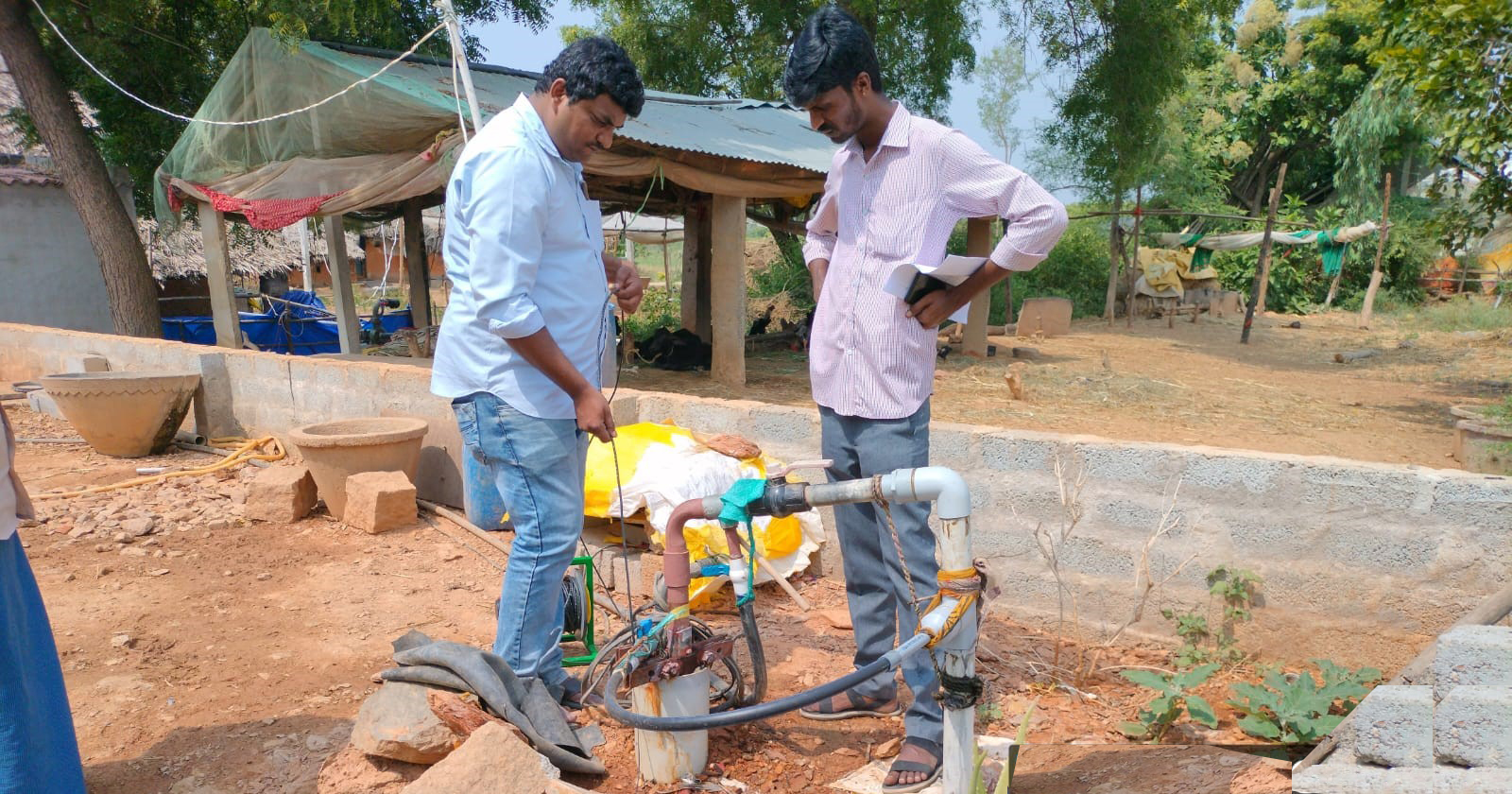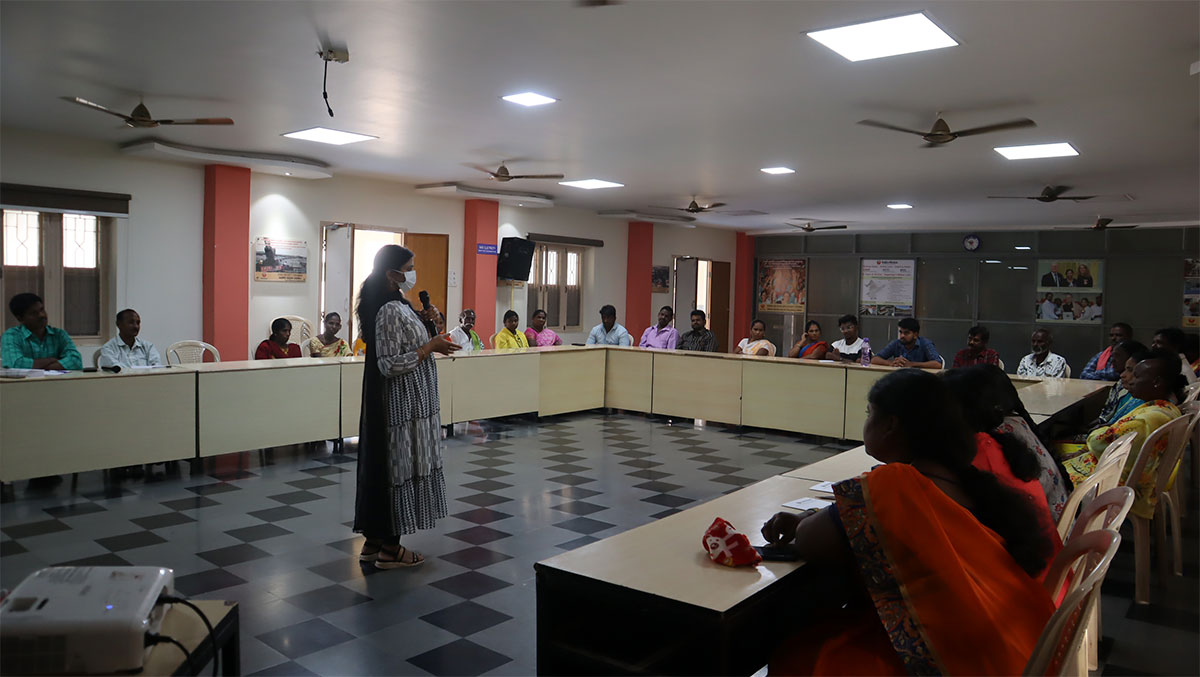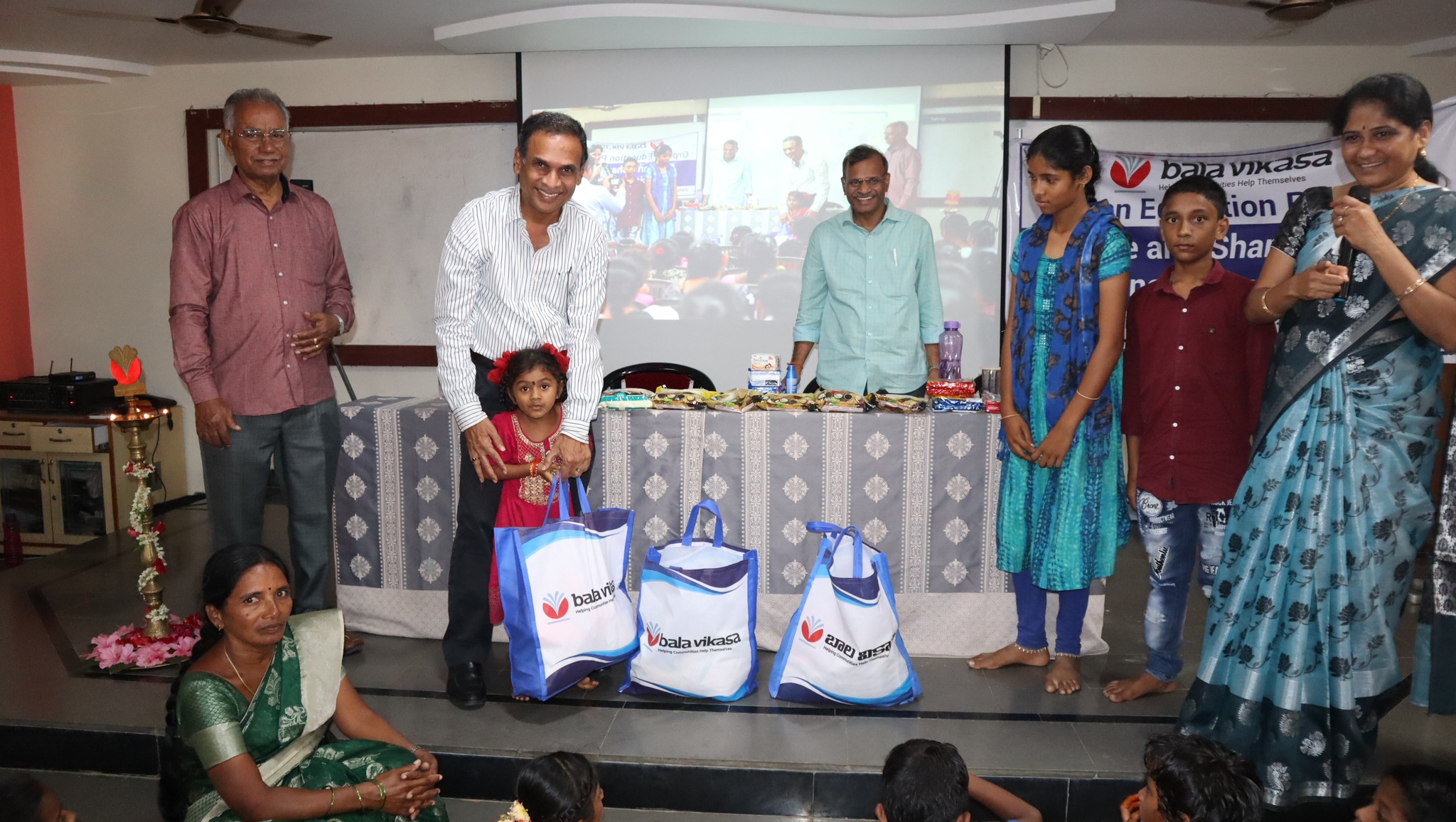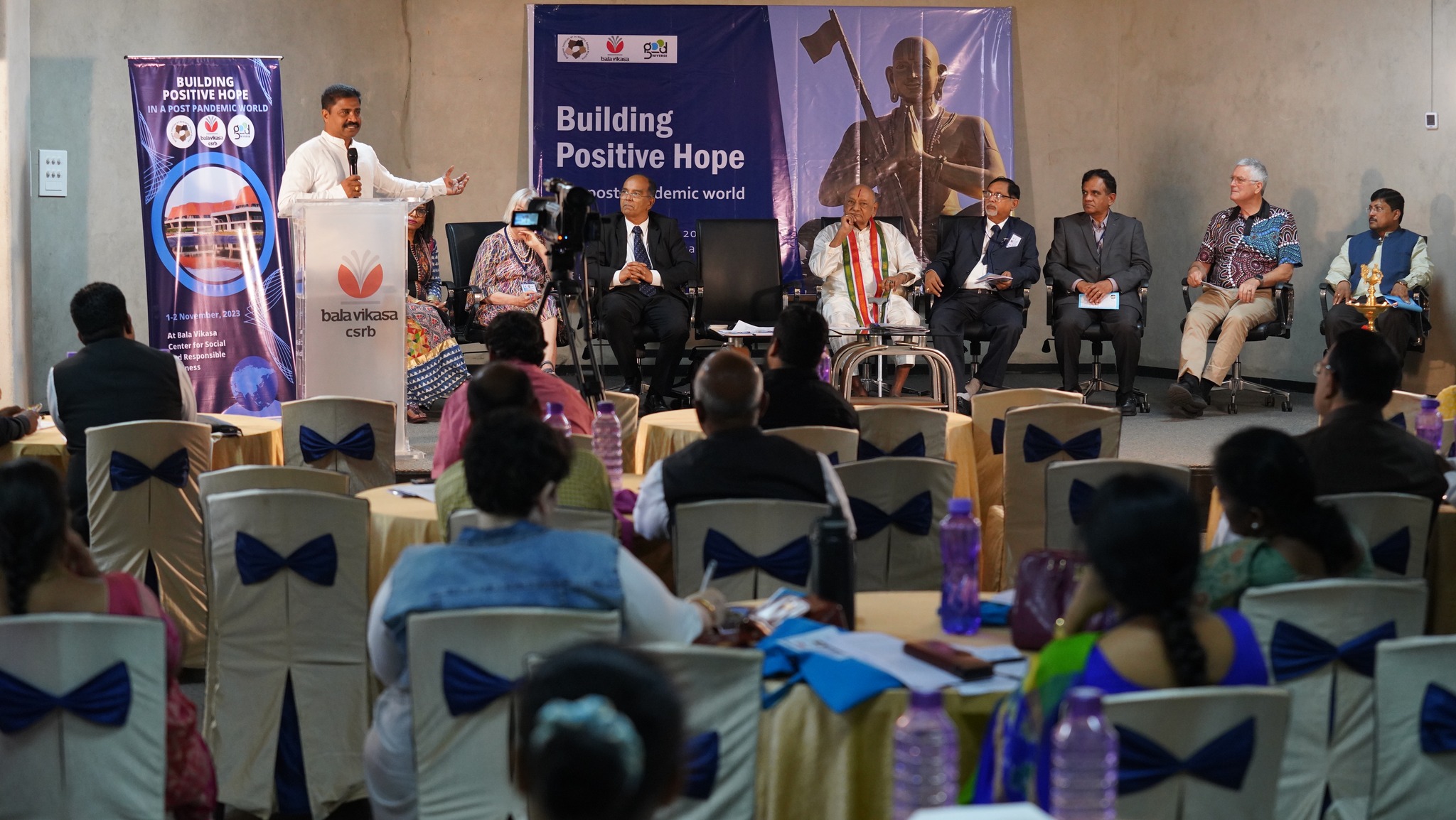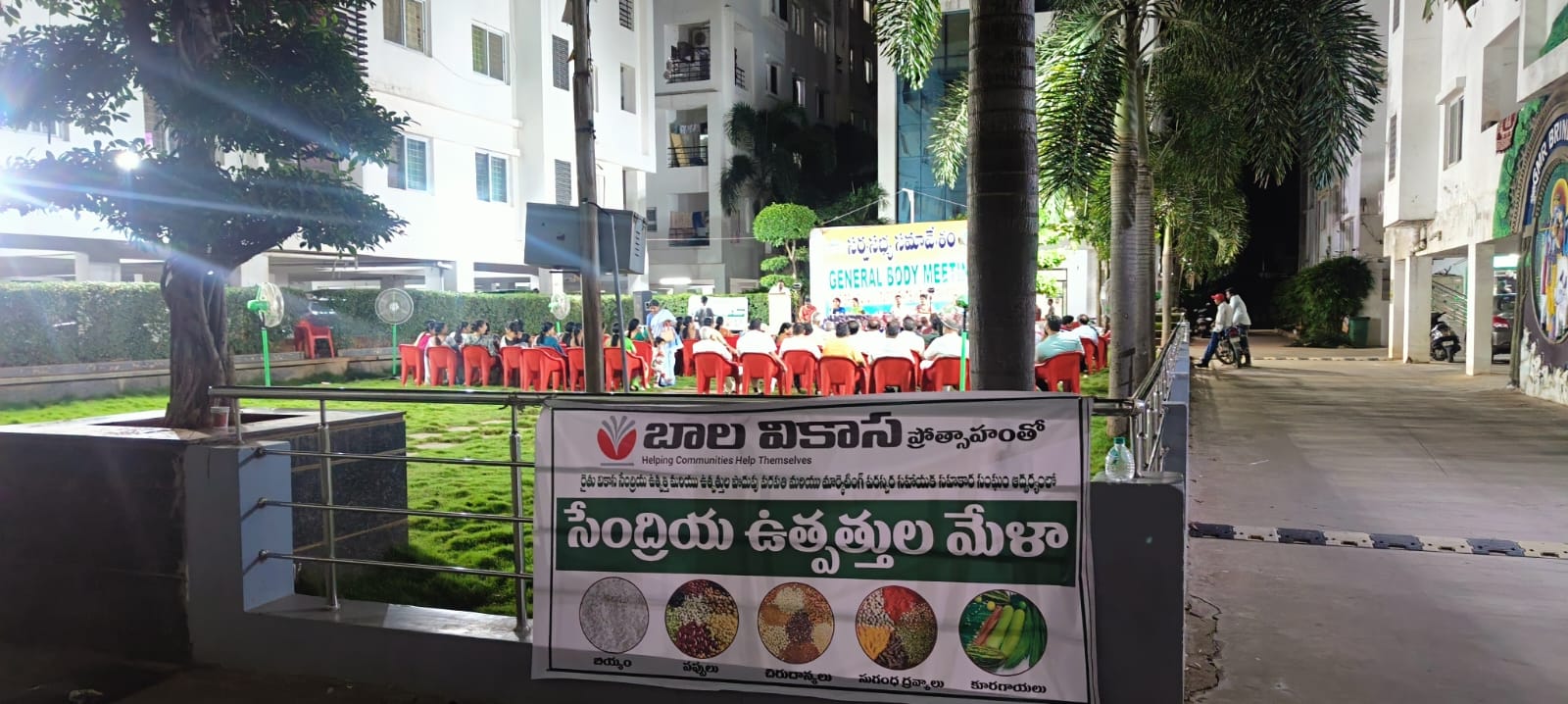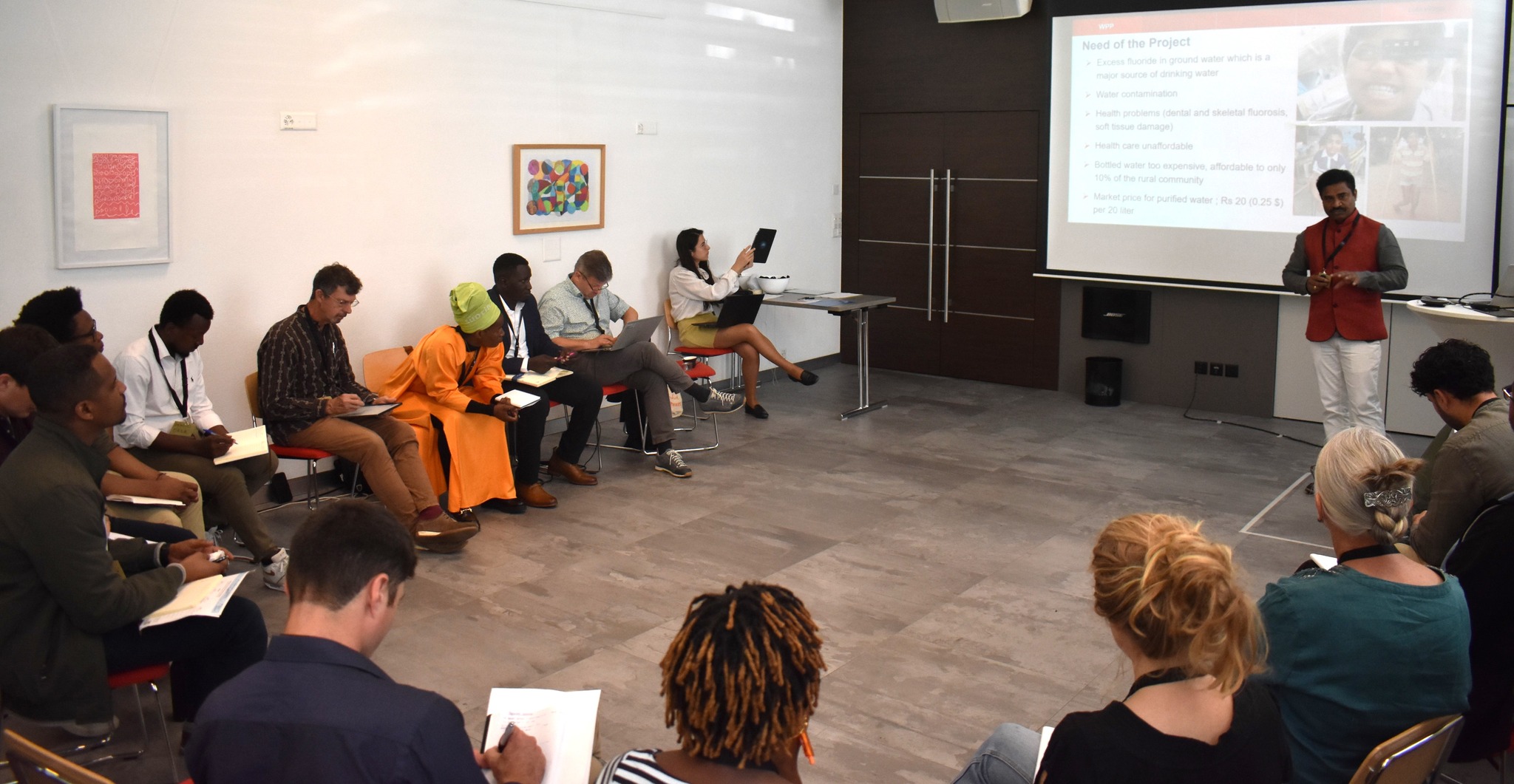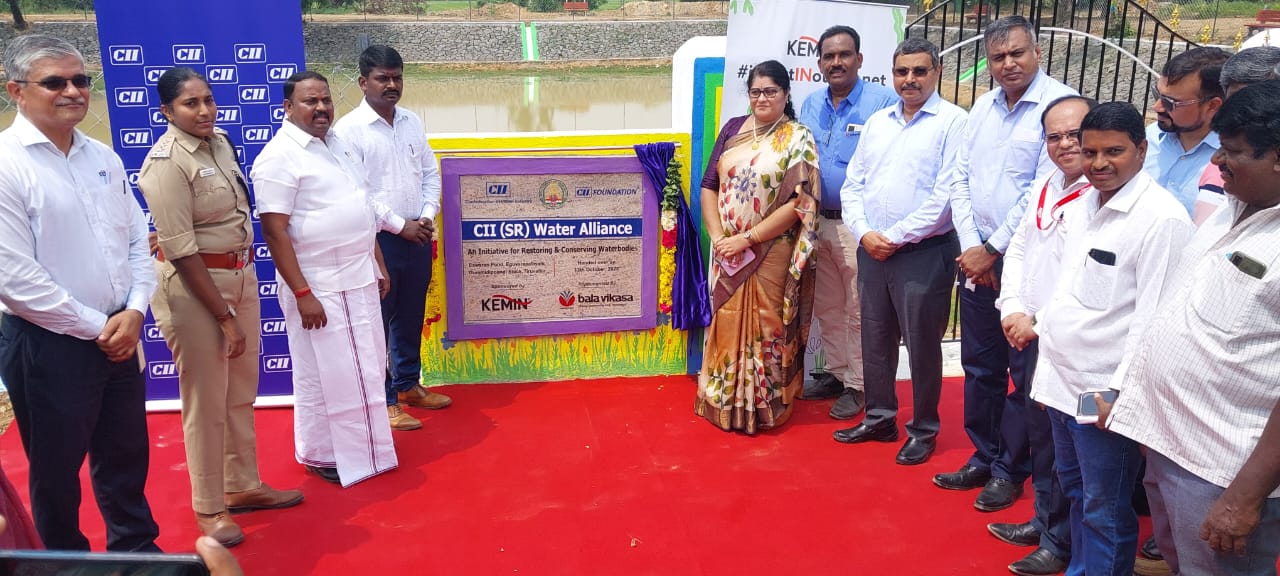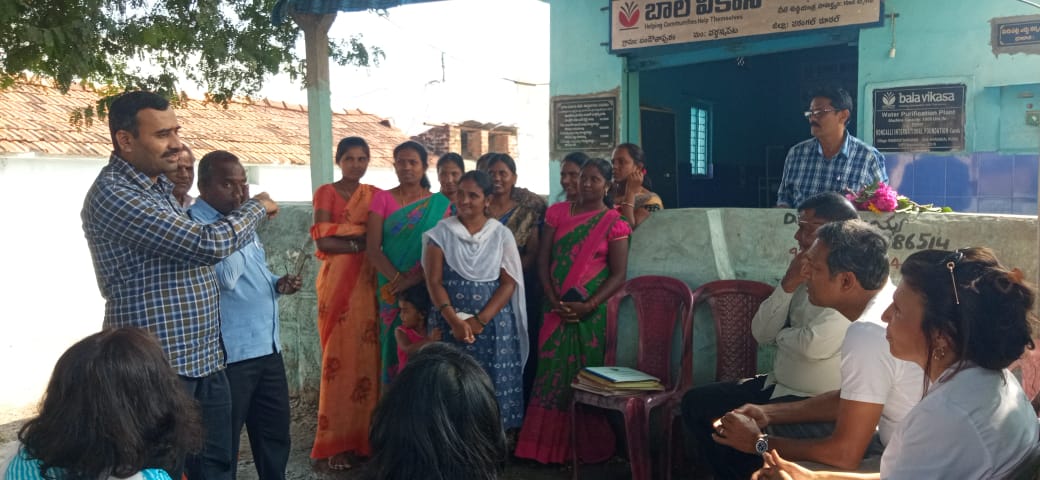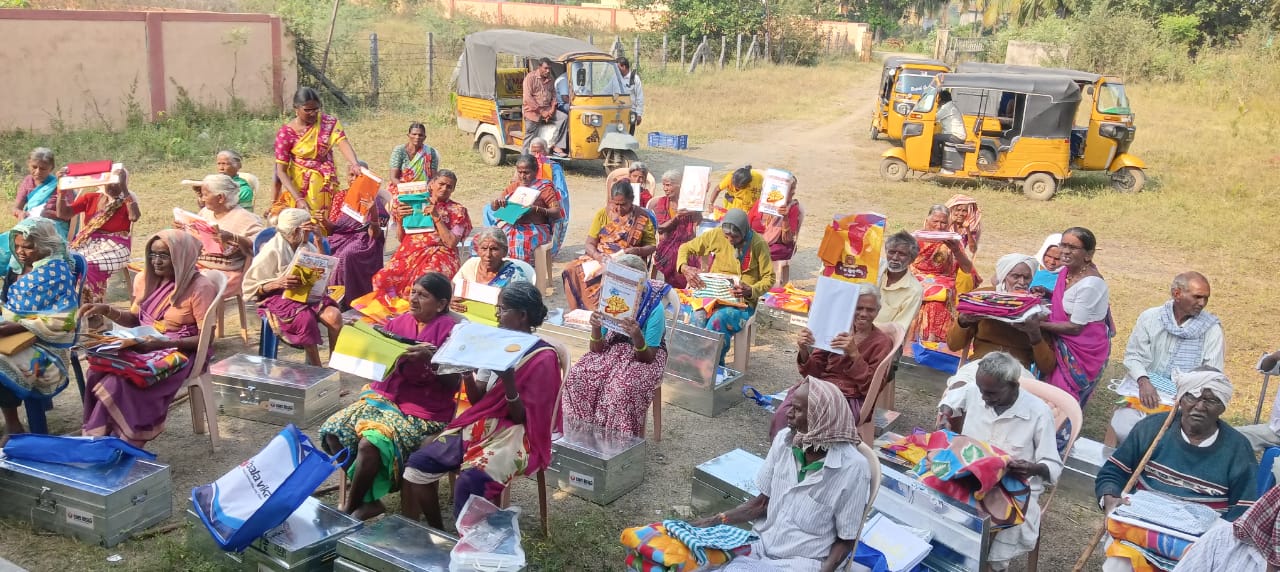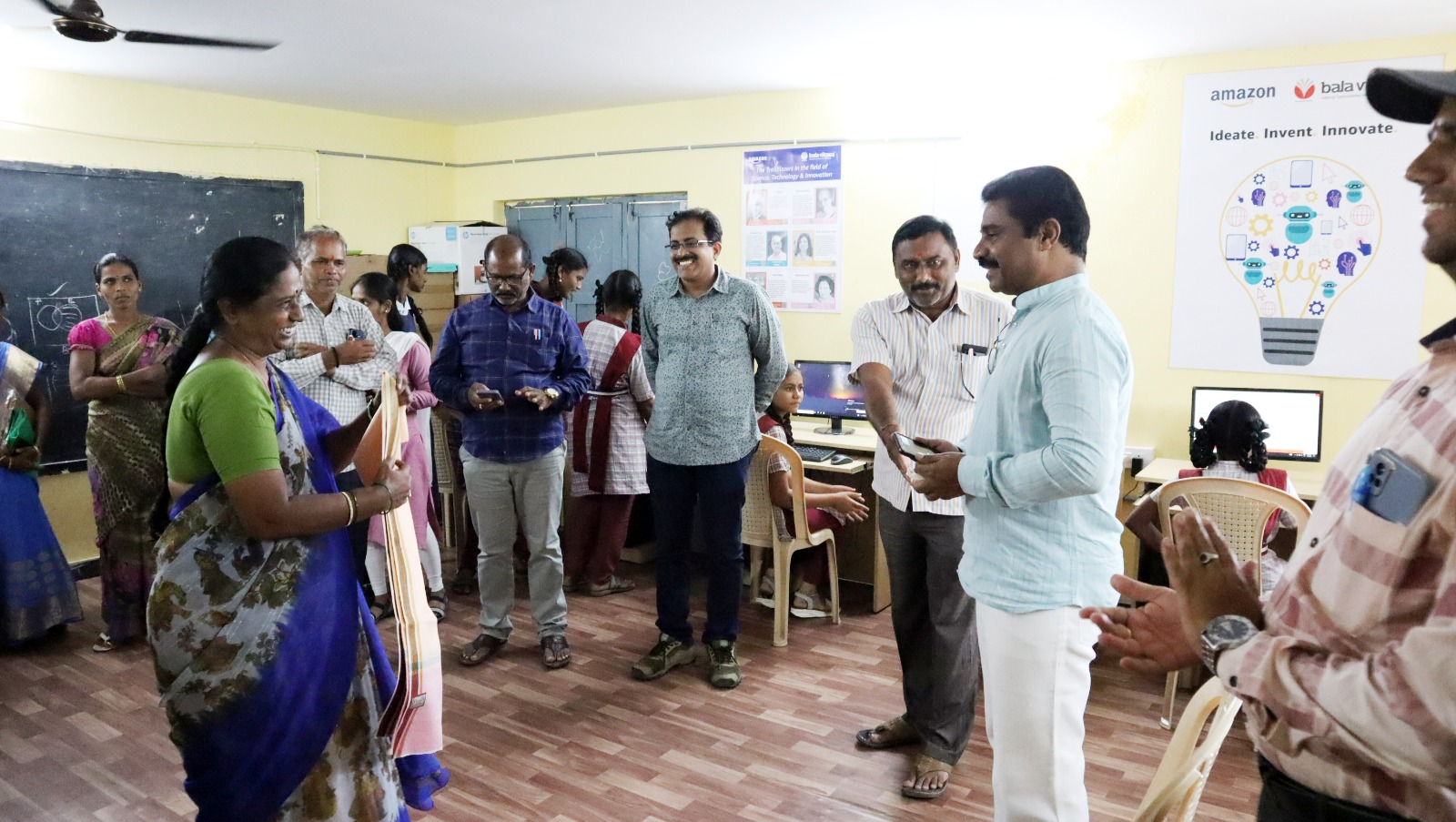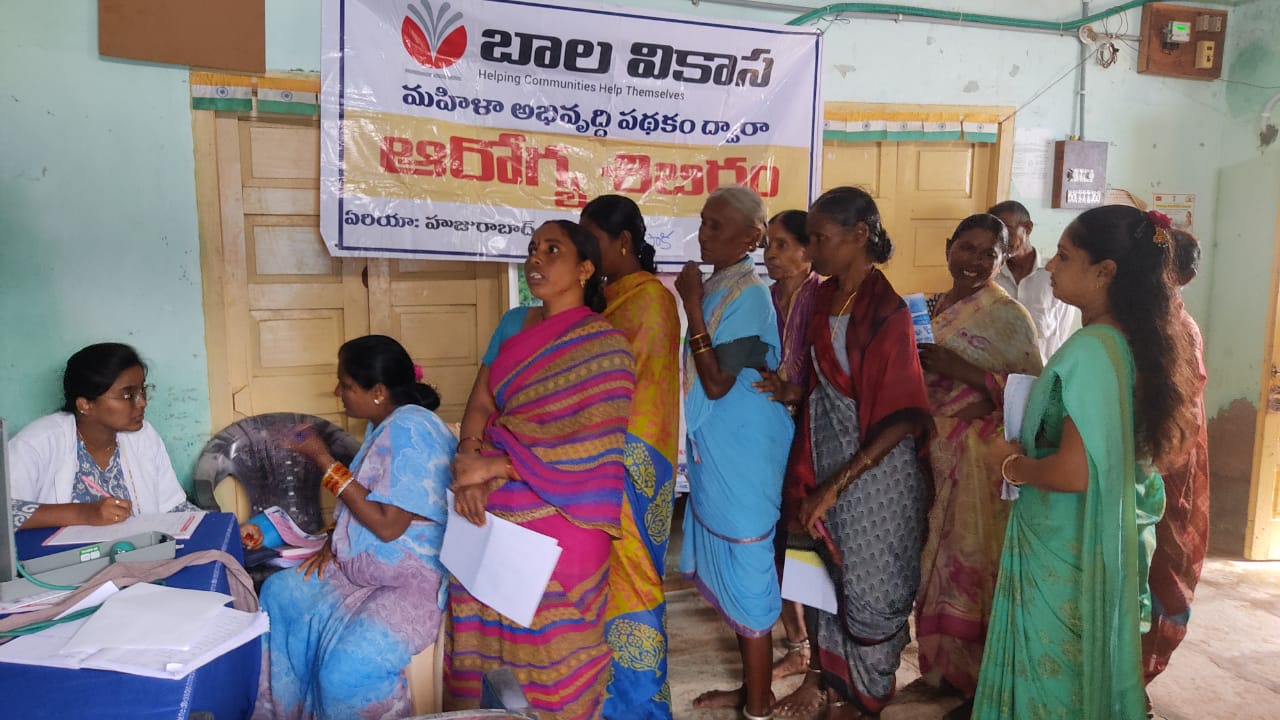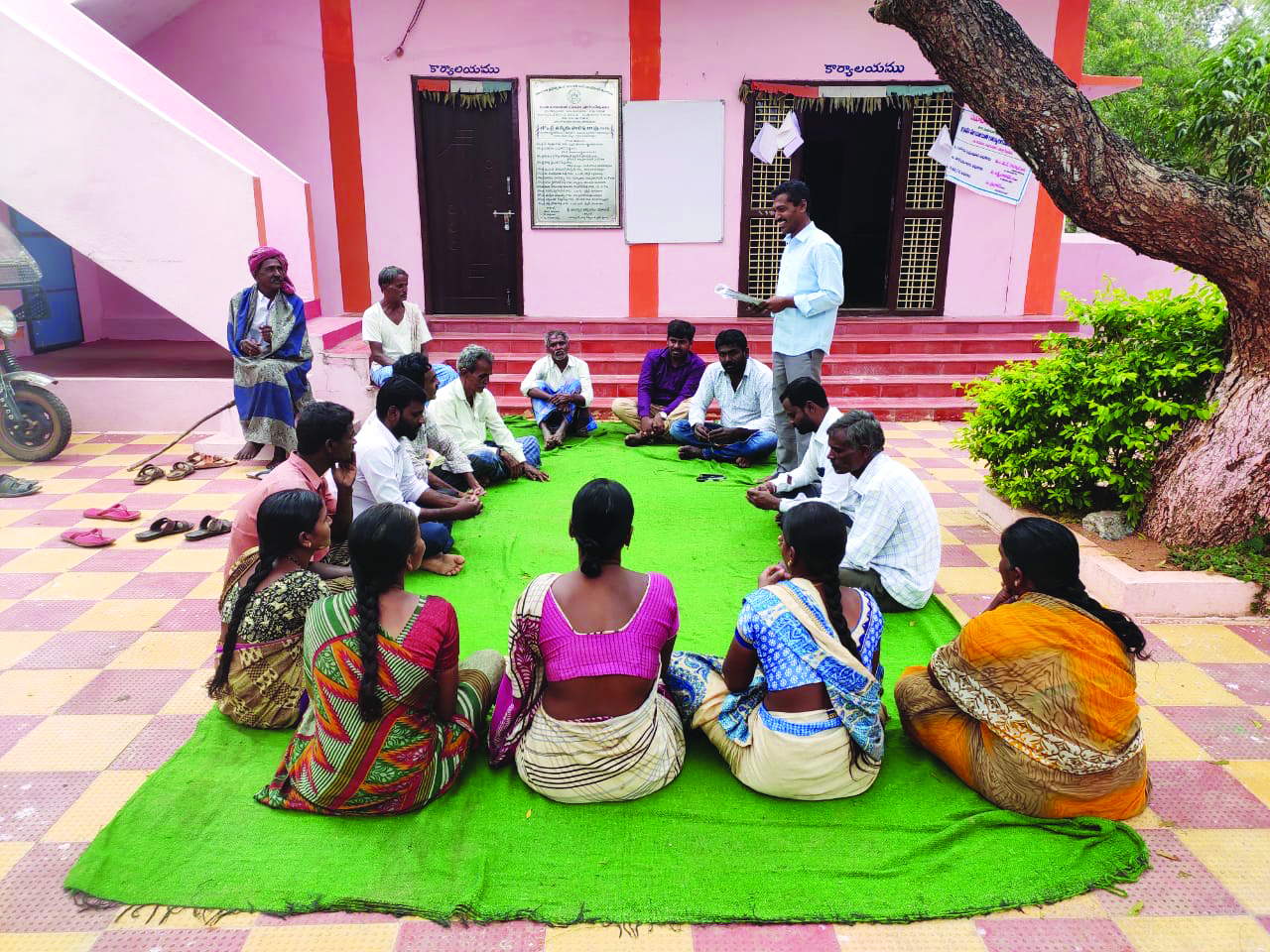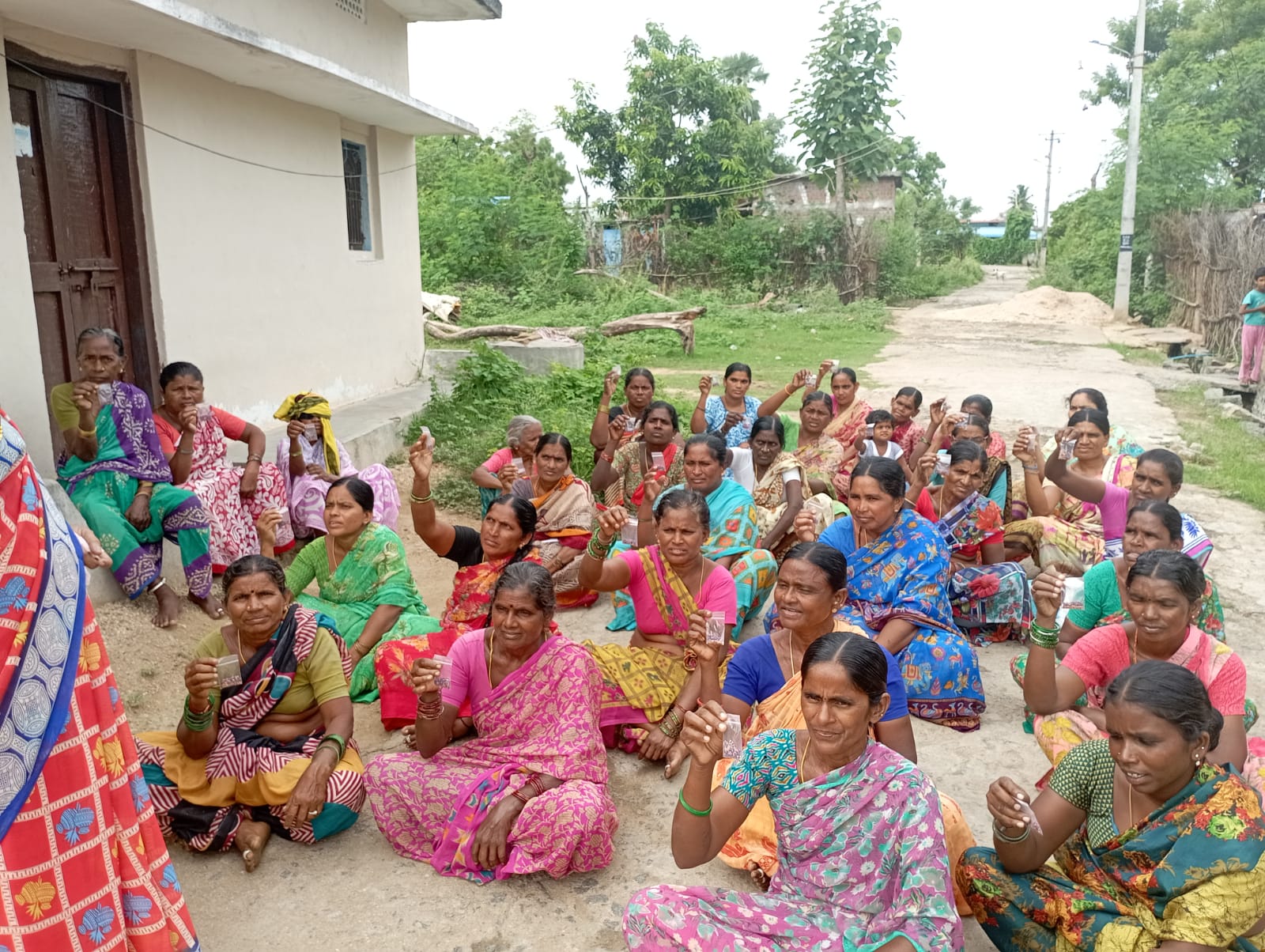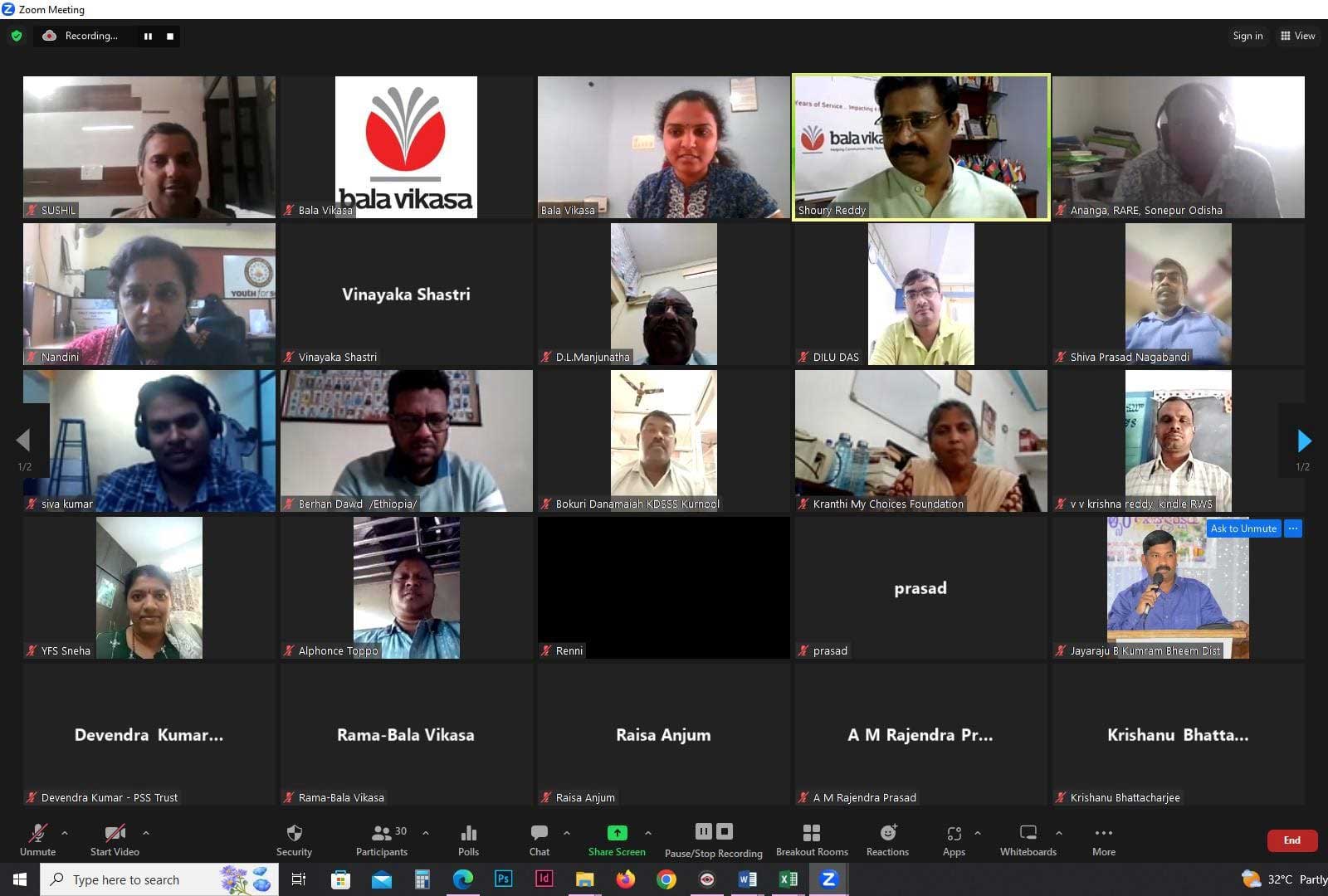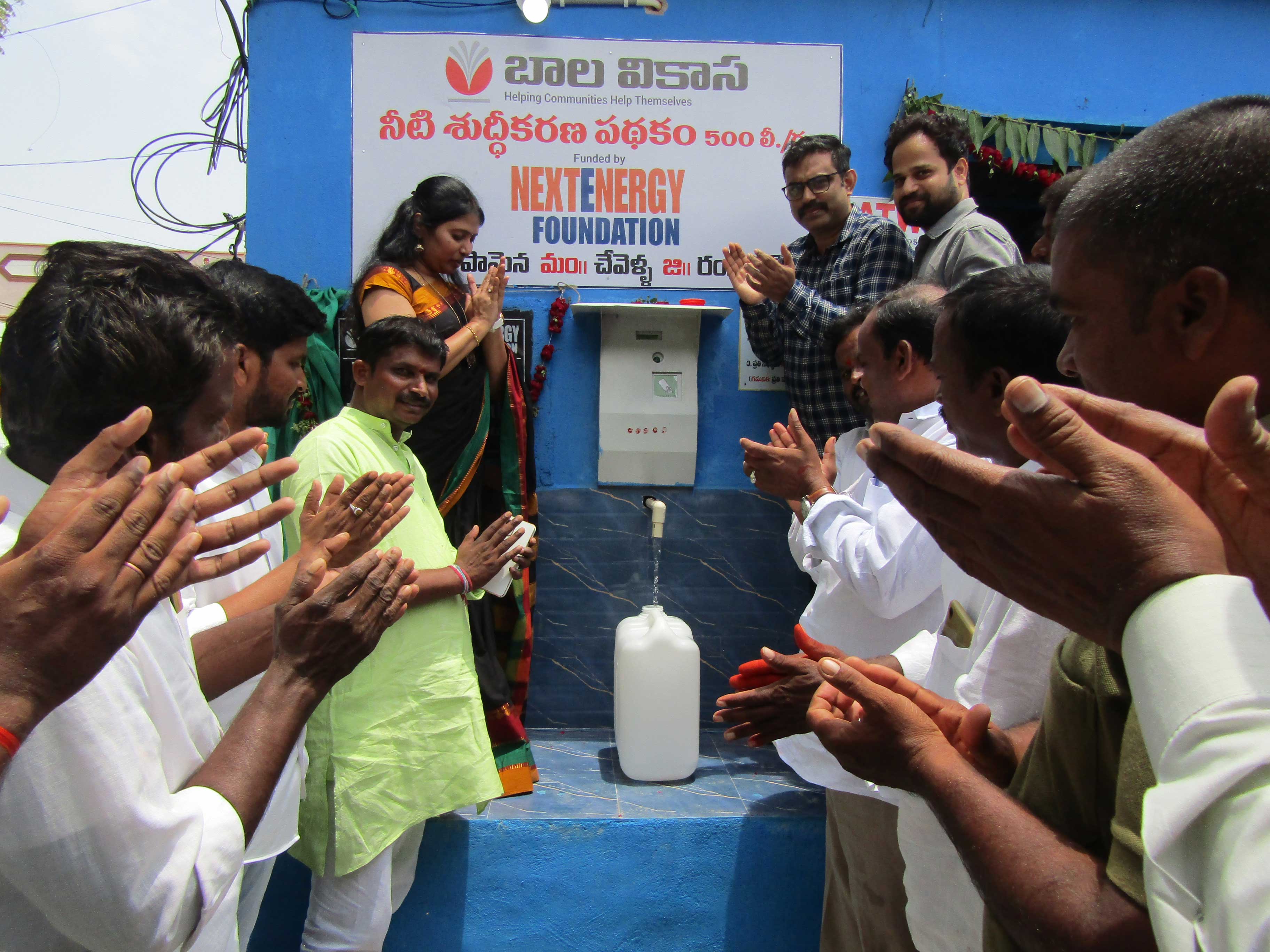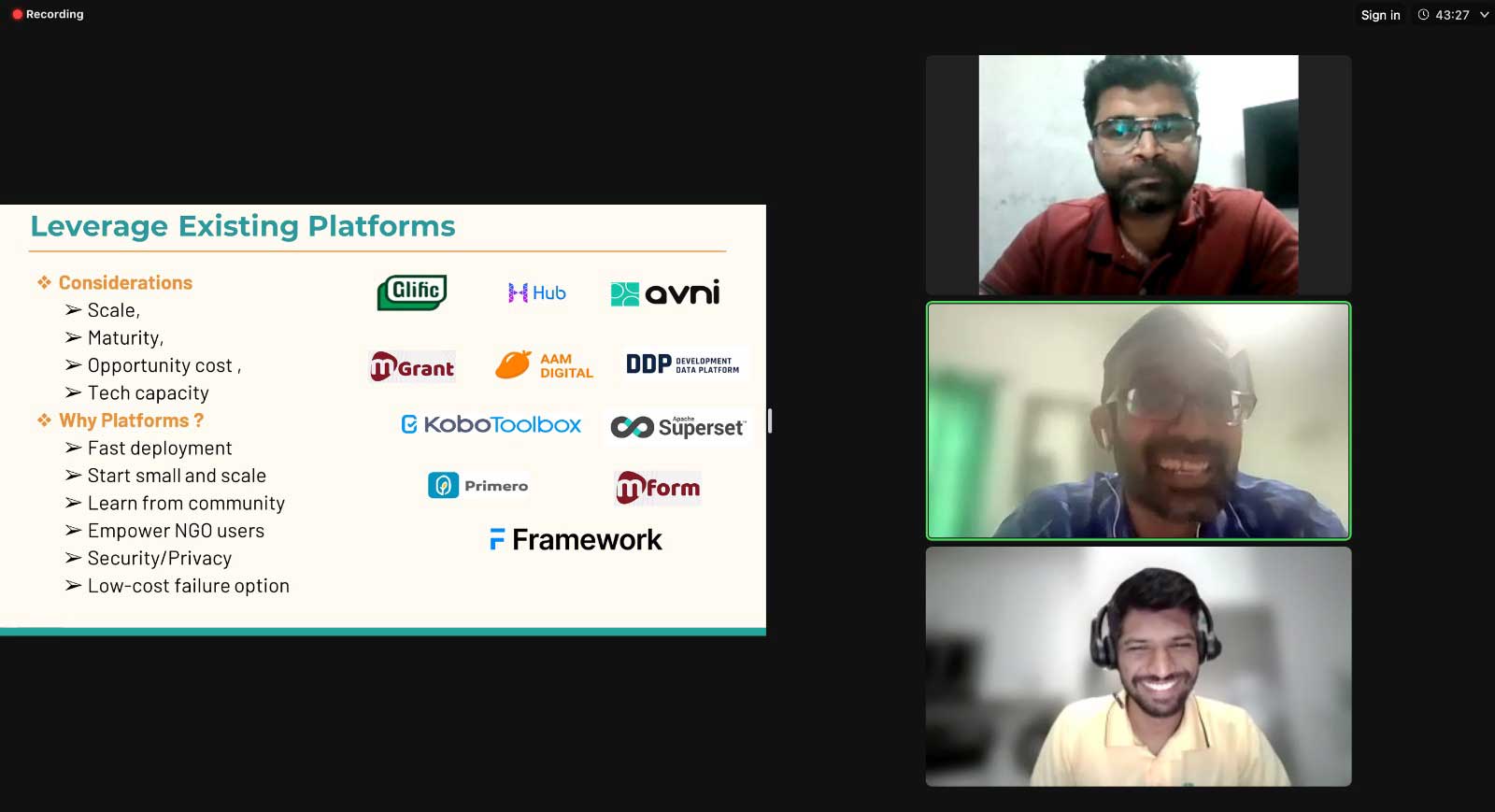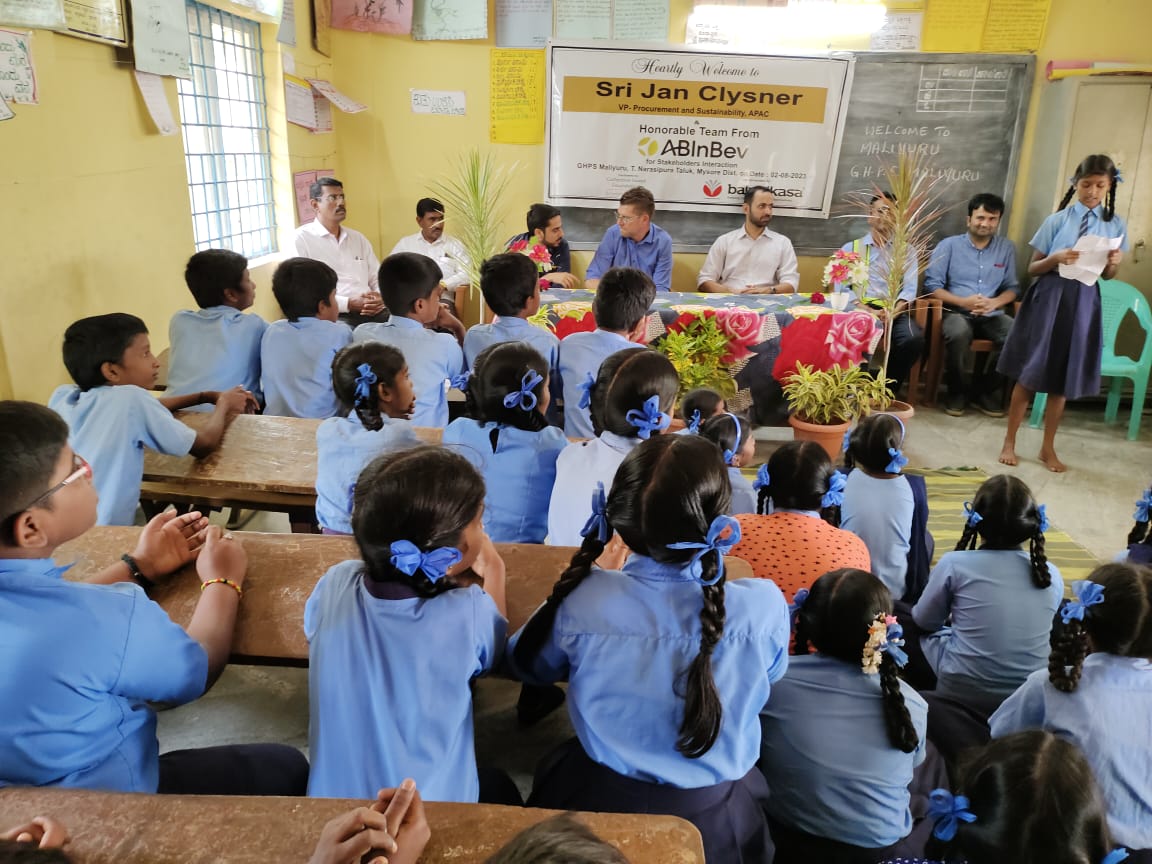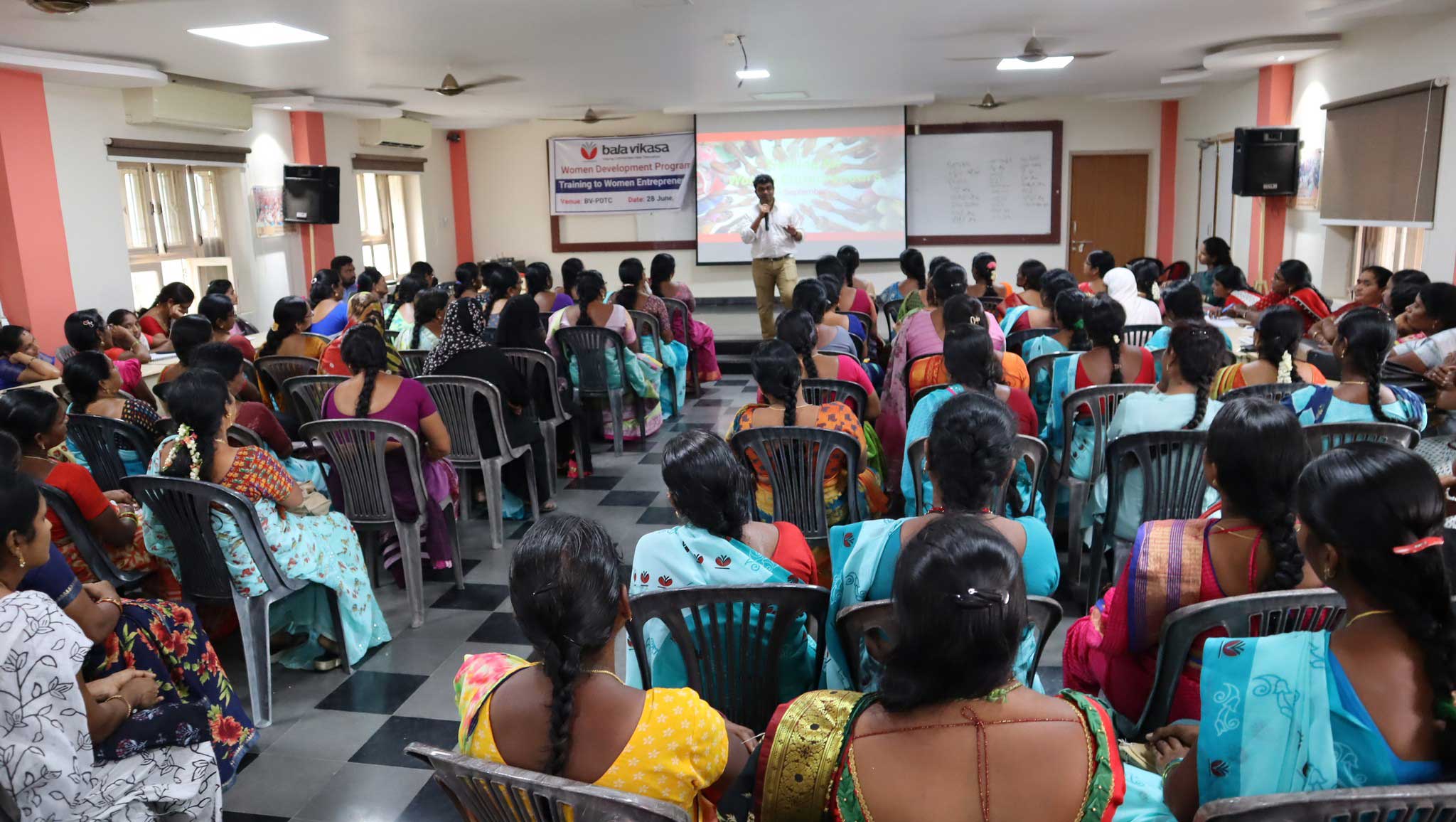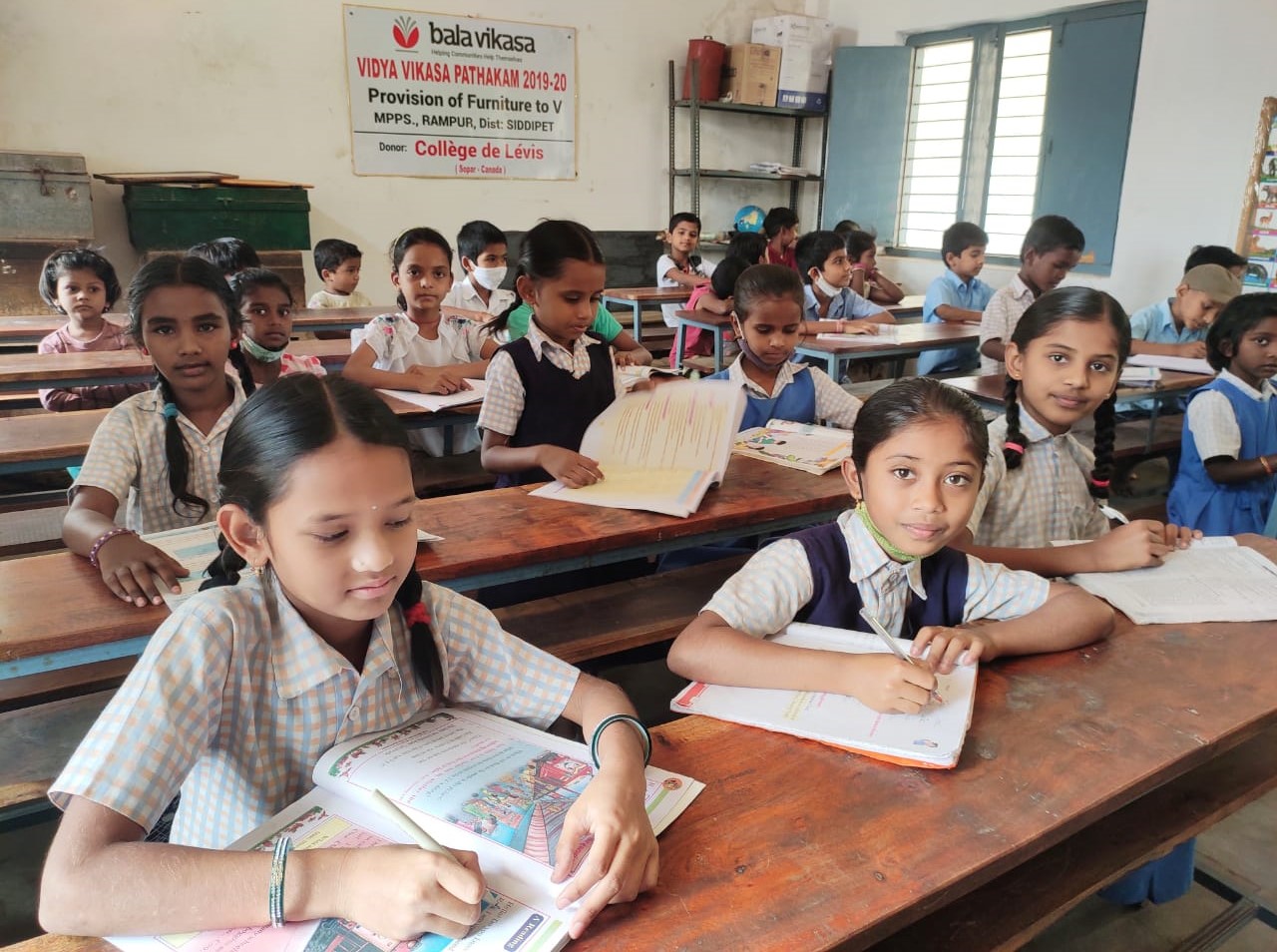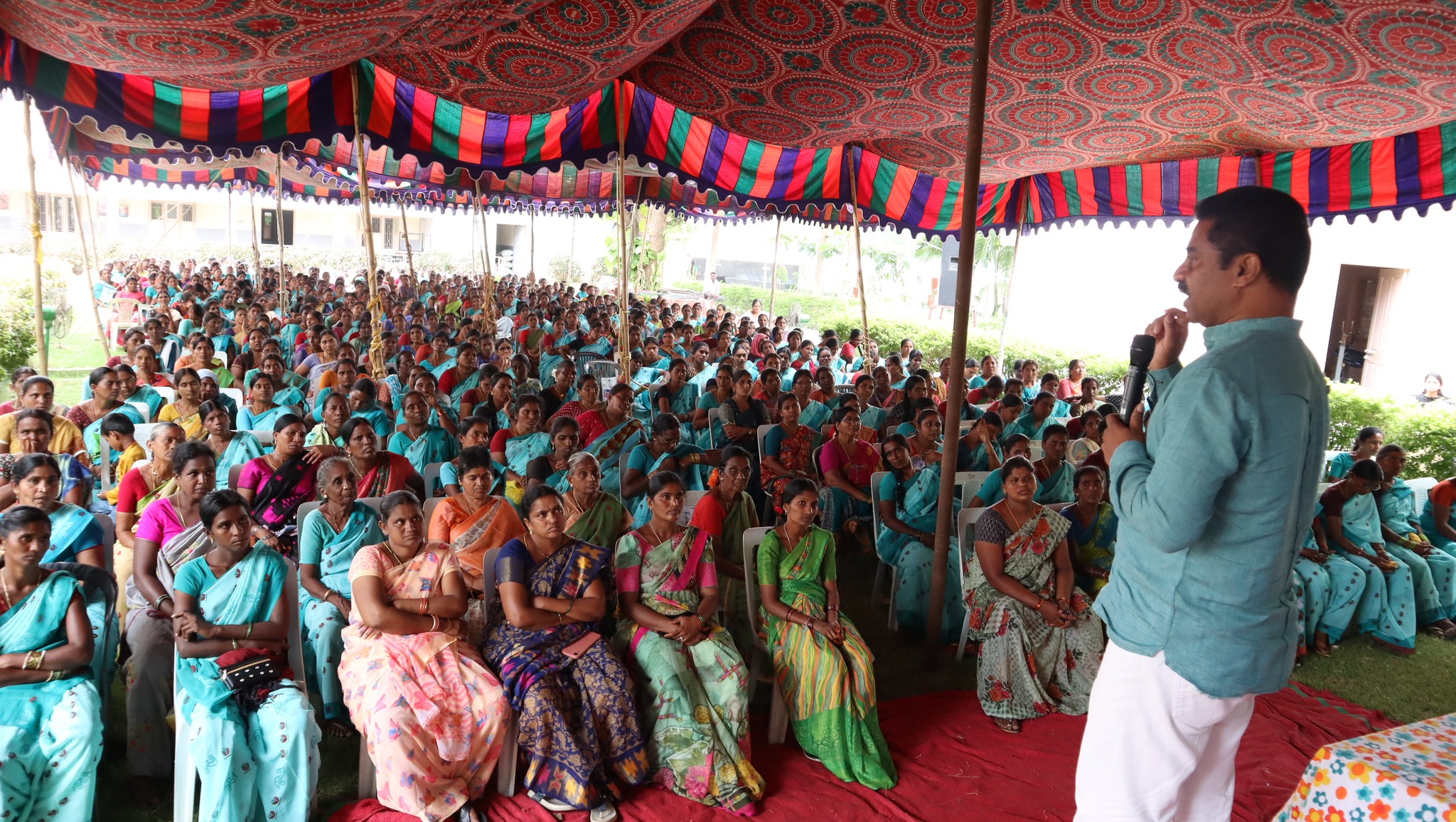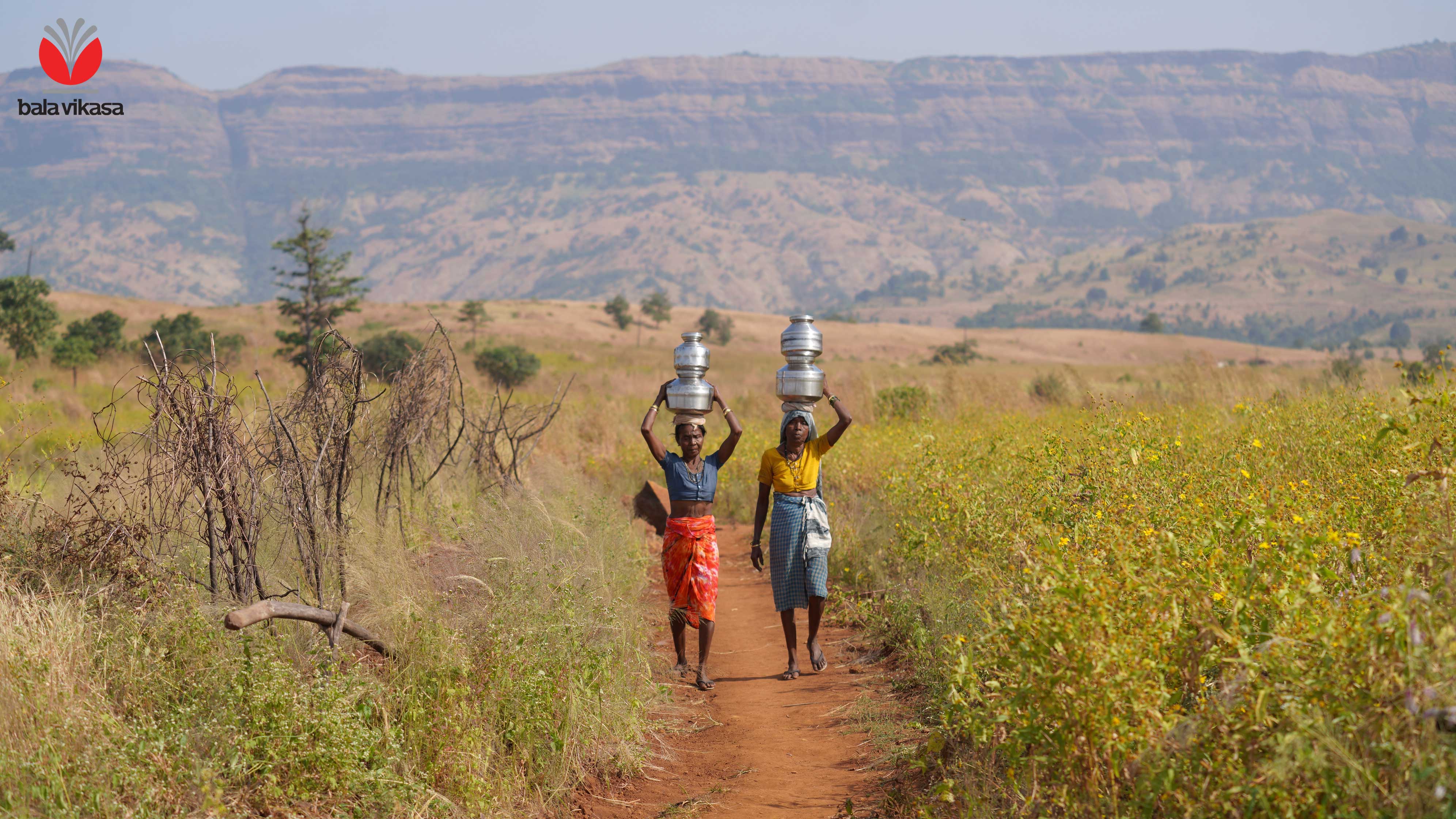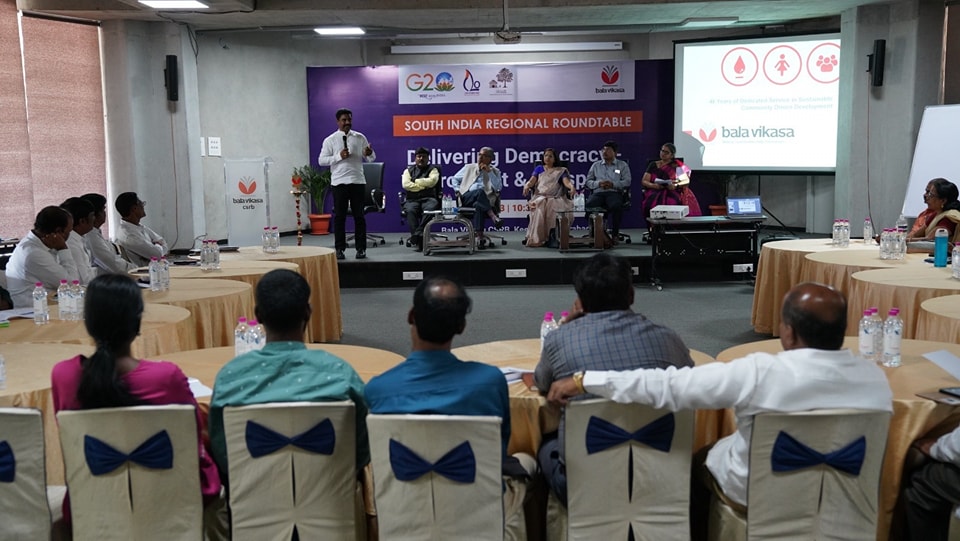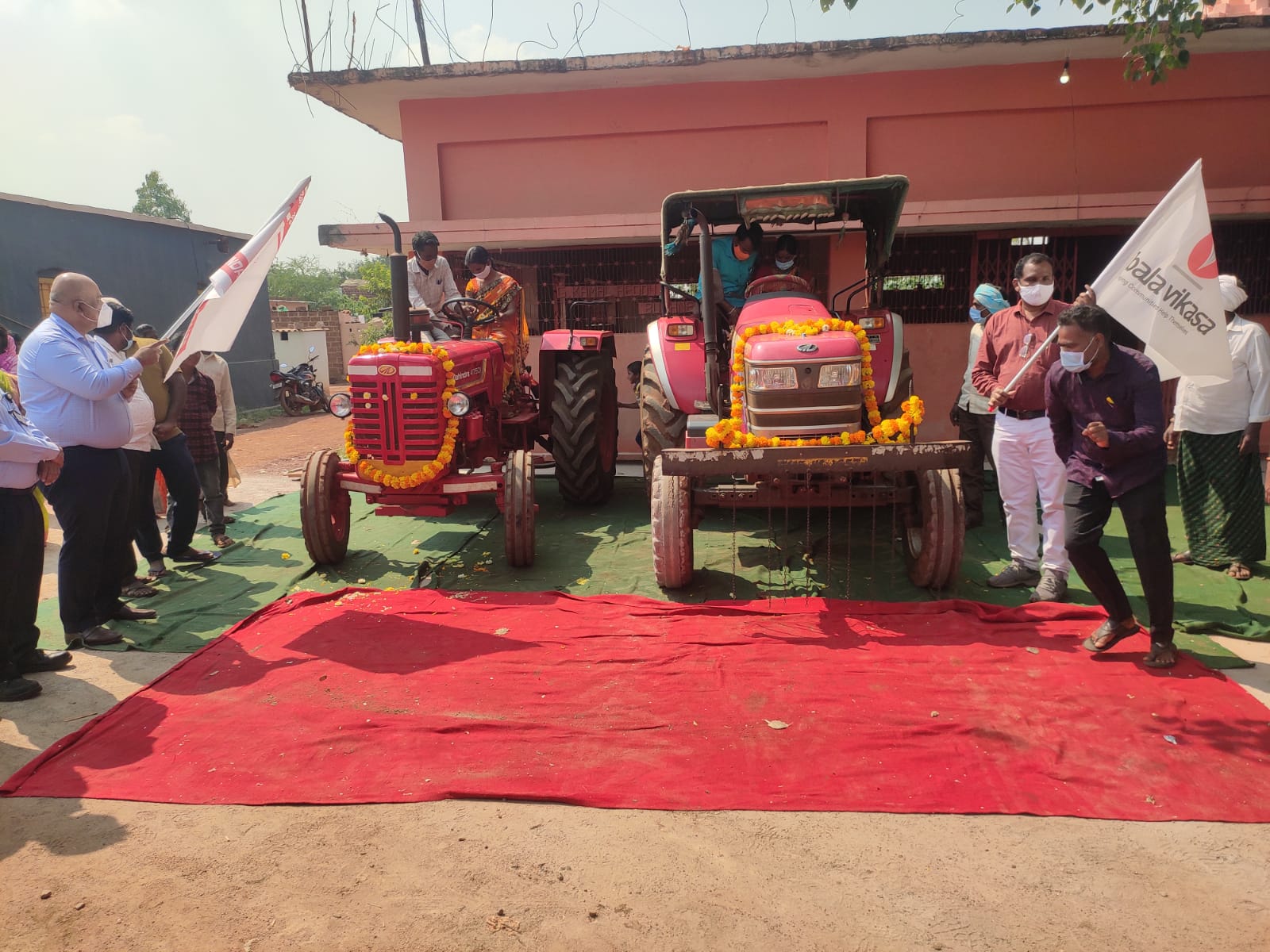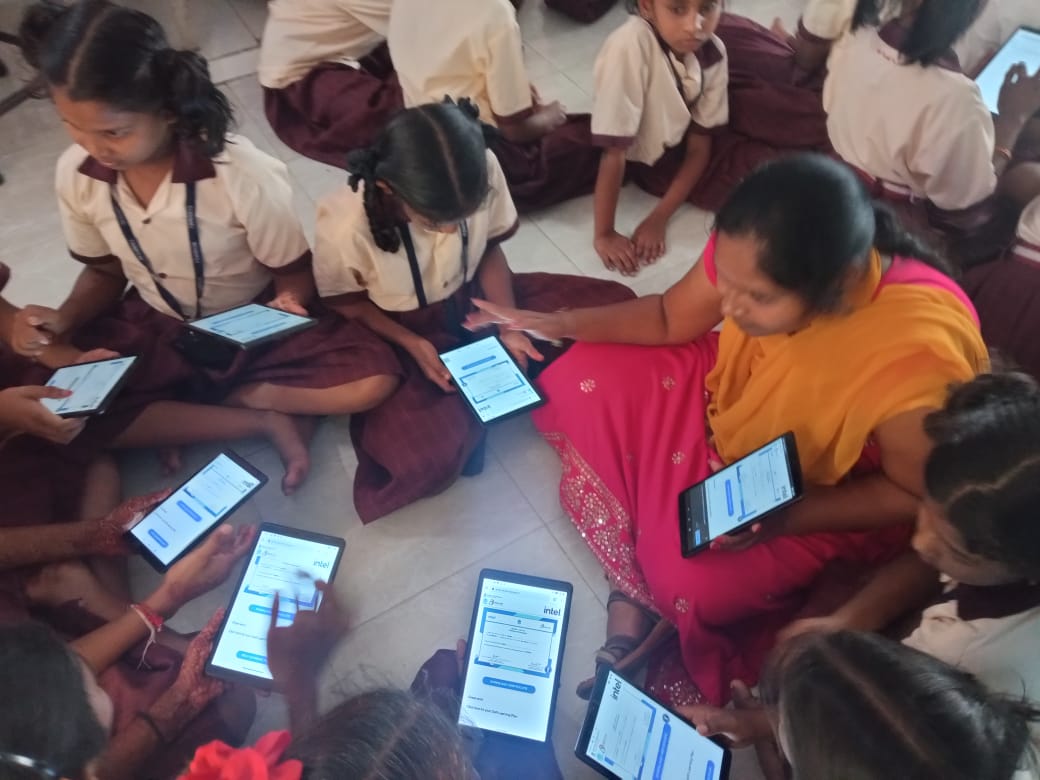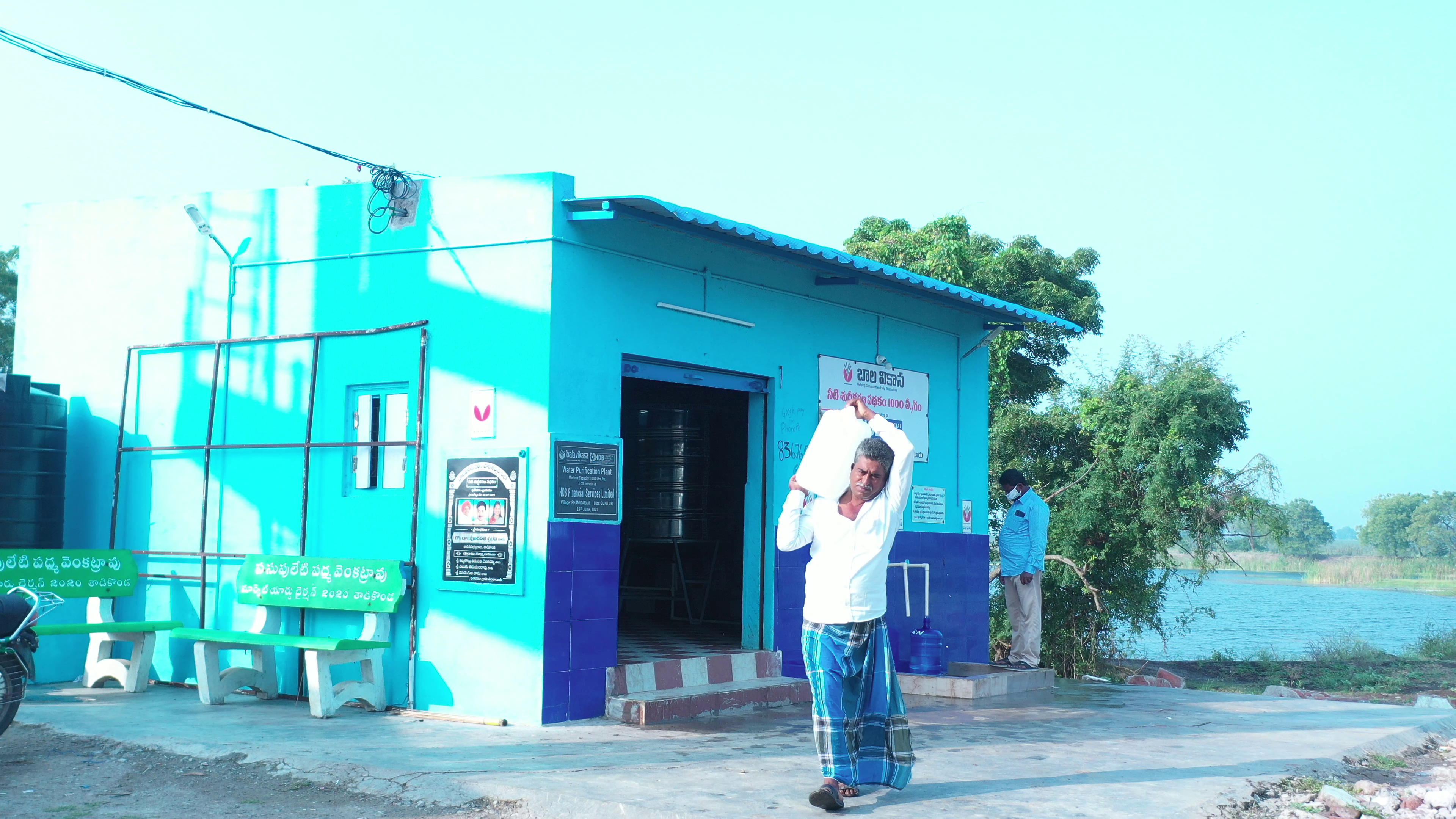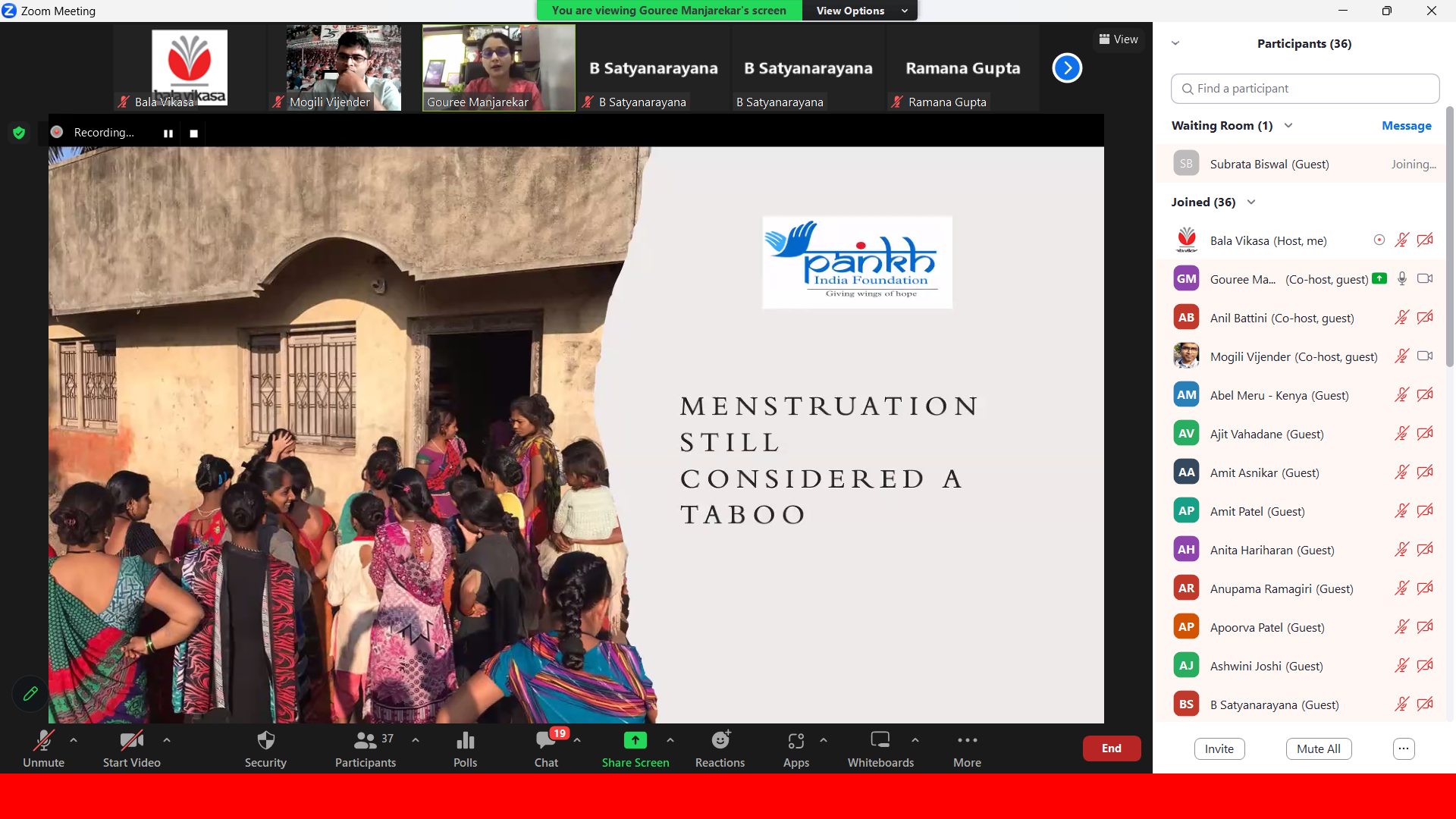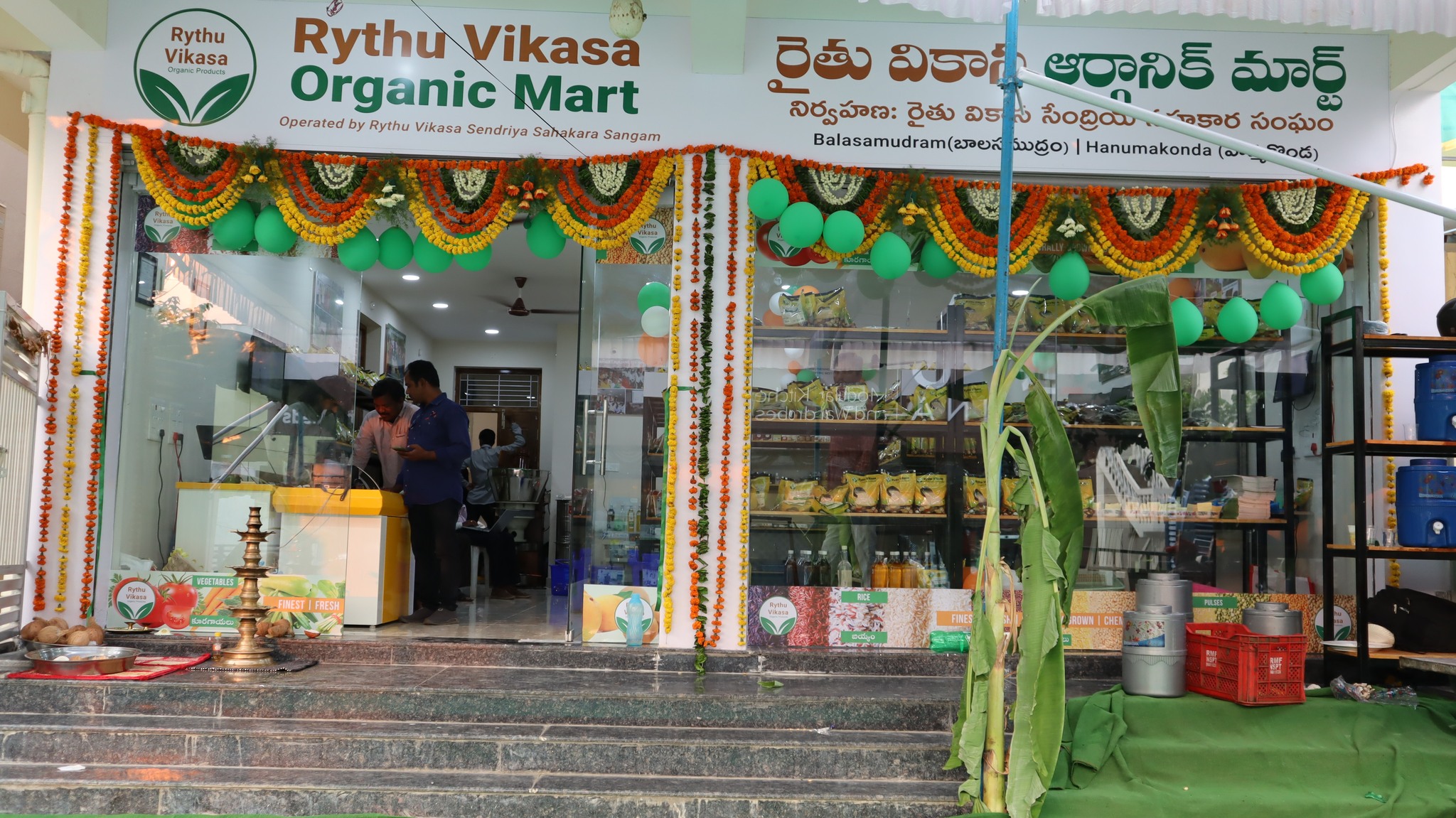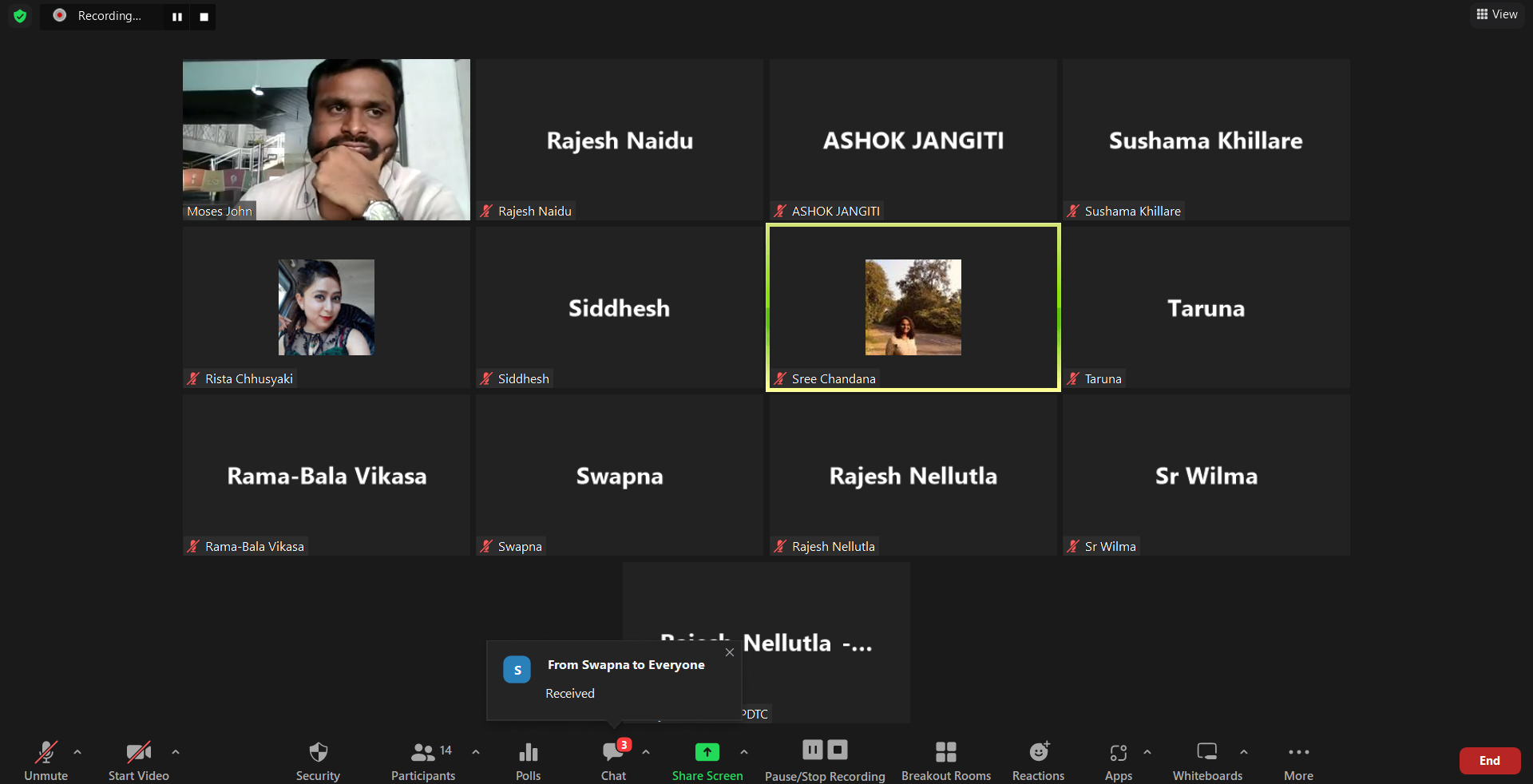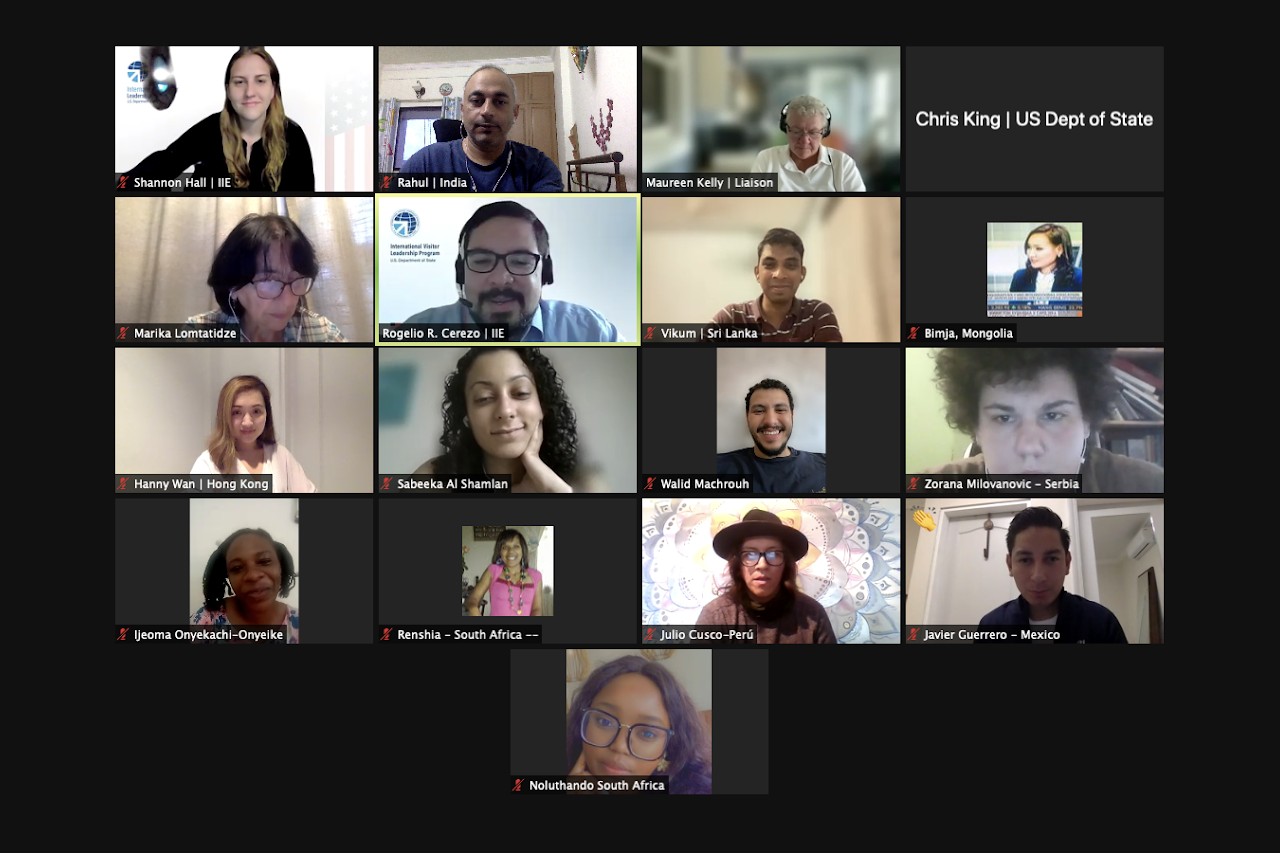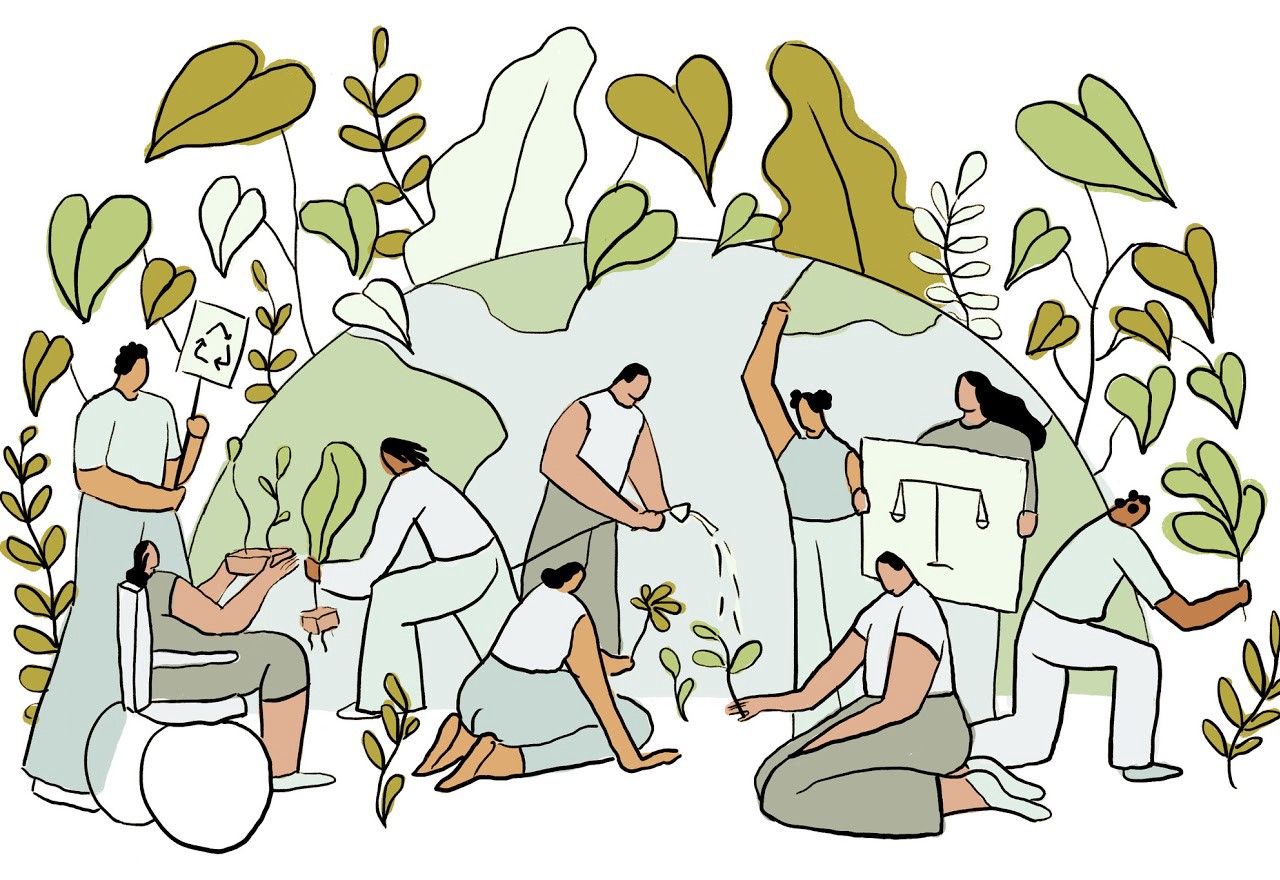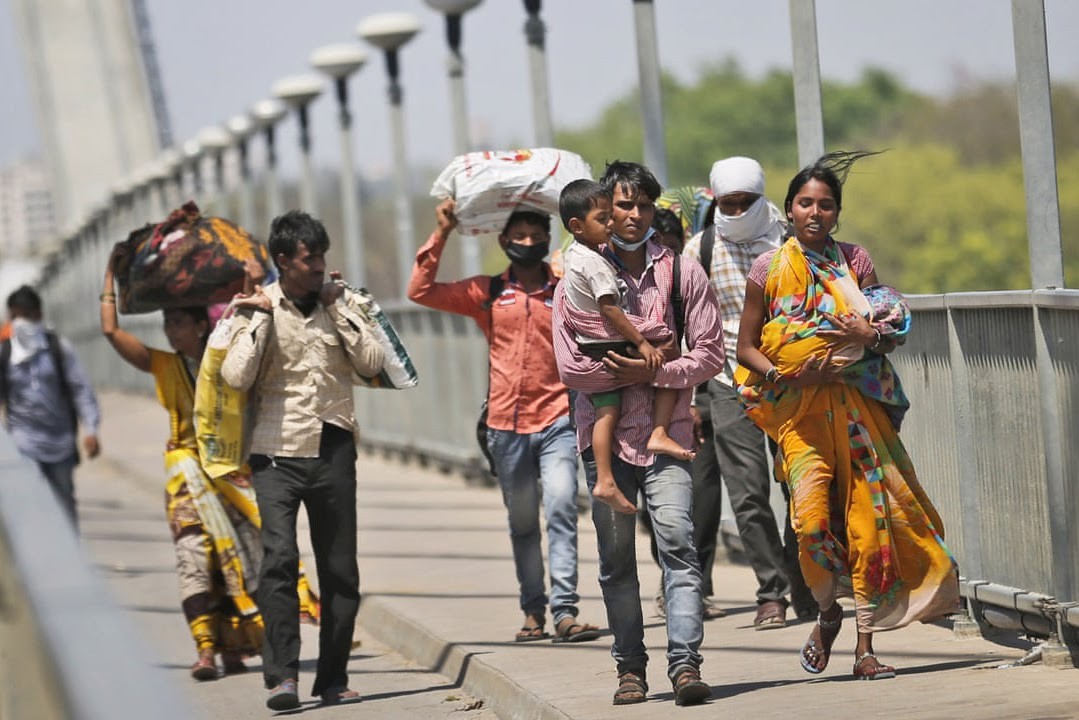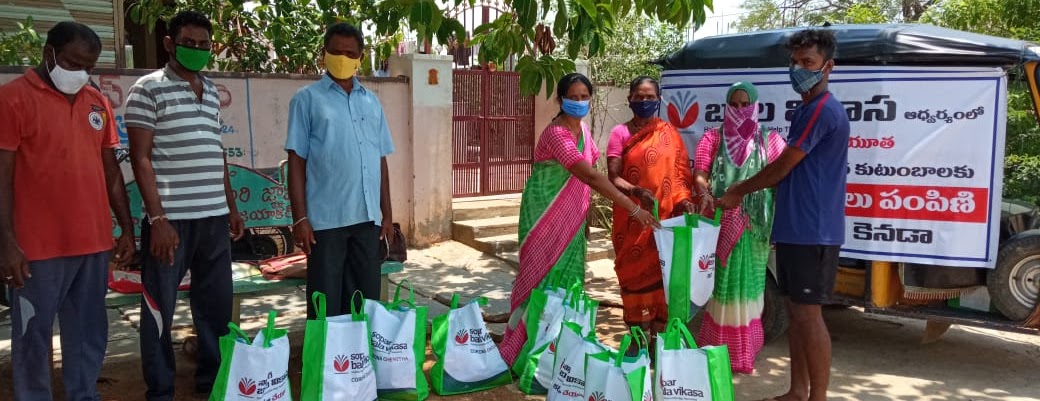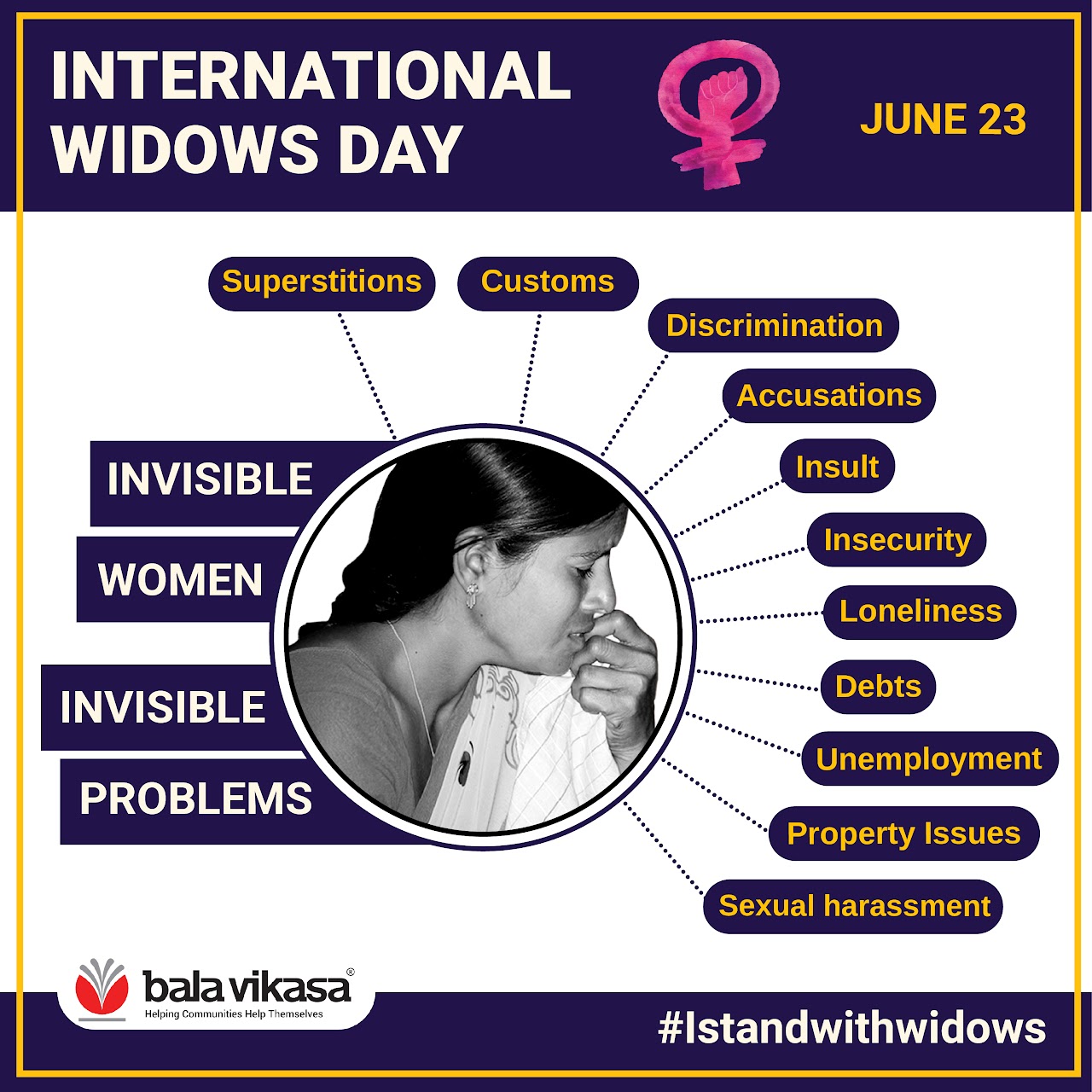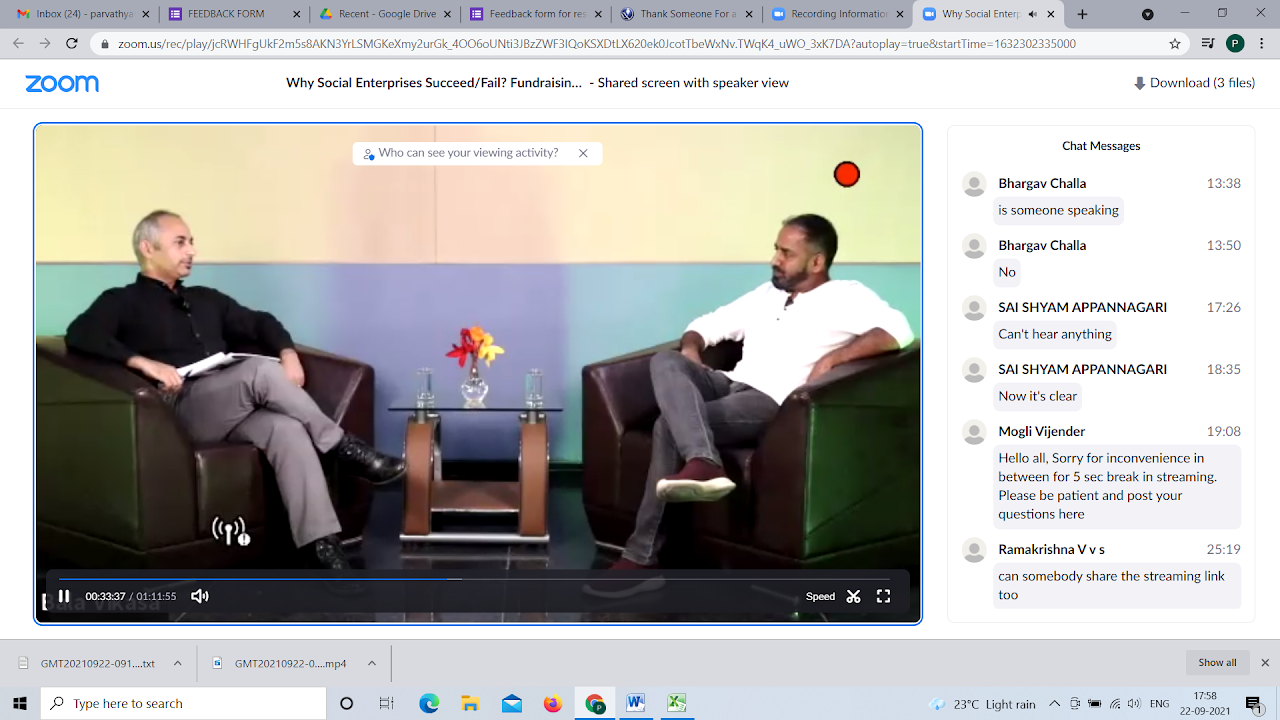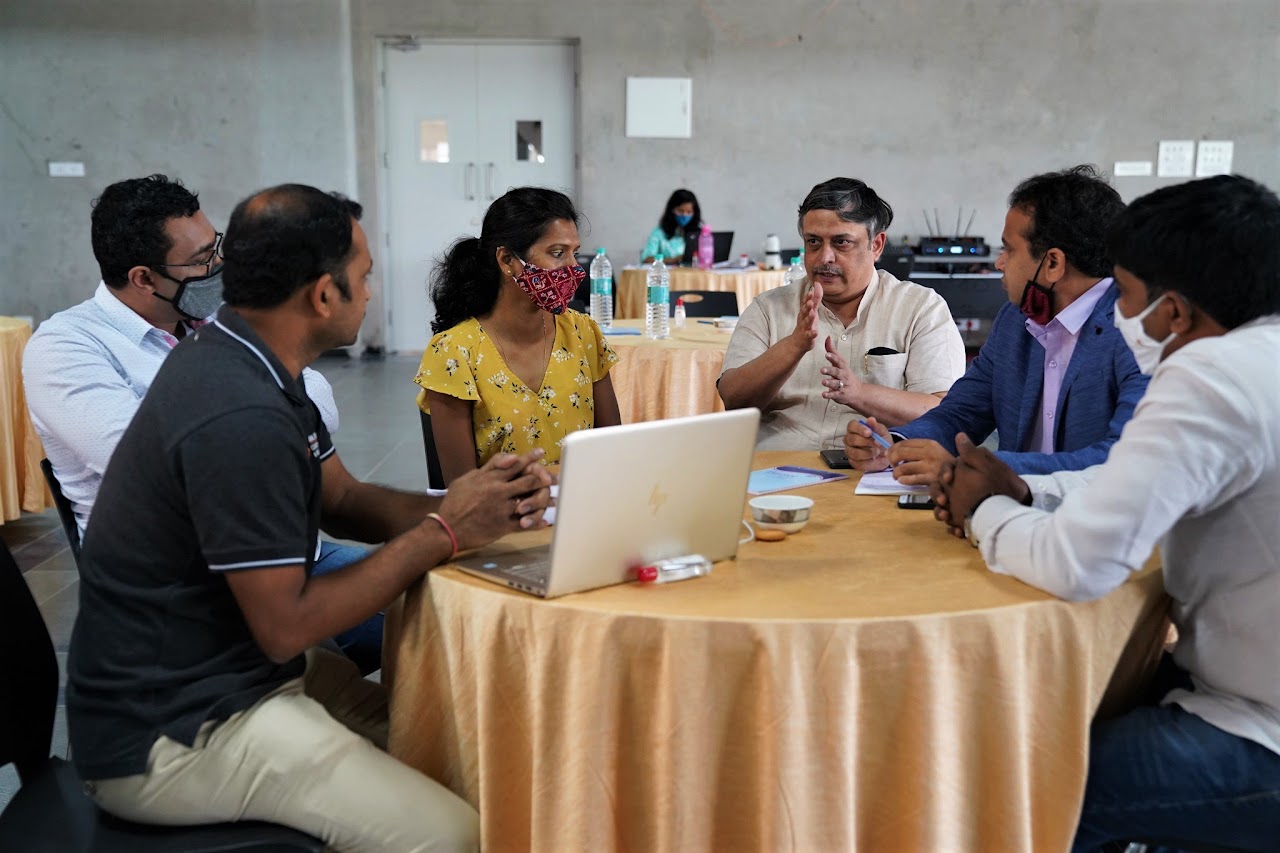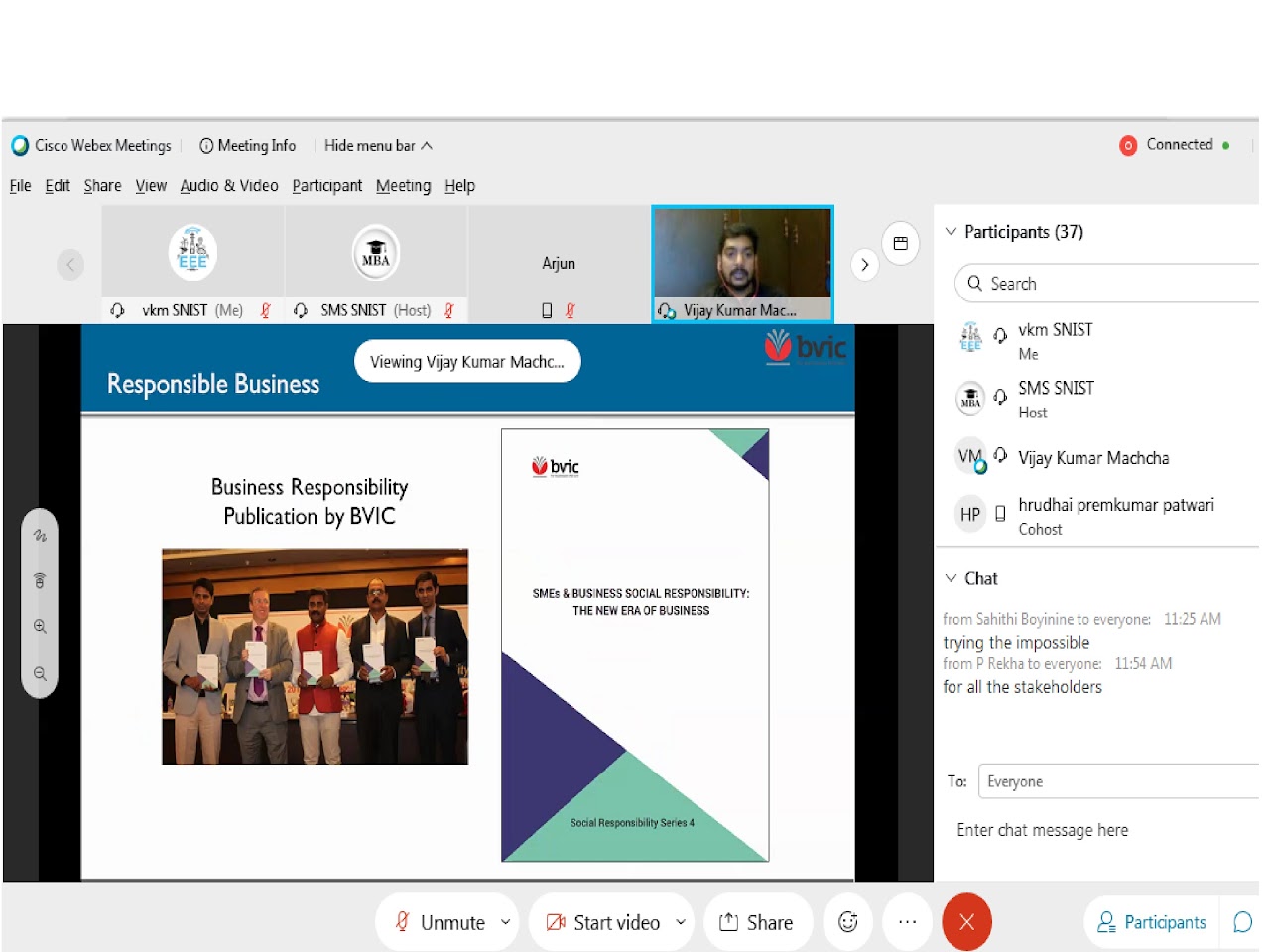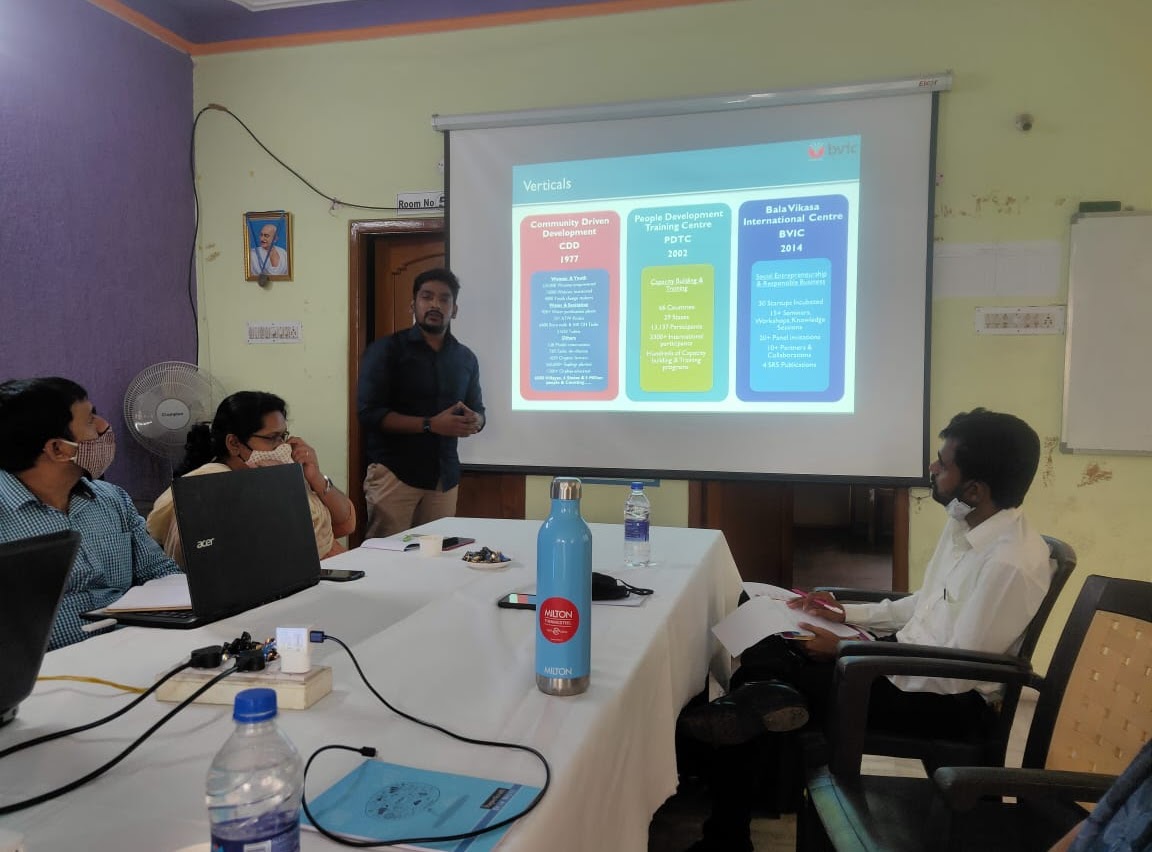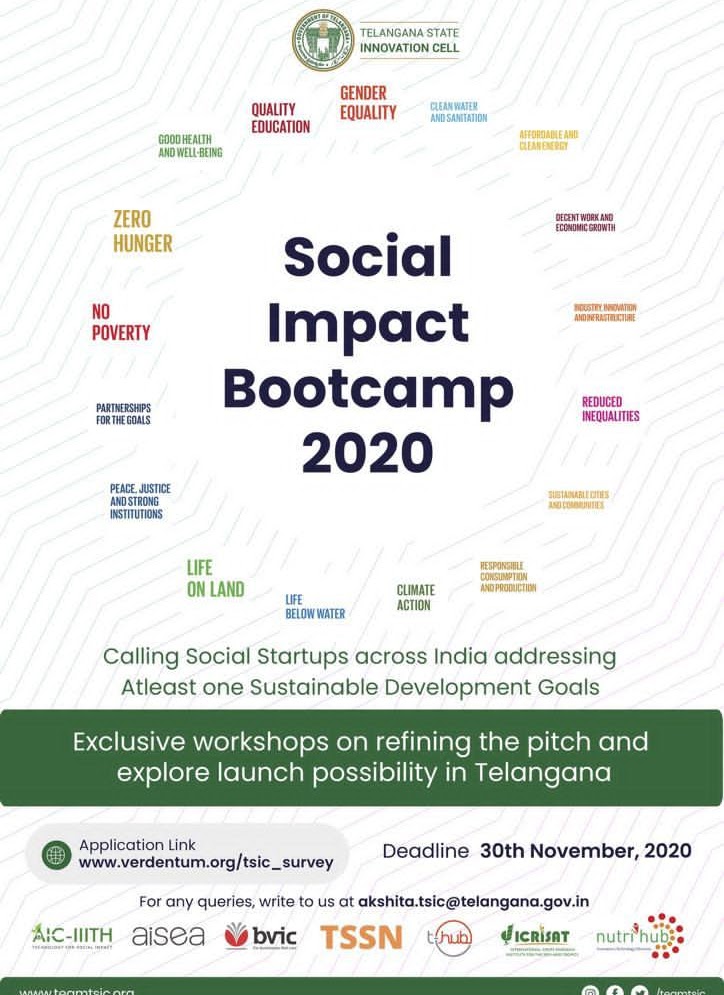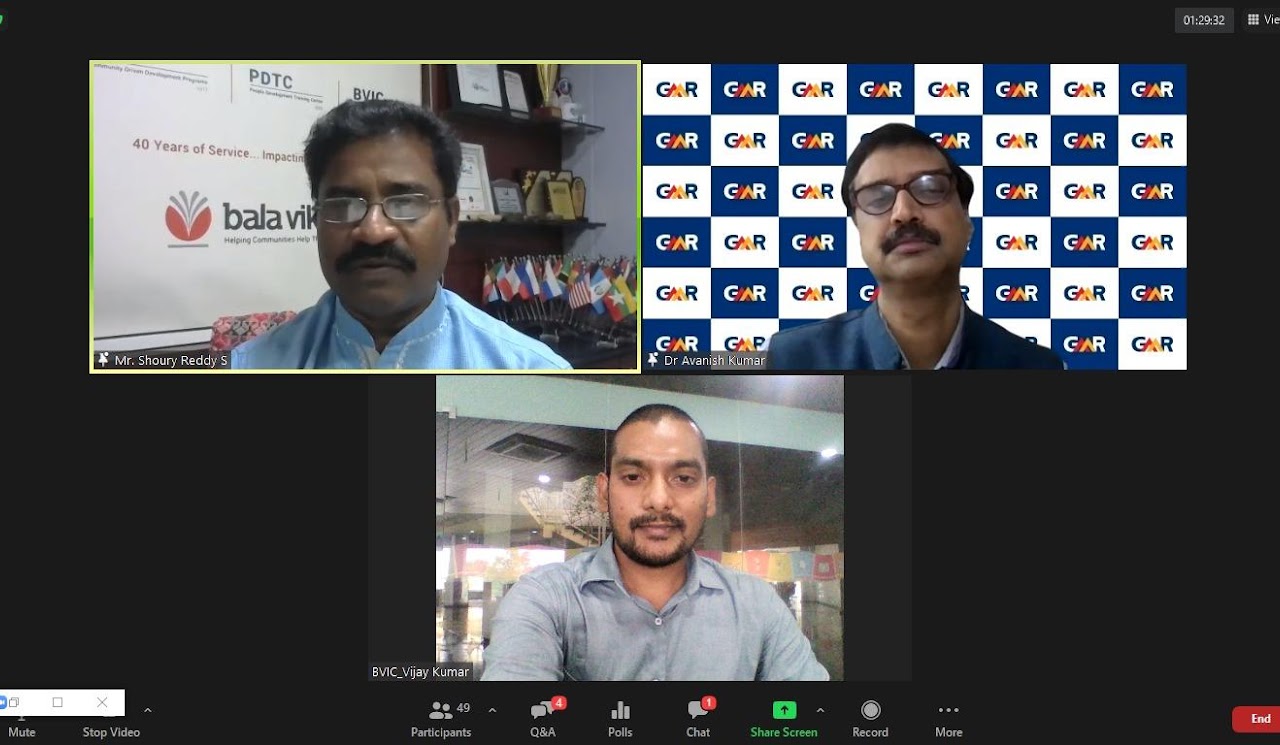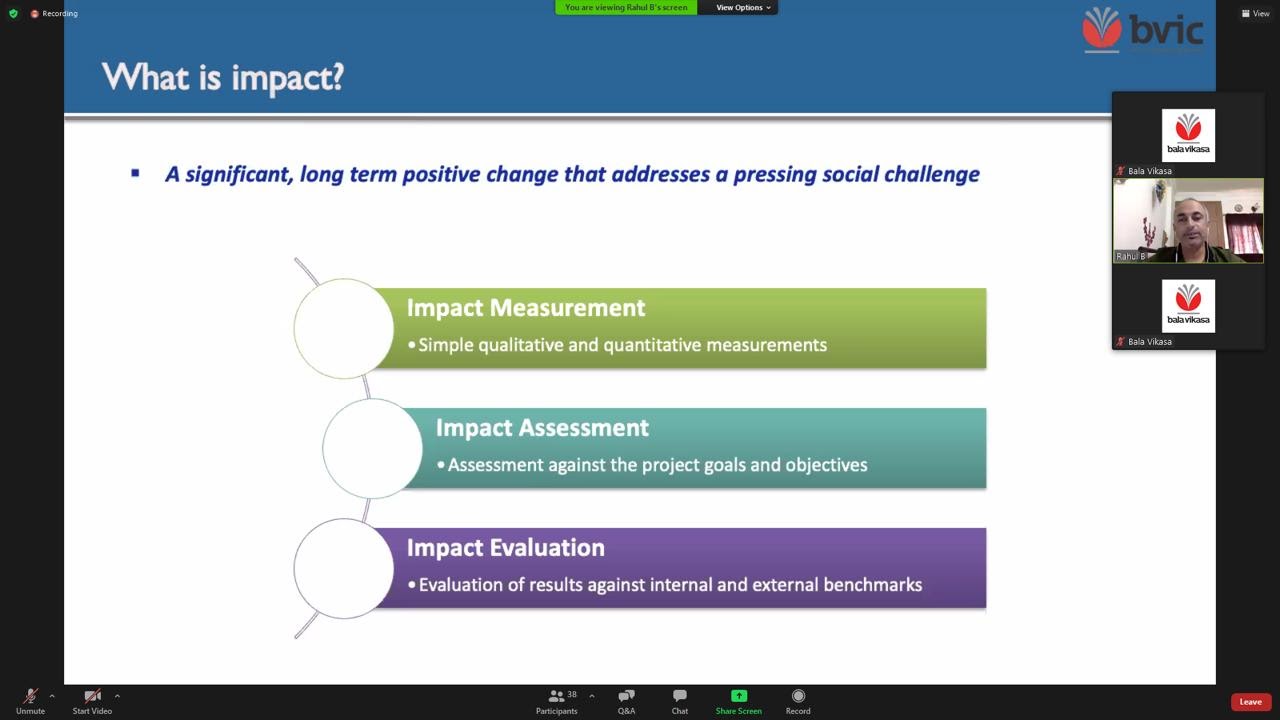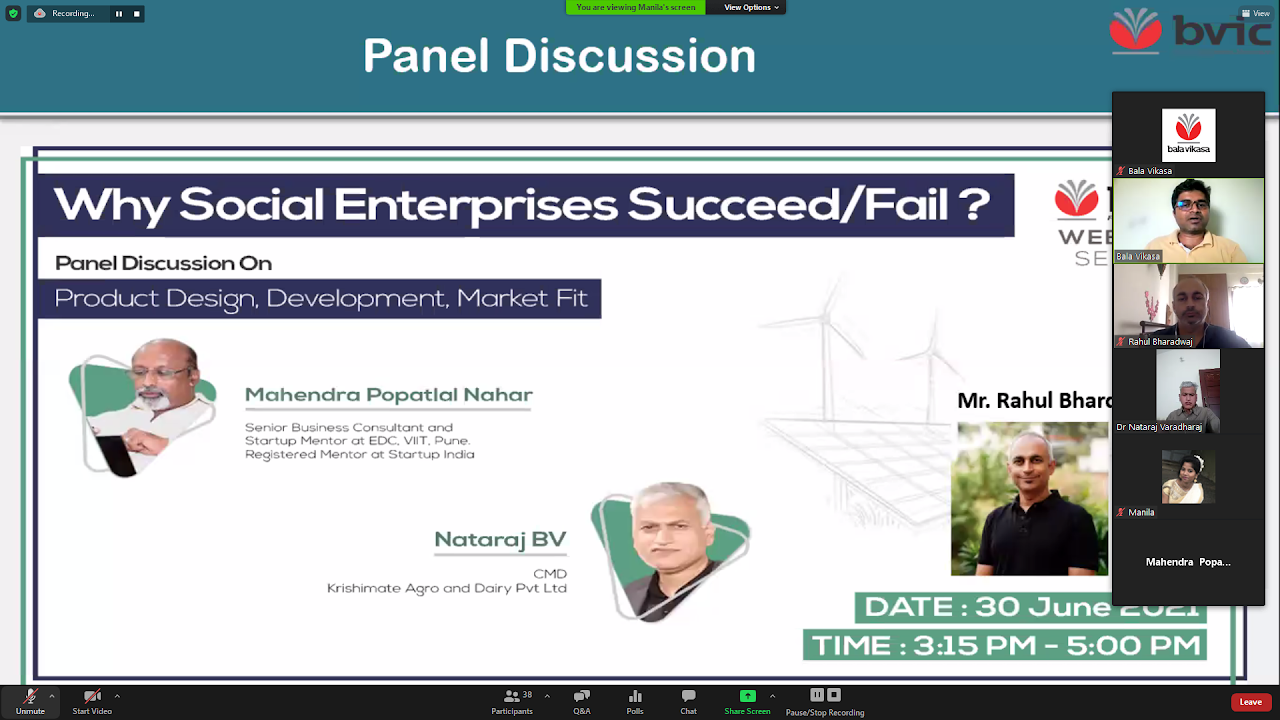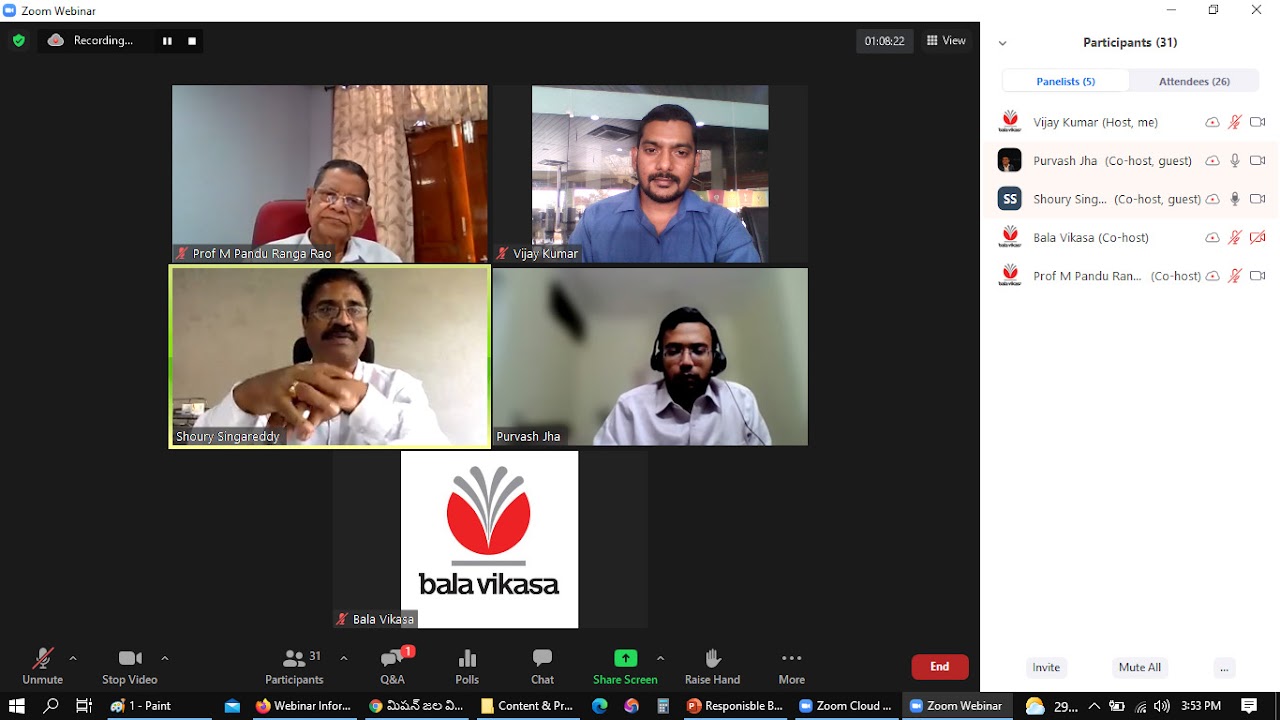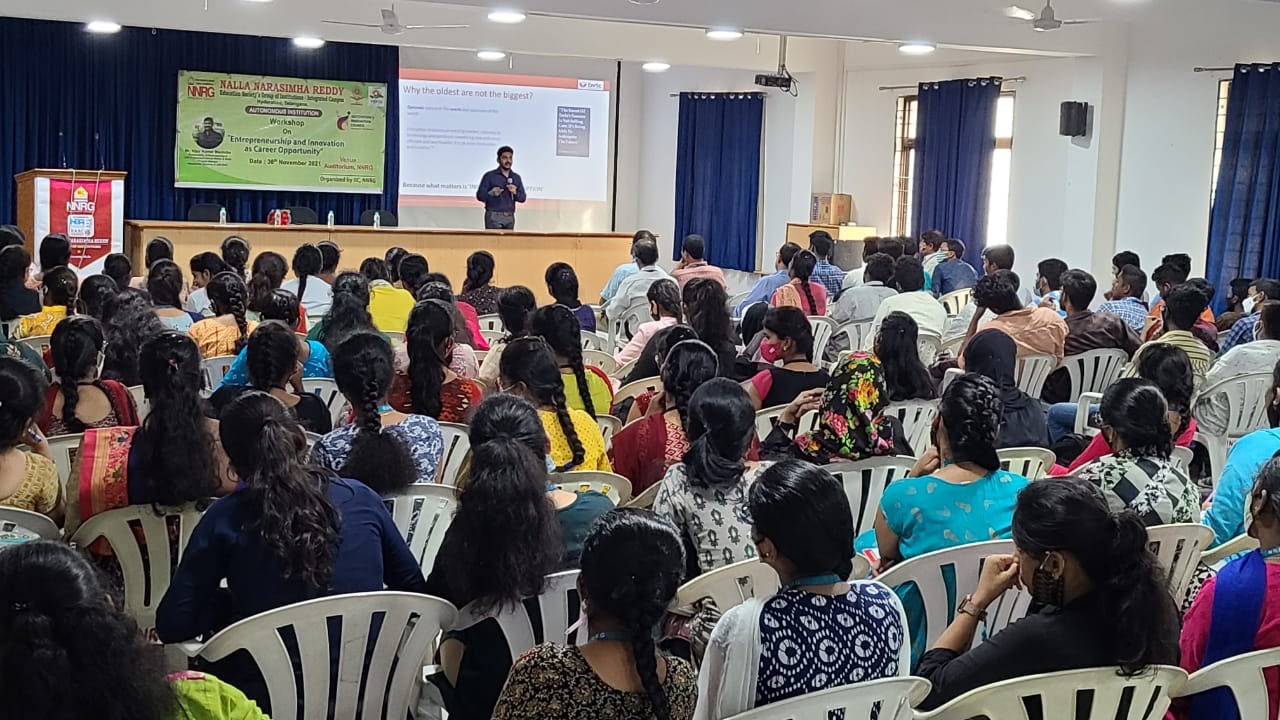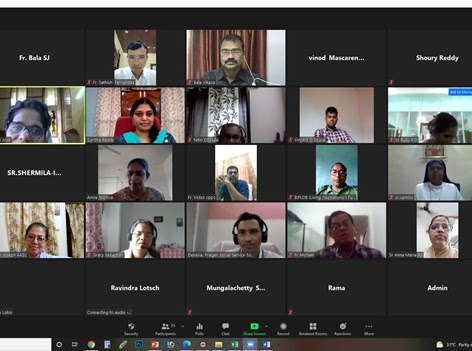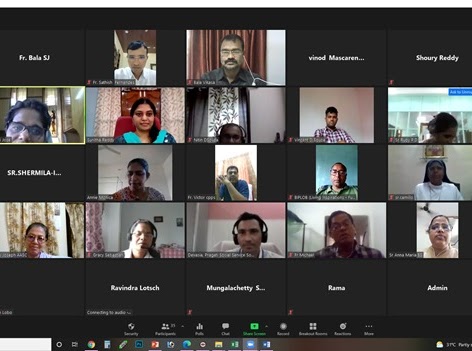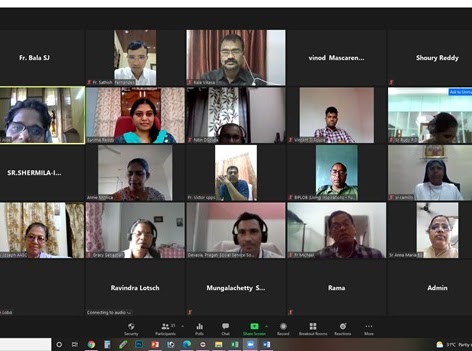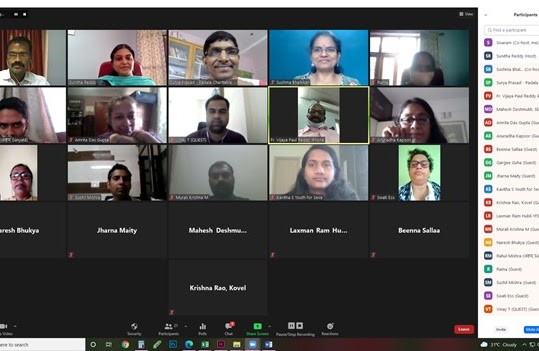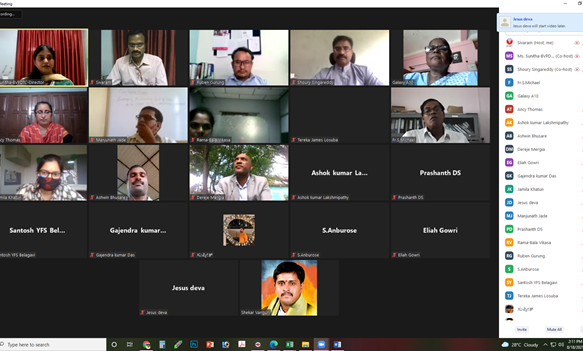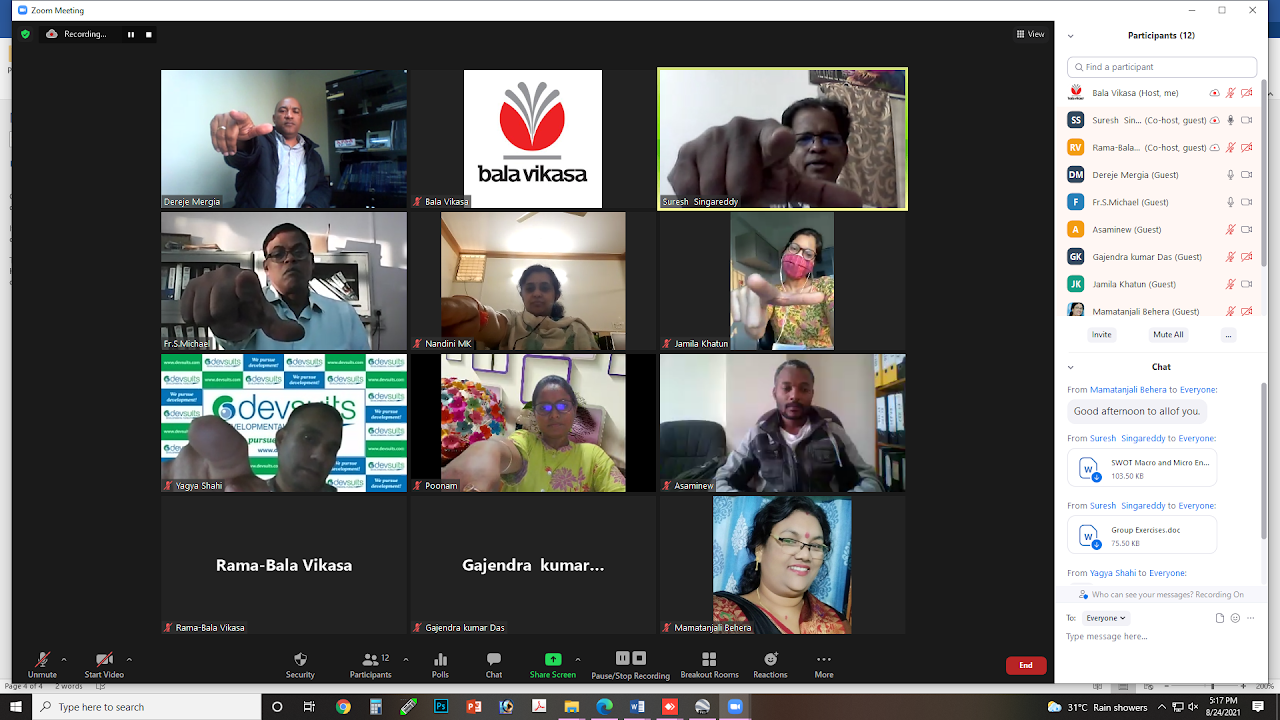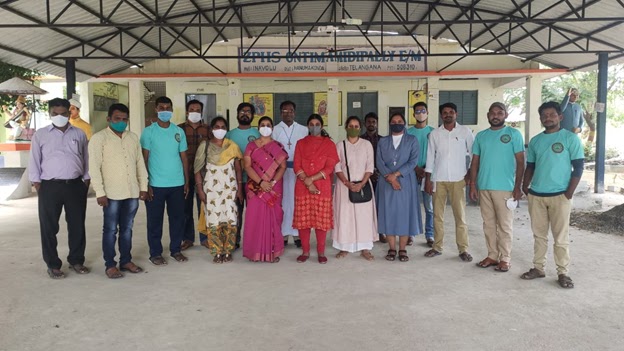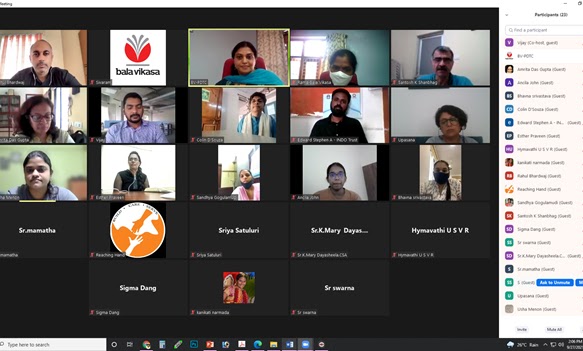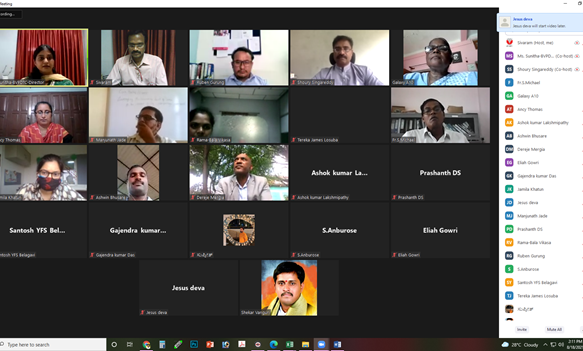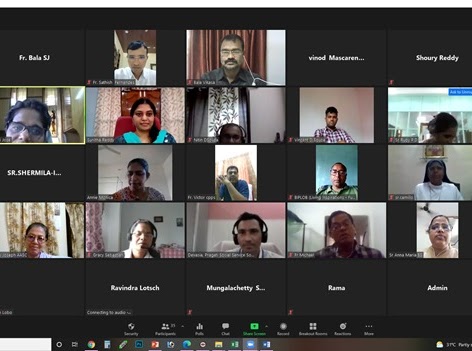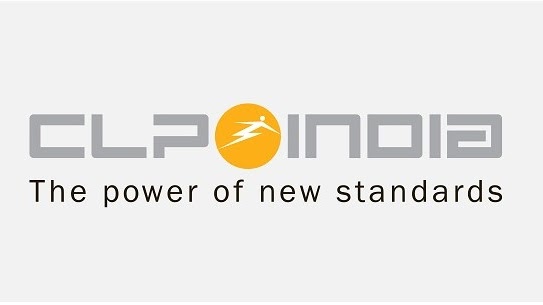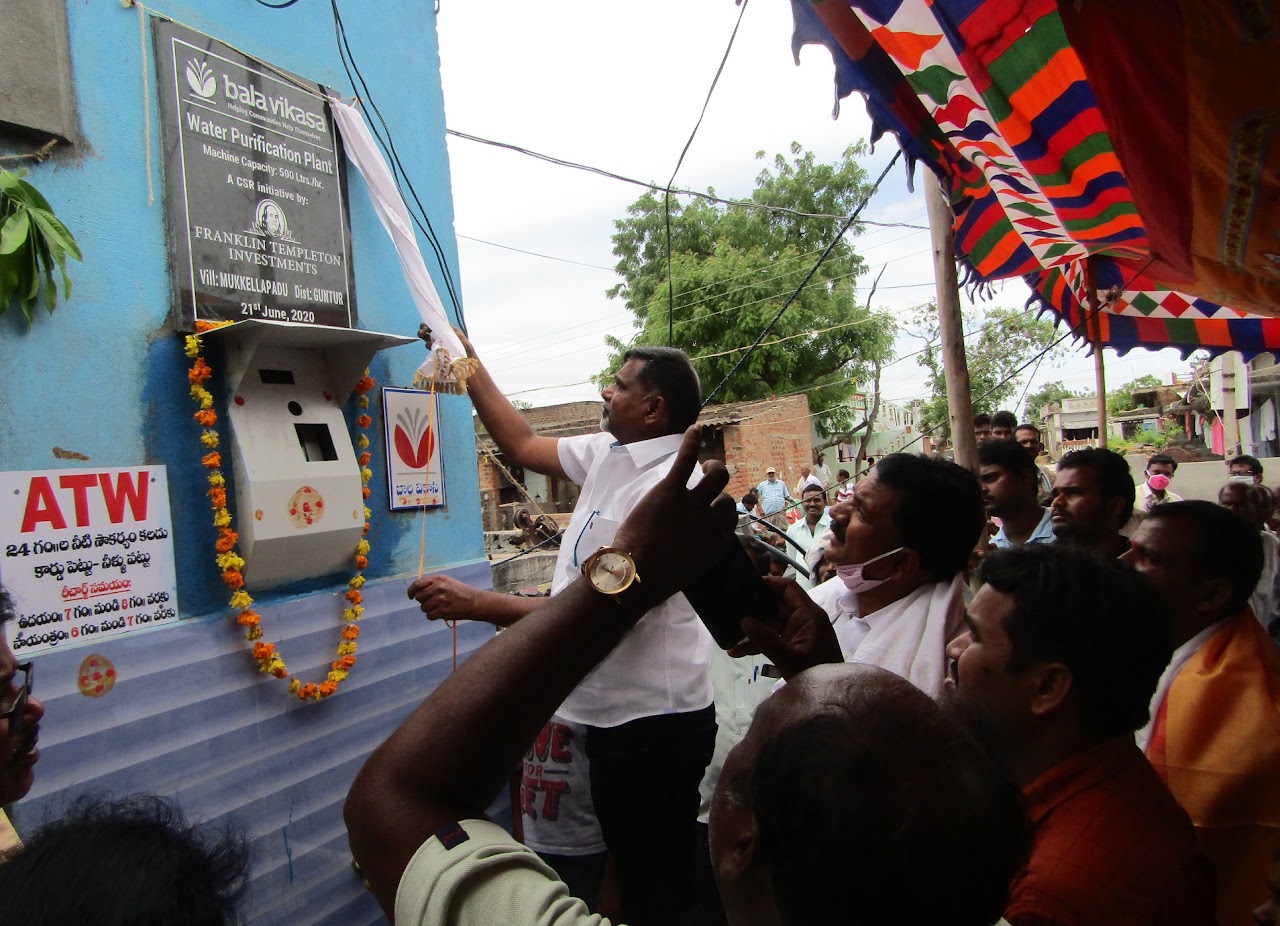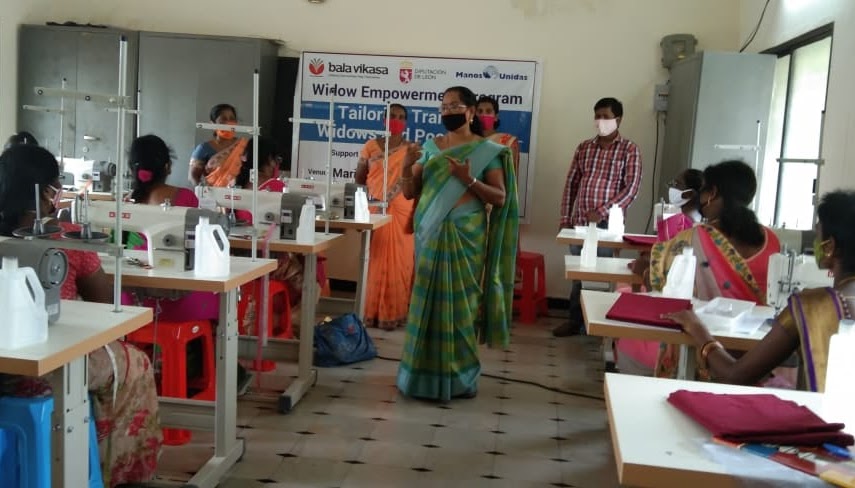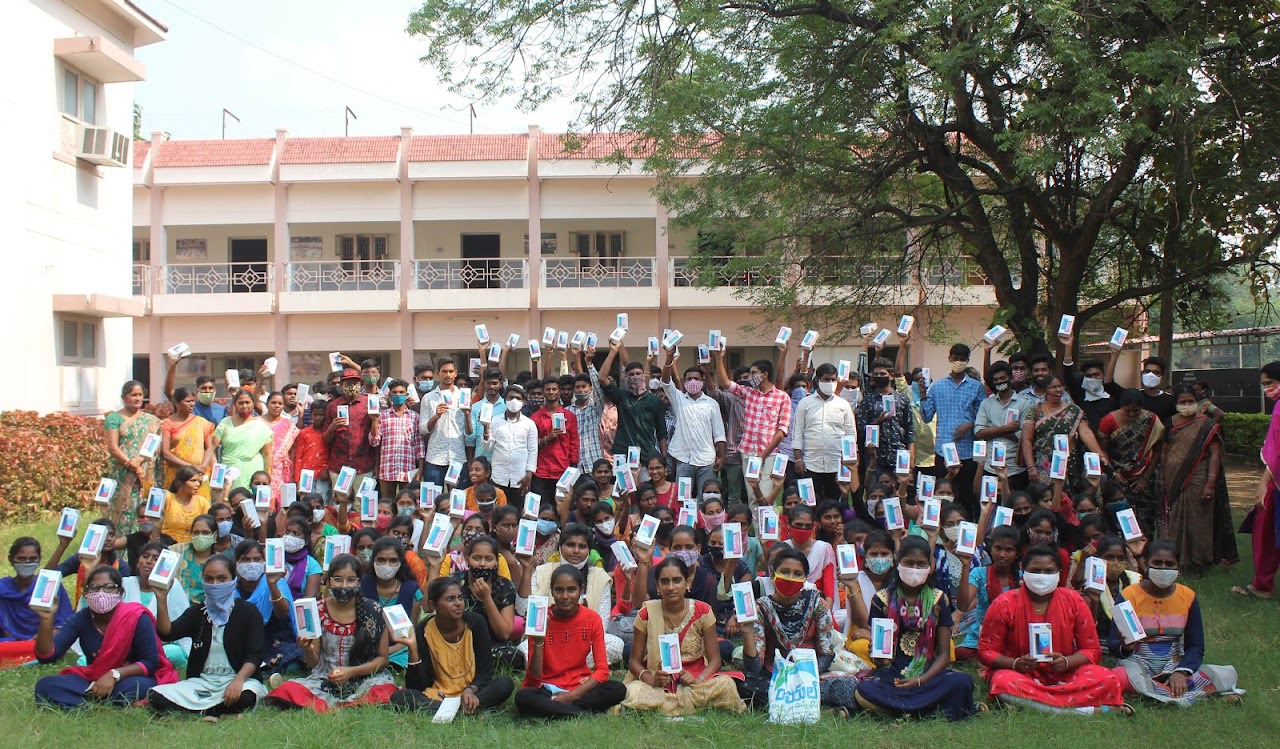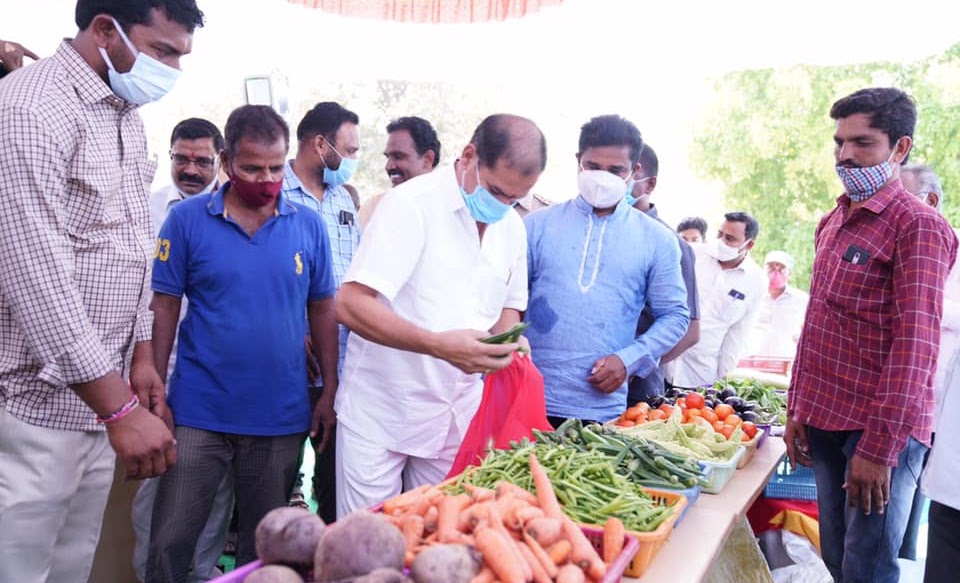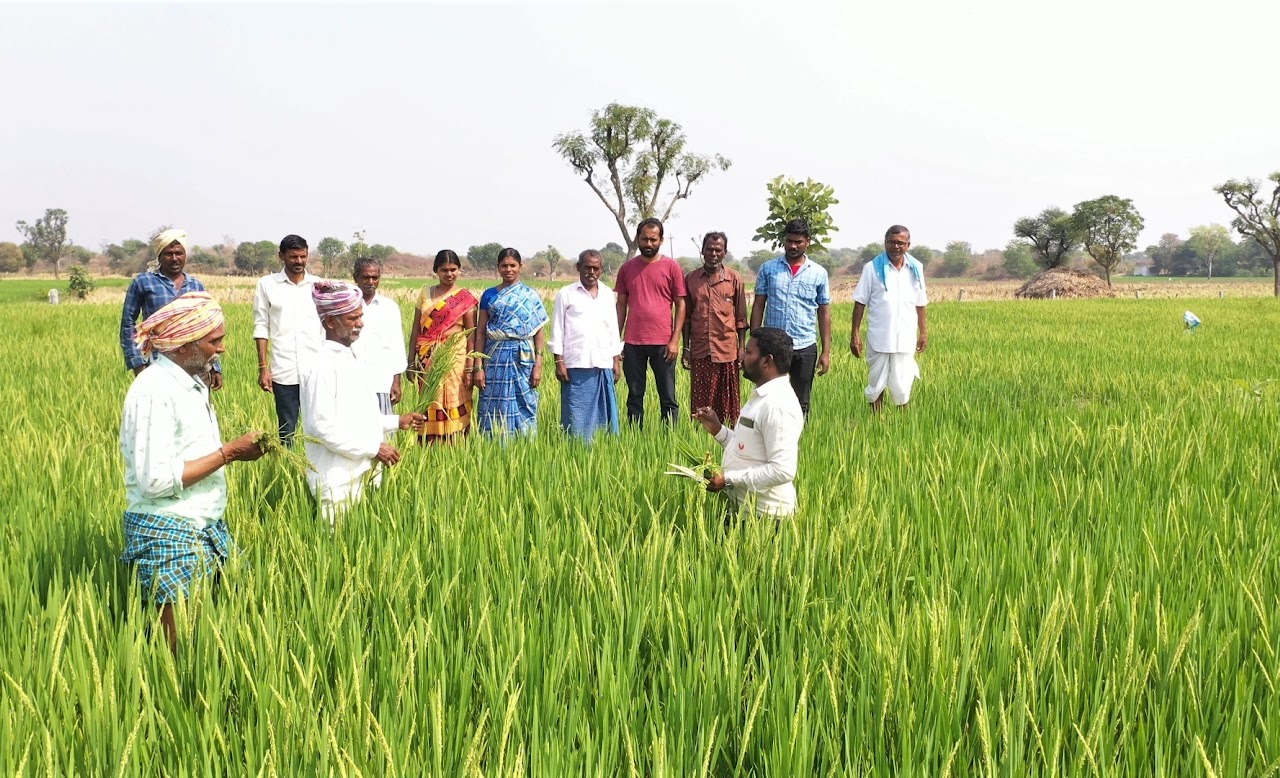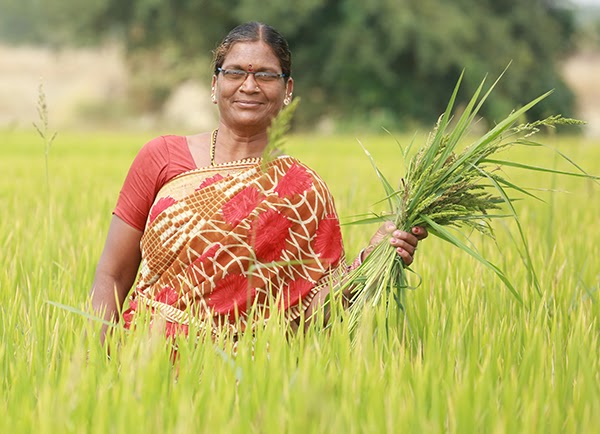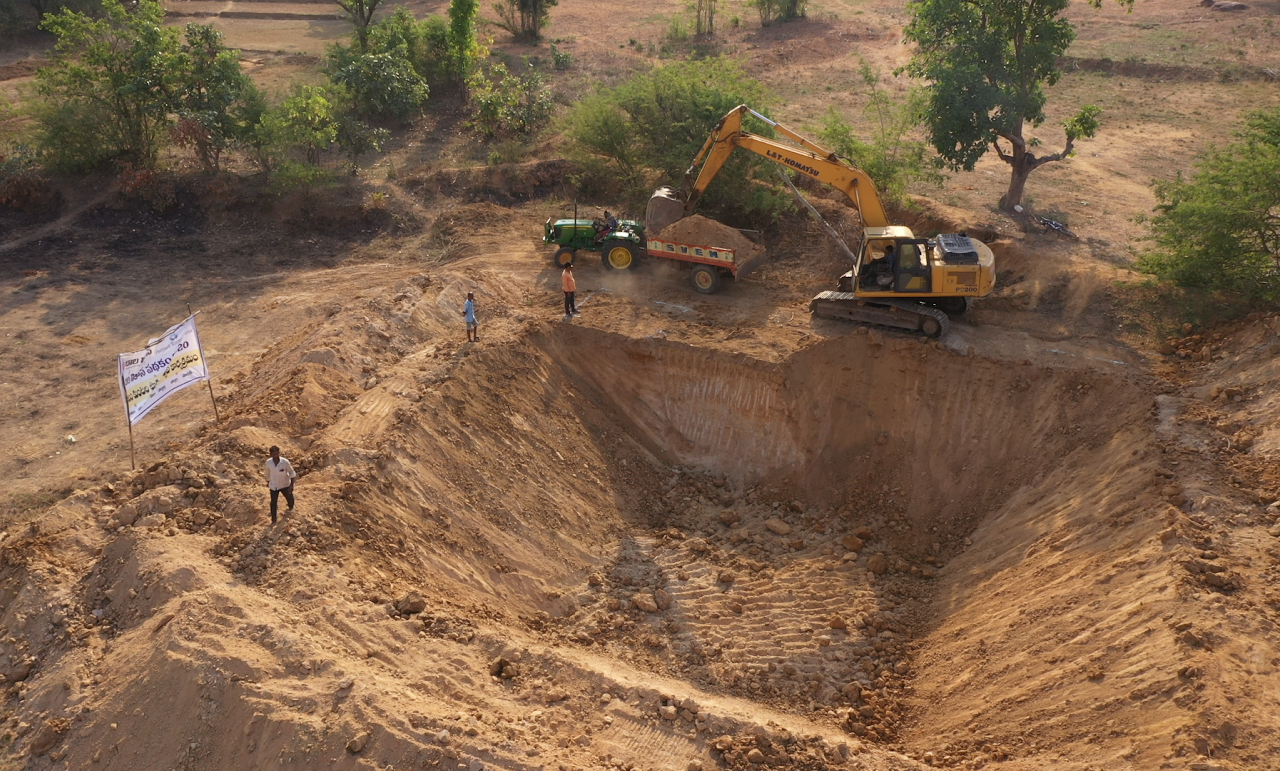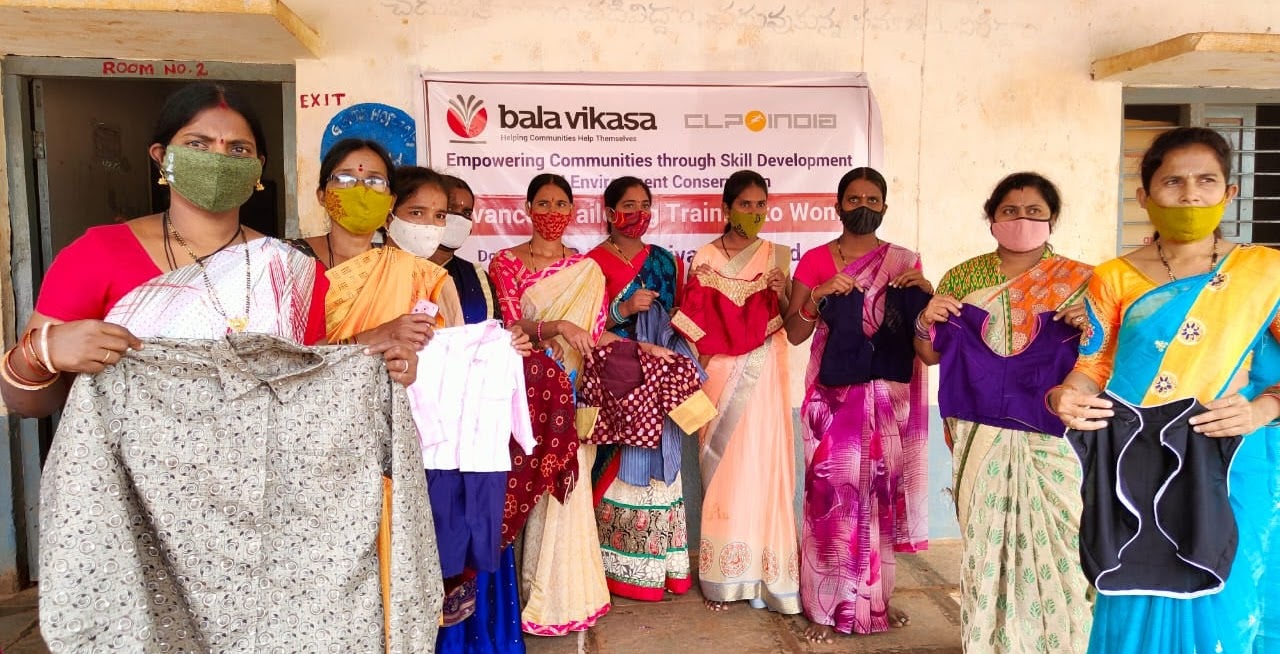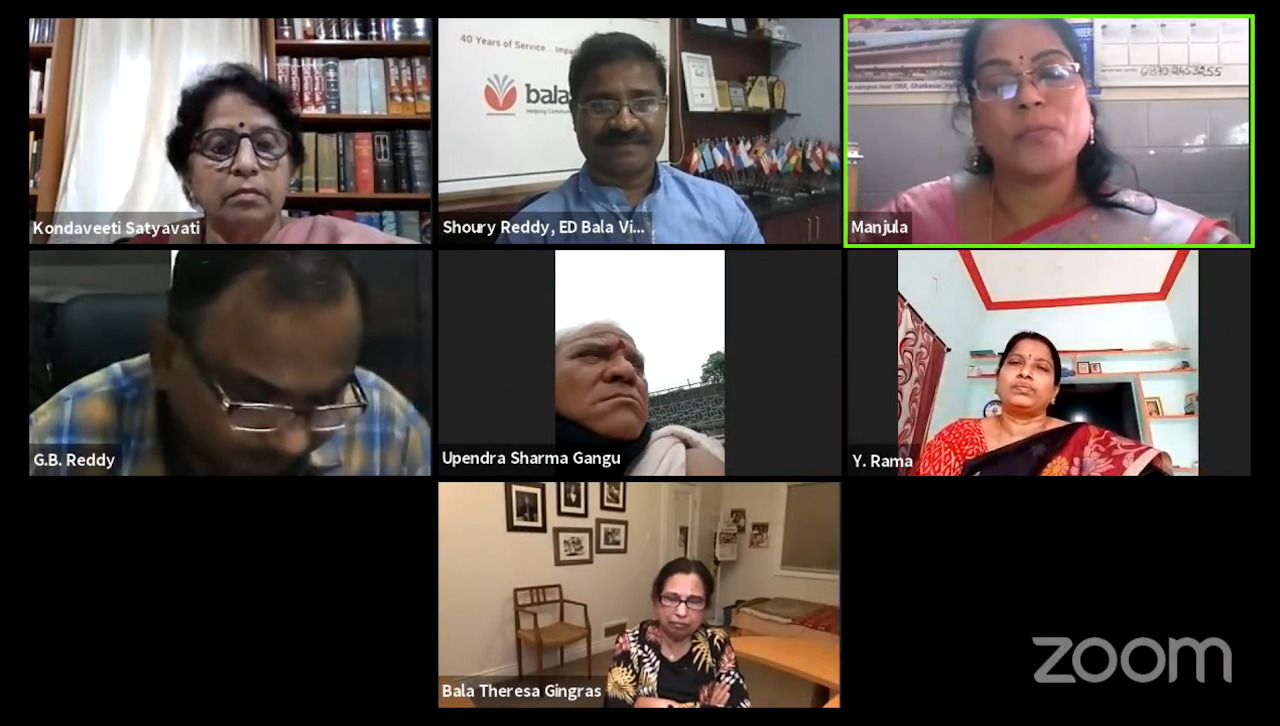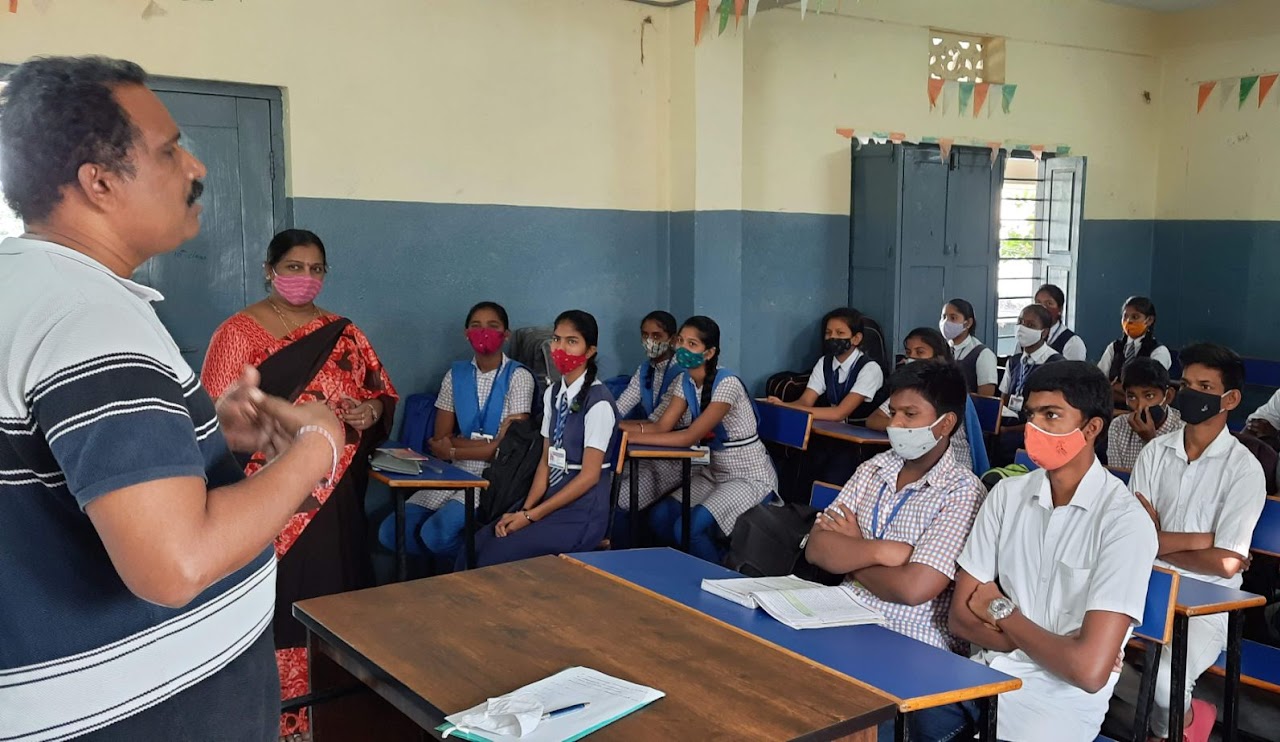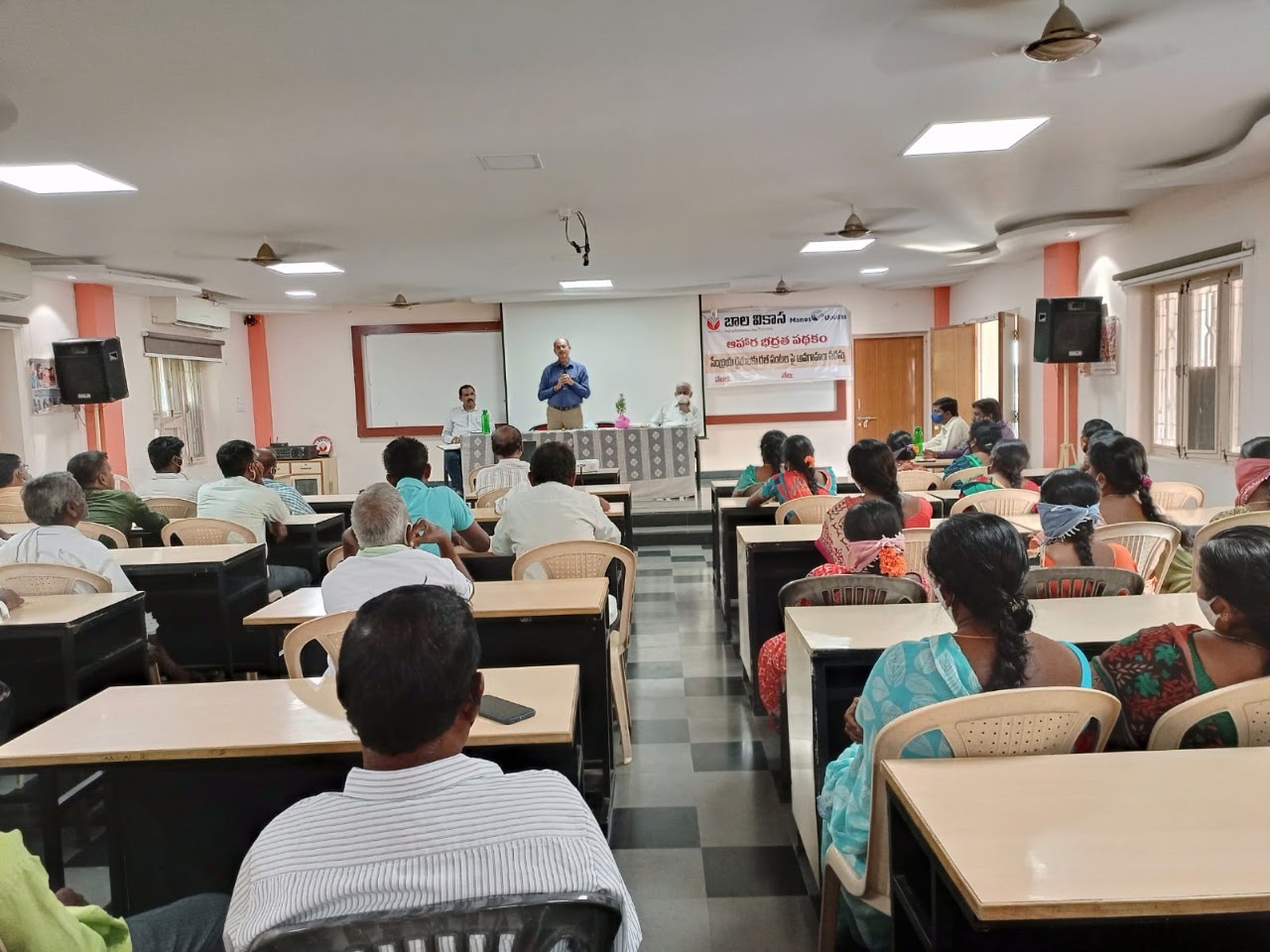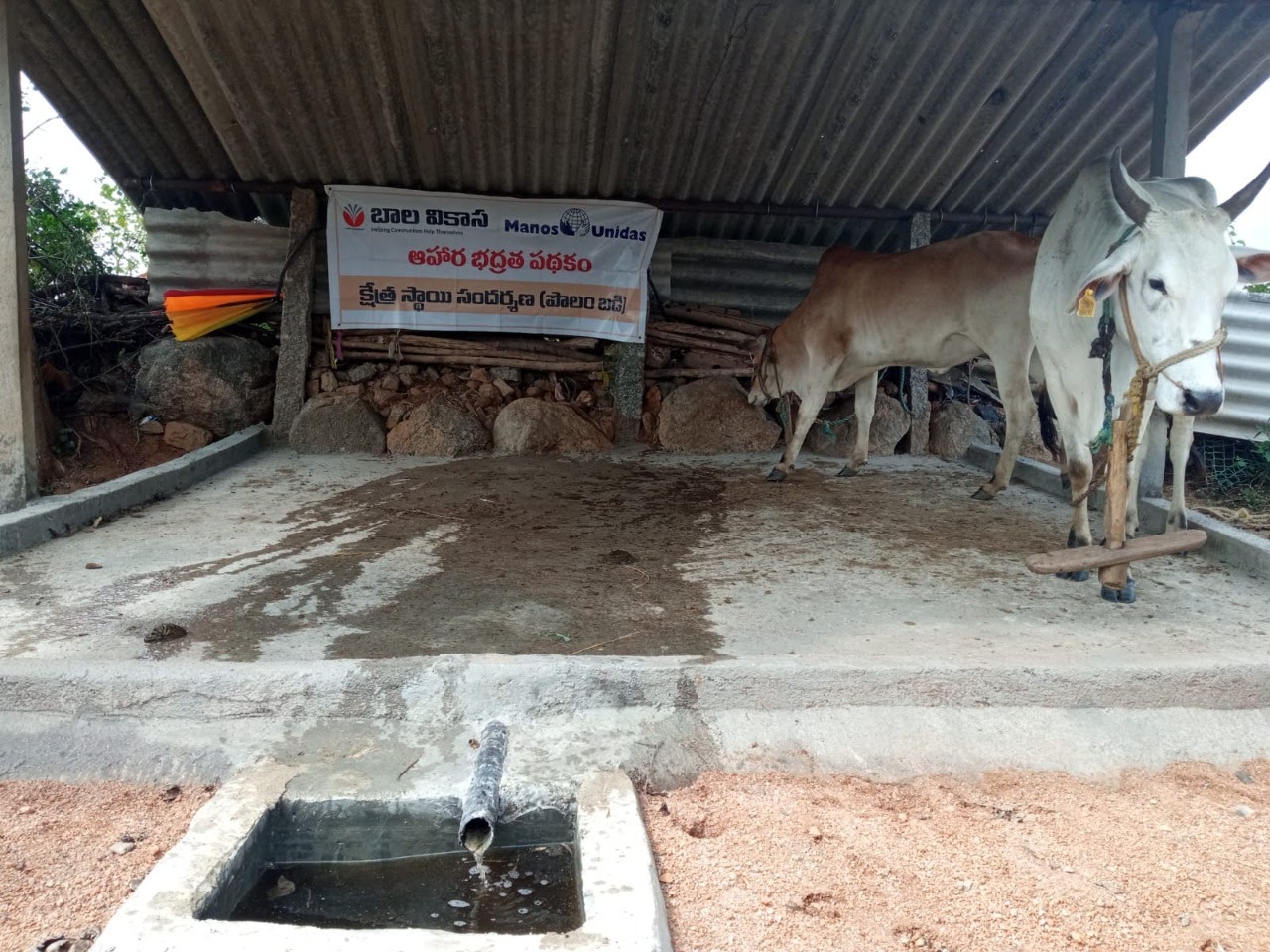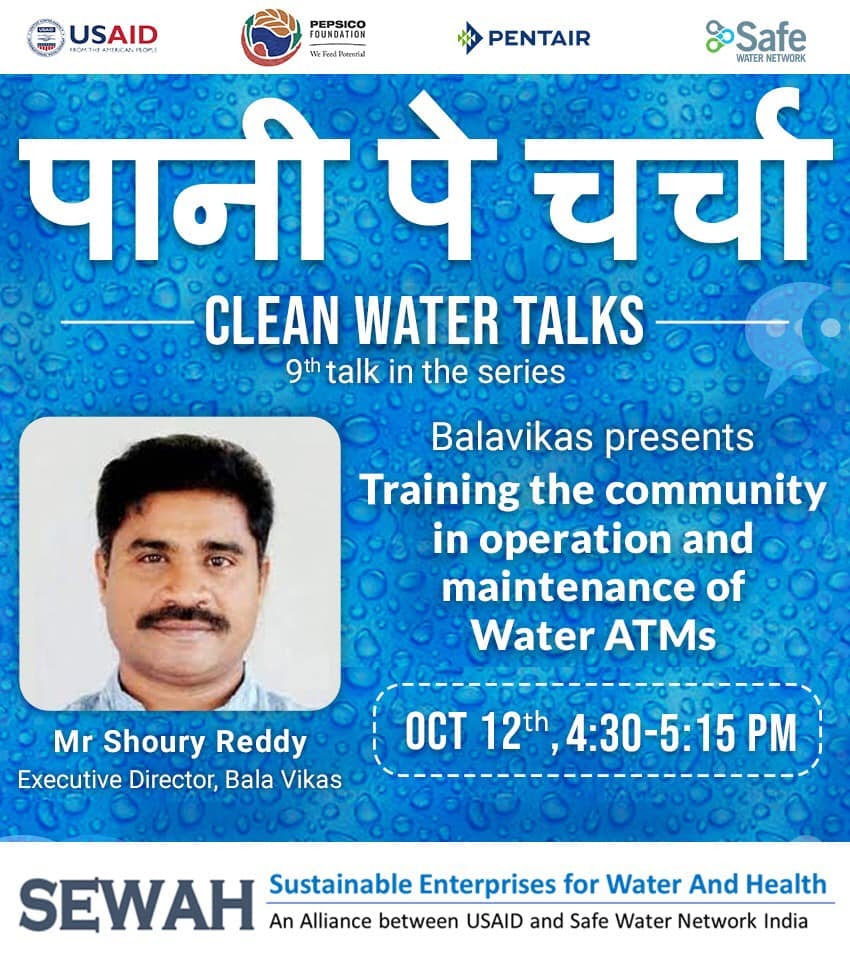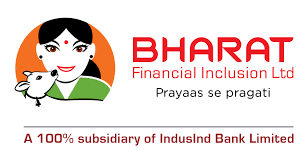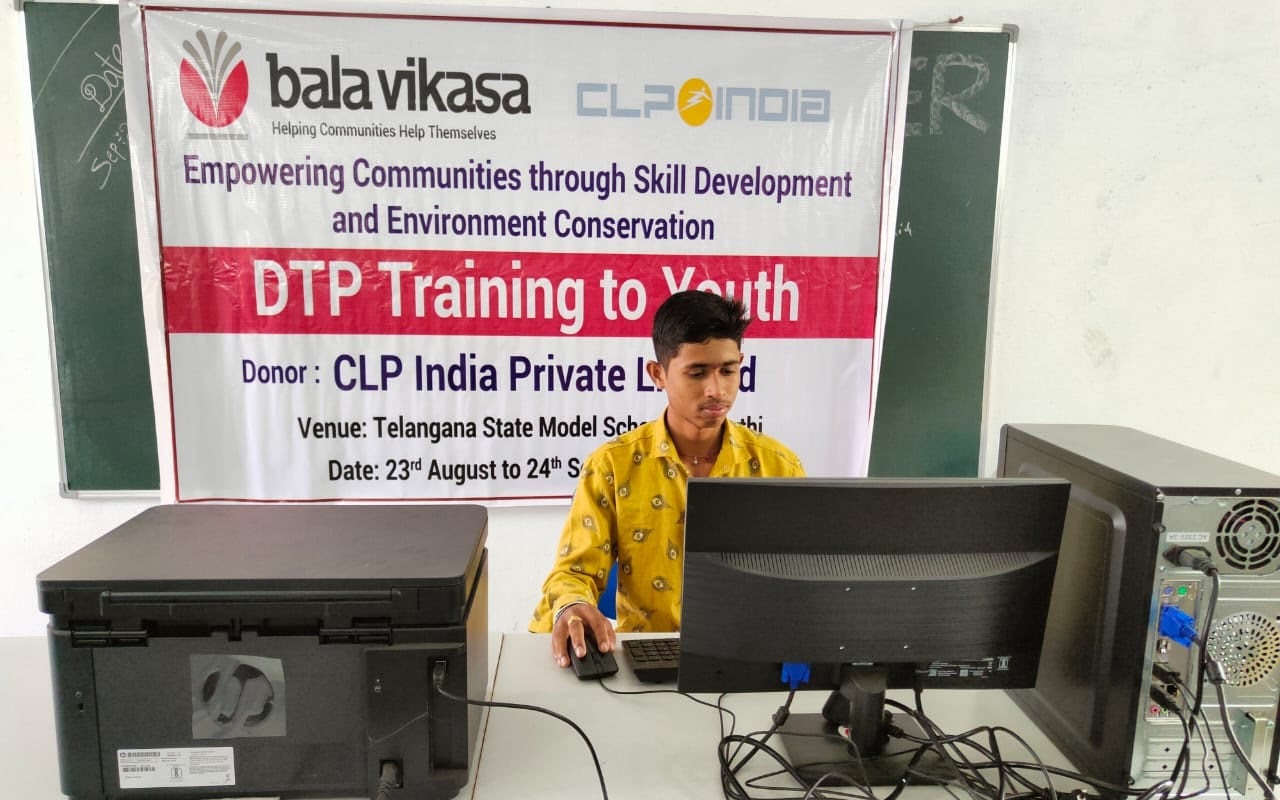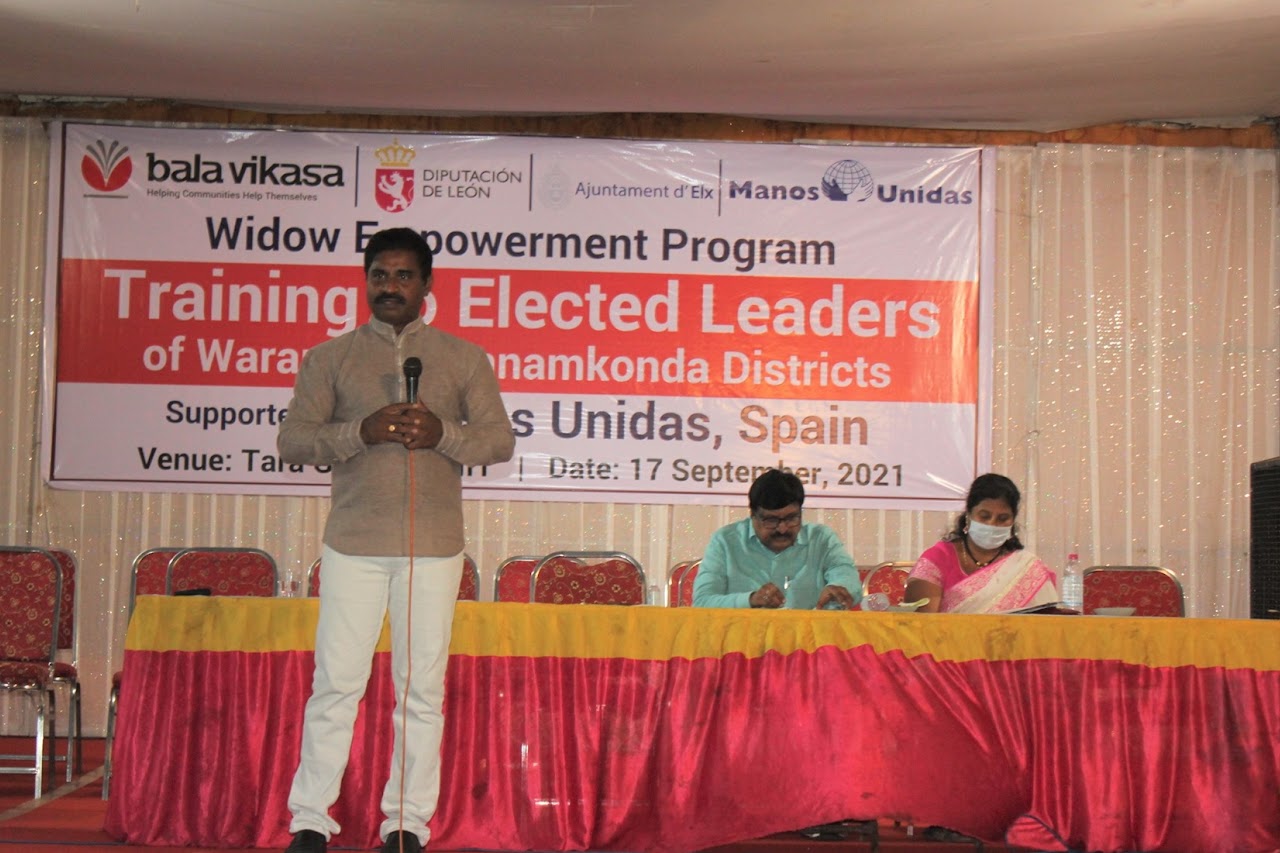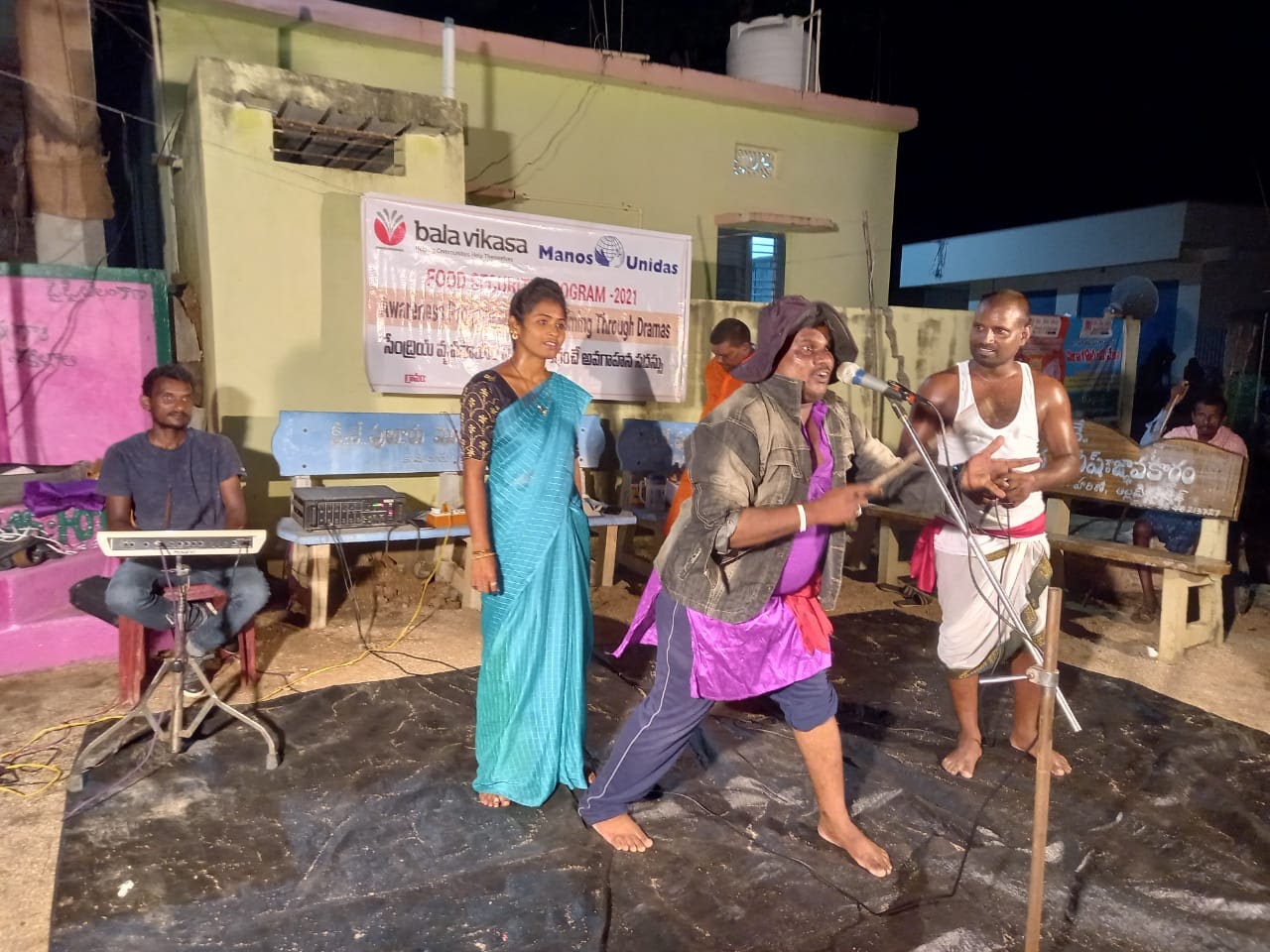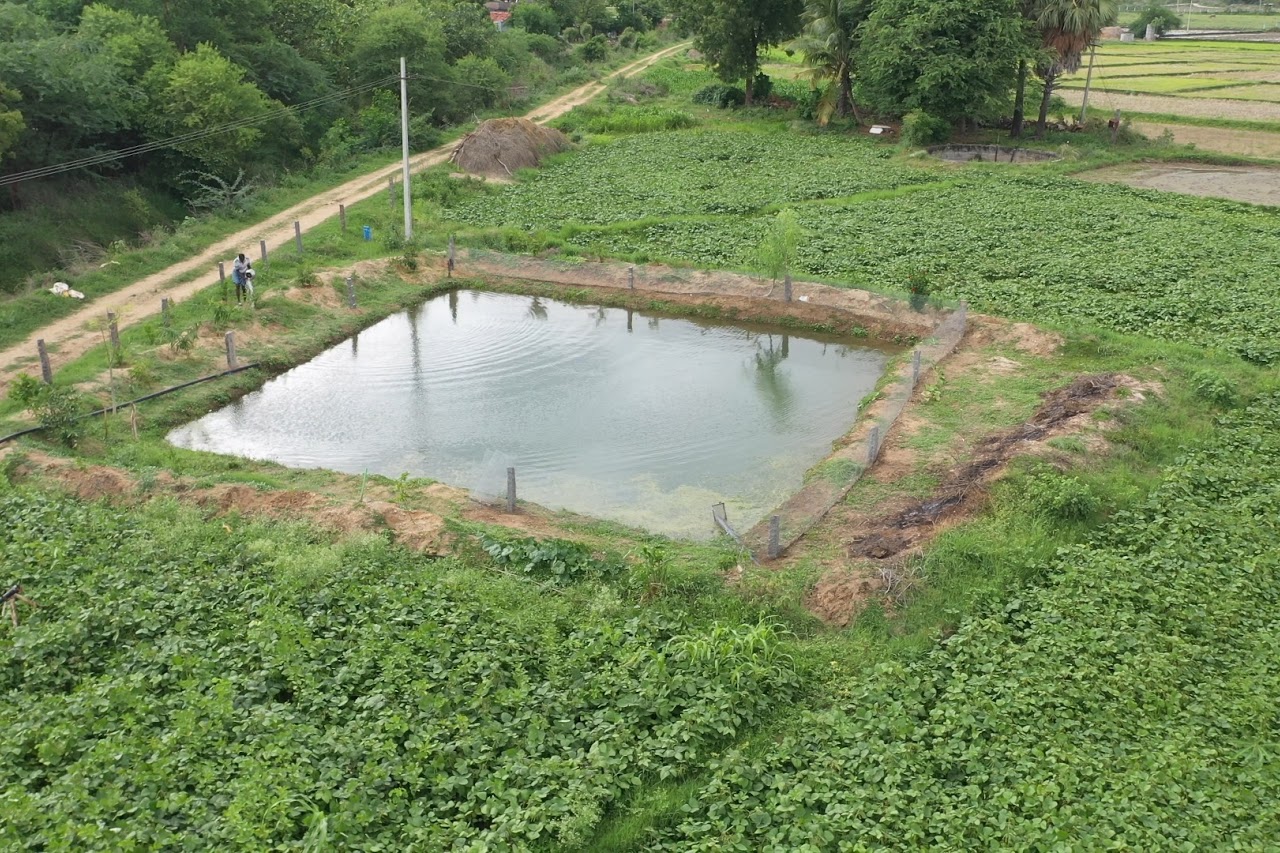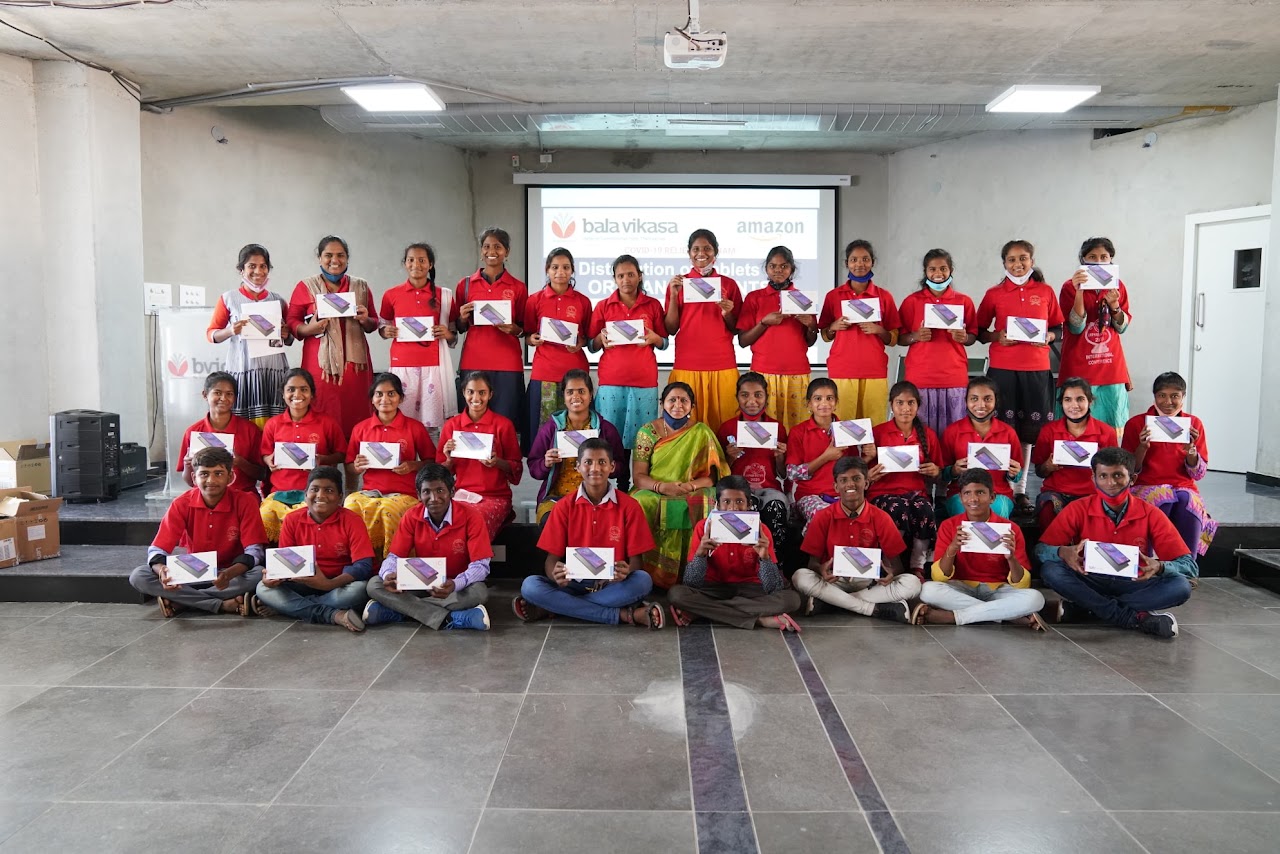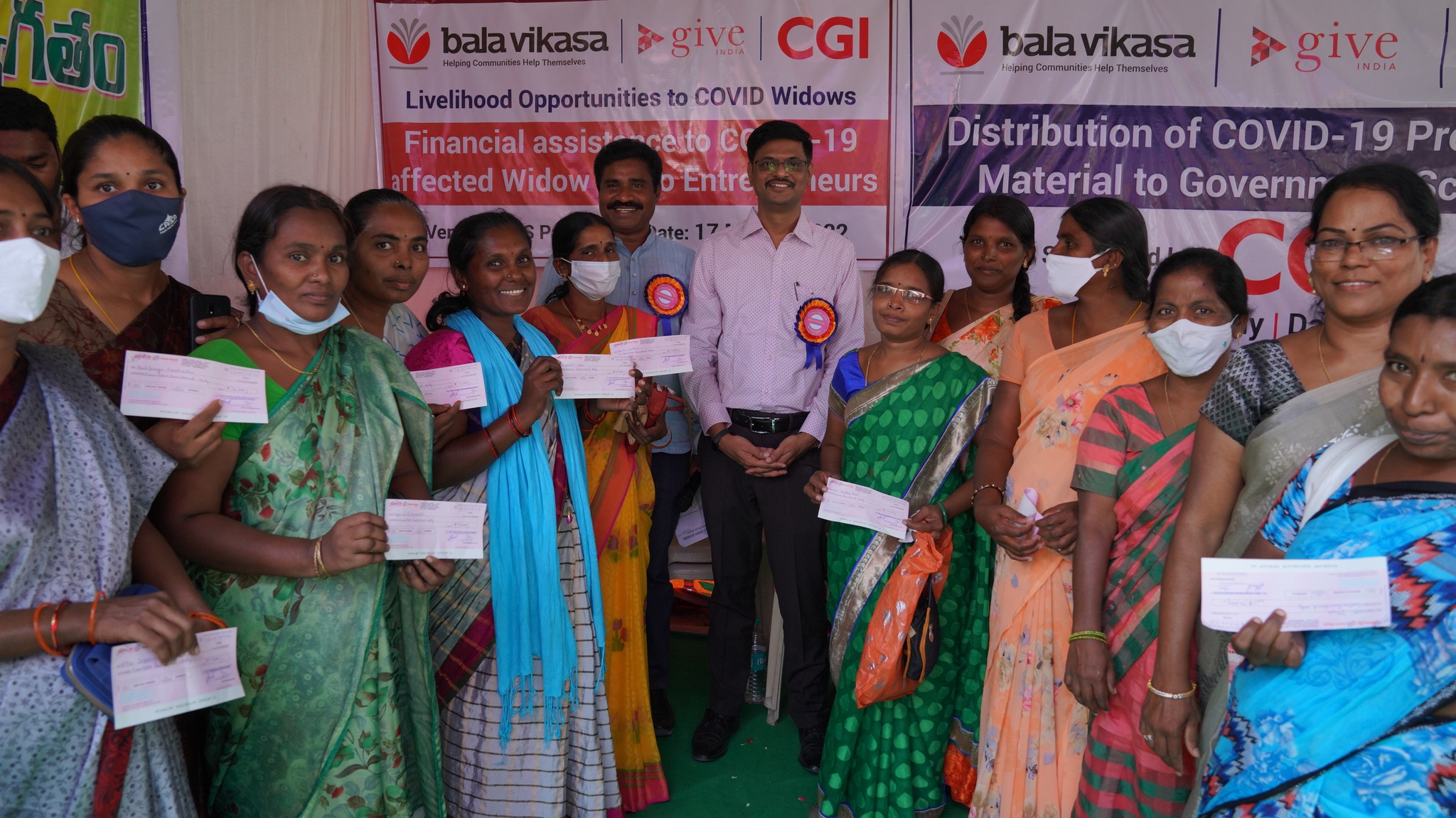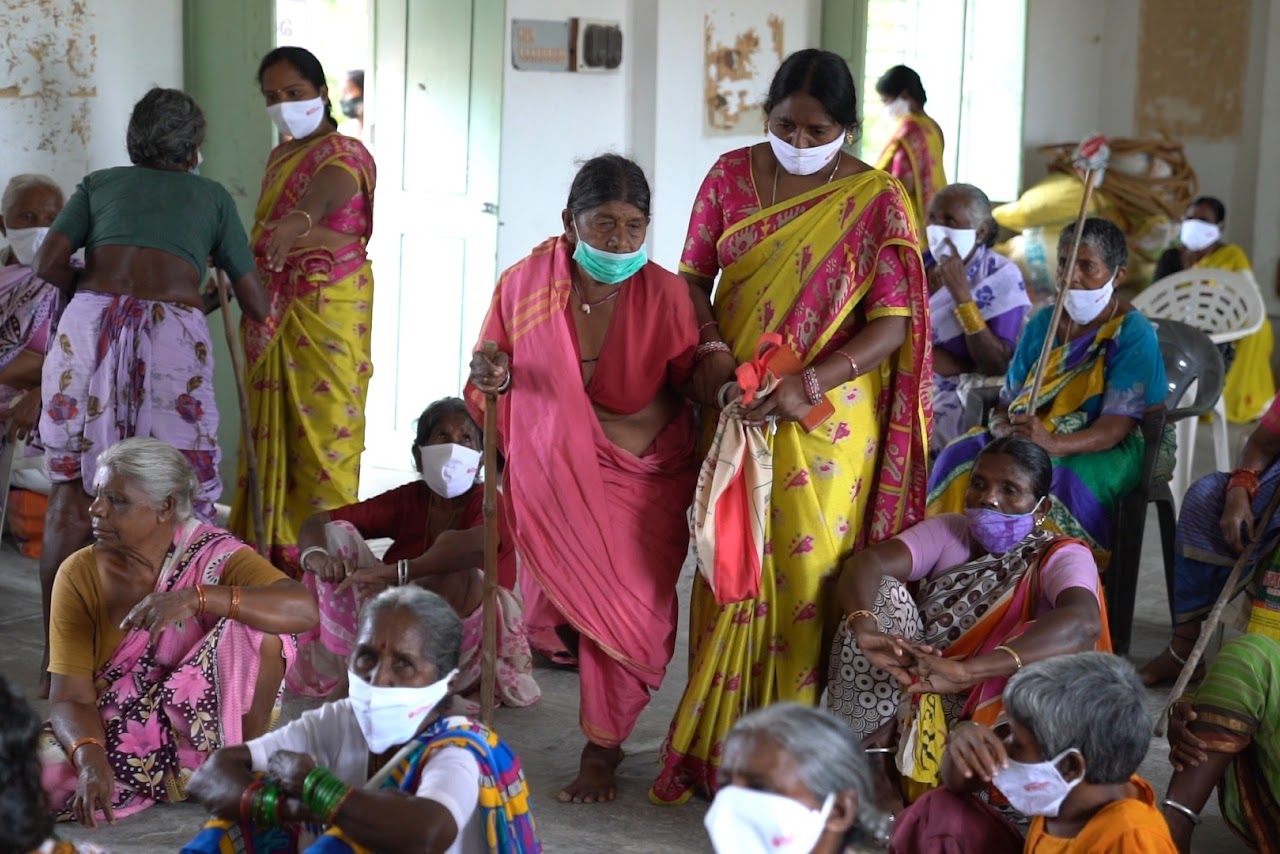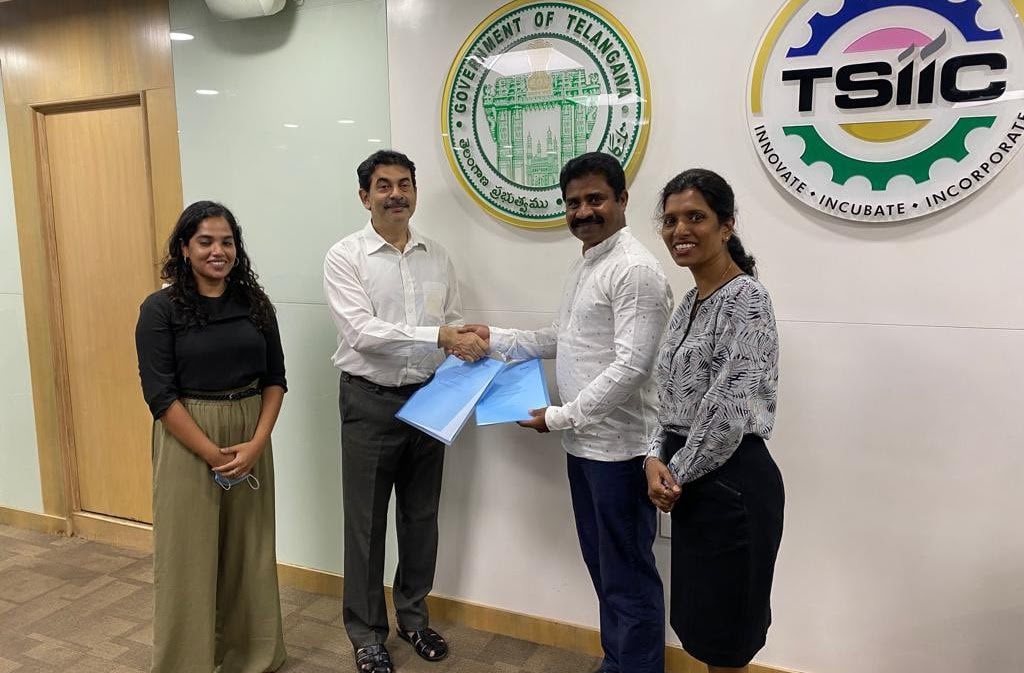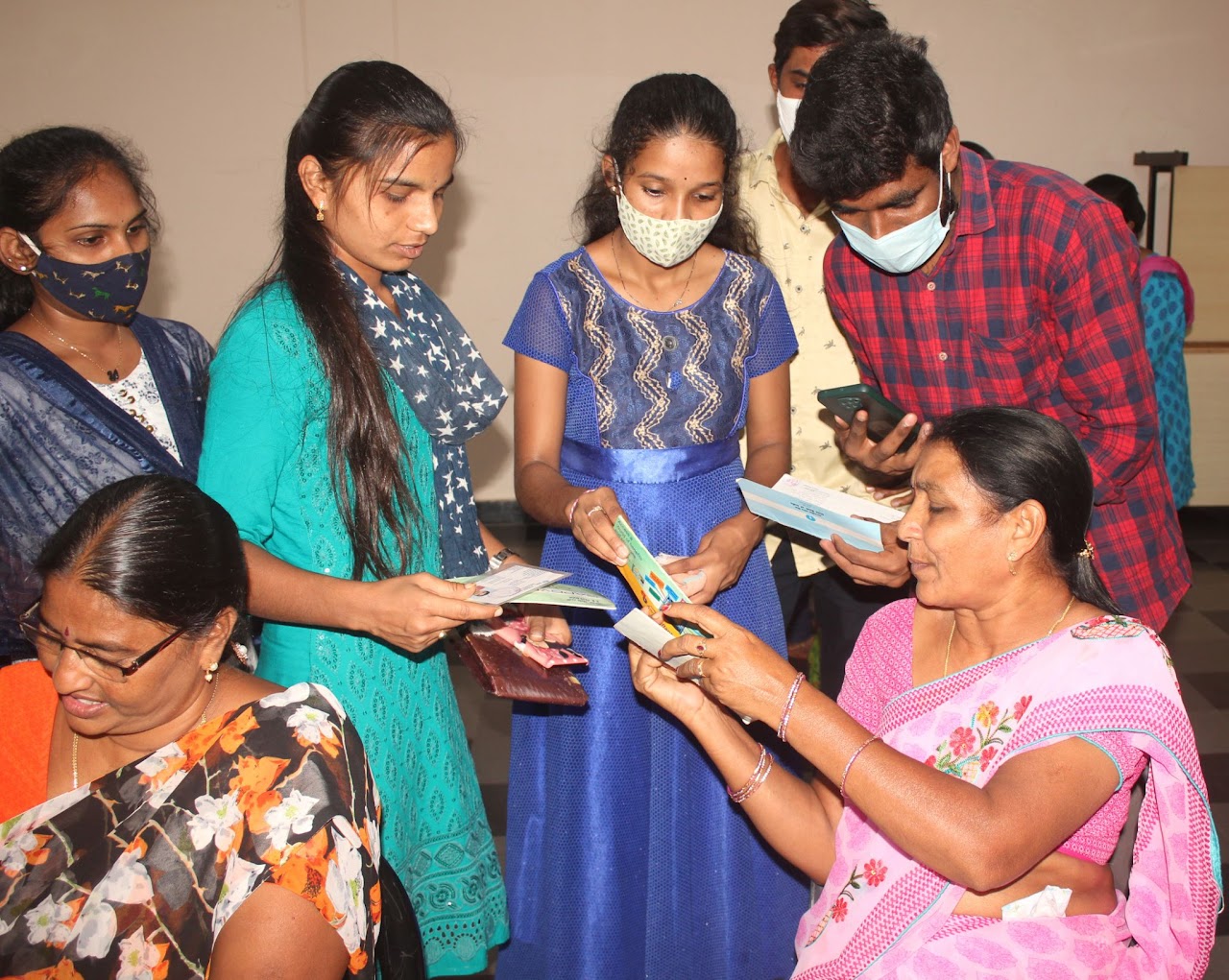Social Entrepreneurship: Model For Inclusive Development Or Another Fad Waiting To Wane Gradually
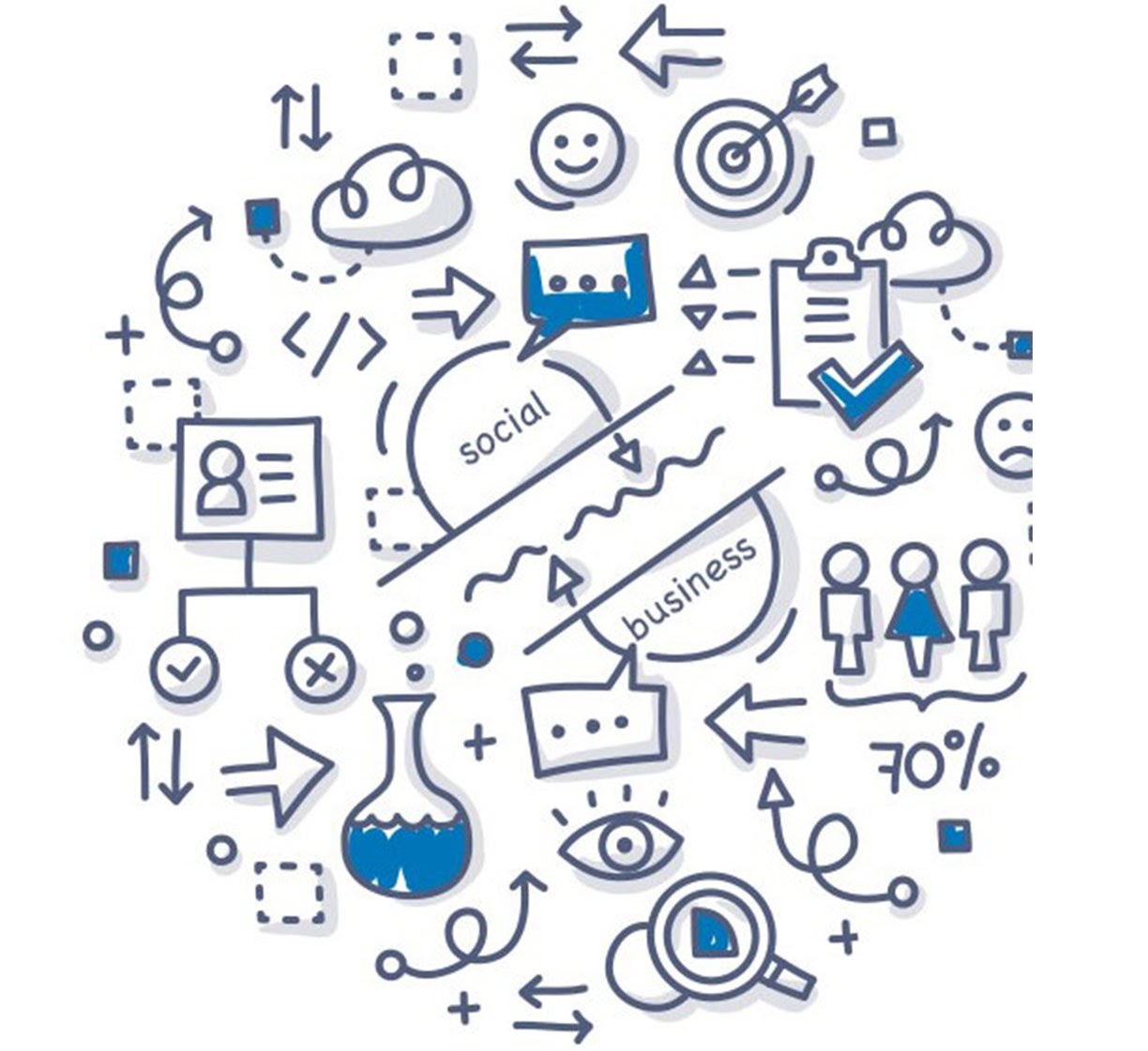
Social entrepreneurship is a complex concept as it tries to combine two, seemingly, opposite objectives viz profit and social good in the same term. This term most likely evolved to address the systemic inequality that existed in societies as businesses have traditionally been and seen diagonally opposite to social good. In fact, wealth creation has been seen as evil and wealthy as devil due to its unequal distribution in society. Though, business and wealthy supported the social good through charity or philanthropy, especially in countries where inequality persisted in every aspect of daily life. In other words, social good and business followed very different paths by very different kinds of individuals. Social Entrepreneurship was therefore proposed to explore and categorize businesses, albeit very few at that time, which can achieve social good and impact through business. Or create wealth for society and not just for business shareholders alone. Once the concept was coined and propagated, definitions started to come about. Social entrepreneurship has been defined by identifying the kind of capital deployed to run the business (social capital, community capital, patient capital), or by balance between profit and impact, with impact taking priority over profit (by limiting and distributing any profit made beyond a particular margin).
Some definitions consider primary customers (BOP, underserved and unserved sections of society, marginal communities) of business to make a distinction between usual and social businesses. All such definitions are contextual but one important thread that runs across all is the “primary objective” of setting up the business in first place. If primary objective is social good, any business with any kind of capital, serving any kind of customers and making any kind of profit can be termed a social business. In simple terms, it is a cause driven business. It is important that such a business has clear business model and profitability, to be termed as social business, else it is a social service organisation, or an NGO as popularly known in India.
Interestingly, India always experienced social entrepreneurship in the country, though it was not categorized or named in as many words. Early Indian industrialists such as Tata group and Birla group had clear focus on social impact and community development integrated in their business philosophies. As they incorporated social inclusion in the way they conducted their businesses. Hence, in addition to definition, it is important to understand how Social Entrepreneurship is observed and implemented in real life. And that might serve as an indication of why social entrepreneurship is an intricately woven concept, still evolving and garnering interests from various stakeholders of society.
Over the last few decades, researchers and academicians have studied several social business models in action that are mission centric or cause driven, with sustainability built in. It is another discussion that not all will strictly follow the definition of a business. Nevertheless, they still describe models in which “cause driven” businesses are operating sustainably. The basic categorization of business model or operating model can be done by understanding core activities leading to financial sustainability and achieving social good in the process. There are three major business models in place; 1) Embedded, 2) Integrated, and 3) External
If core activities of a business lead to both revenue generation and social good, it is called an “EMBEDDED” business model. In Indian context, the example would Amul India Ltd, an organisation which was set up to benefit small and marginal farmers, including women, in rural areas. Amul’s activities are centered to generate money for both organisation and rural communities, which otherwise do not have significant income from other sources. Another relevant example in Indian context would be of a “microfinance” company, which operates to provide access to small sums of money to communities and population otherwise excluded from formal financing institutions such as banks or finance companies.
“INTEGRATED” model leverages the same assets or activities to generate revenue and create social impact by utilizing the assets or capabilities differently for financial sustainability and social good. There could be different activities or different pricing for paying and non-paying customers. Aravind Eye Care Hospitals and Narayana Hrudayalaya are examples of an integrated model, with a mission to make healthcare services affordable to all sections of the society. These institutions depend on paying customers to generate enough resources, which then help them partially subsidize the treatment costs for people who cannot pay. Similar models can be found in school and college education where high fee is normally charged, but conditional scholarships or fee waivers are offered to make education affordable to relevant stakeholders. Important consideration in integrated model is the condition that quality or kind of offering remains same irrespective of the consumer.
The third kind of business model observed is somewhat like traditional social service organisations or philanthropic foundations. This is termed “EXTERNAL” and undertakes different business and social activities. The business activities are conducted with objectives of generating revenue, which then is channelized to fund social activities of the business. The social component of the business is not sustainable on its own and hence necessitates funding support from other operations of the company. A very apt example of such model would be Tata Group or Azim Premji Foundation. They are successful businesses but most of the profits are earmarked and spent for supporting social activities. The business and social activities are thus different in this category of social businesses.
As the social entrepreneurship sector evolves further and matures, there would be further development of tools to measure their performances and evaluate their impact. Academicians have already introduced techniques such as Social Return on Investment (SROI) to effectively capture the business returns on social business. Social Entrepreneurship as a curriculum is being introduced across educational institutions to encourage this brand of business building. And many start-up incubators have been established across India to support and promote development of enabling ecosystem for social ventures. All this augurs well for a concept, which still presents lot of puzzling challenges, yet offers a hope for sustainable socio-economic development of large swathes of Indian population. However, the success of this model will depend on how regulatory environment reacts and proactively supports aggressive adoption of this model. Mandated CSR act, and its subsequent amendments indicate efforts in right direction. And how many such efforts will be launched and how concerned stakeholders appreciate them will be interesting to observe.




